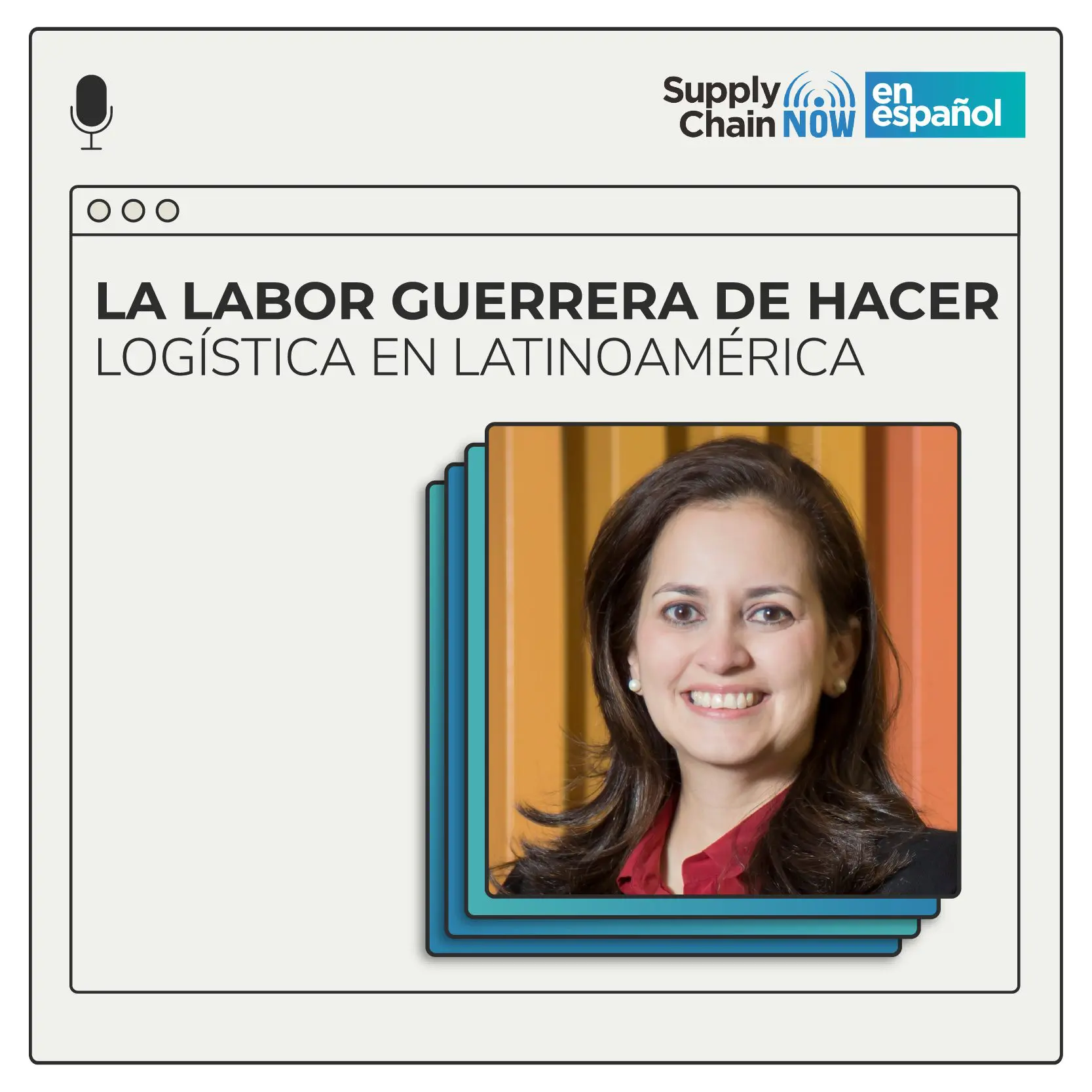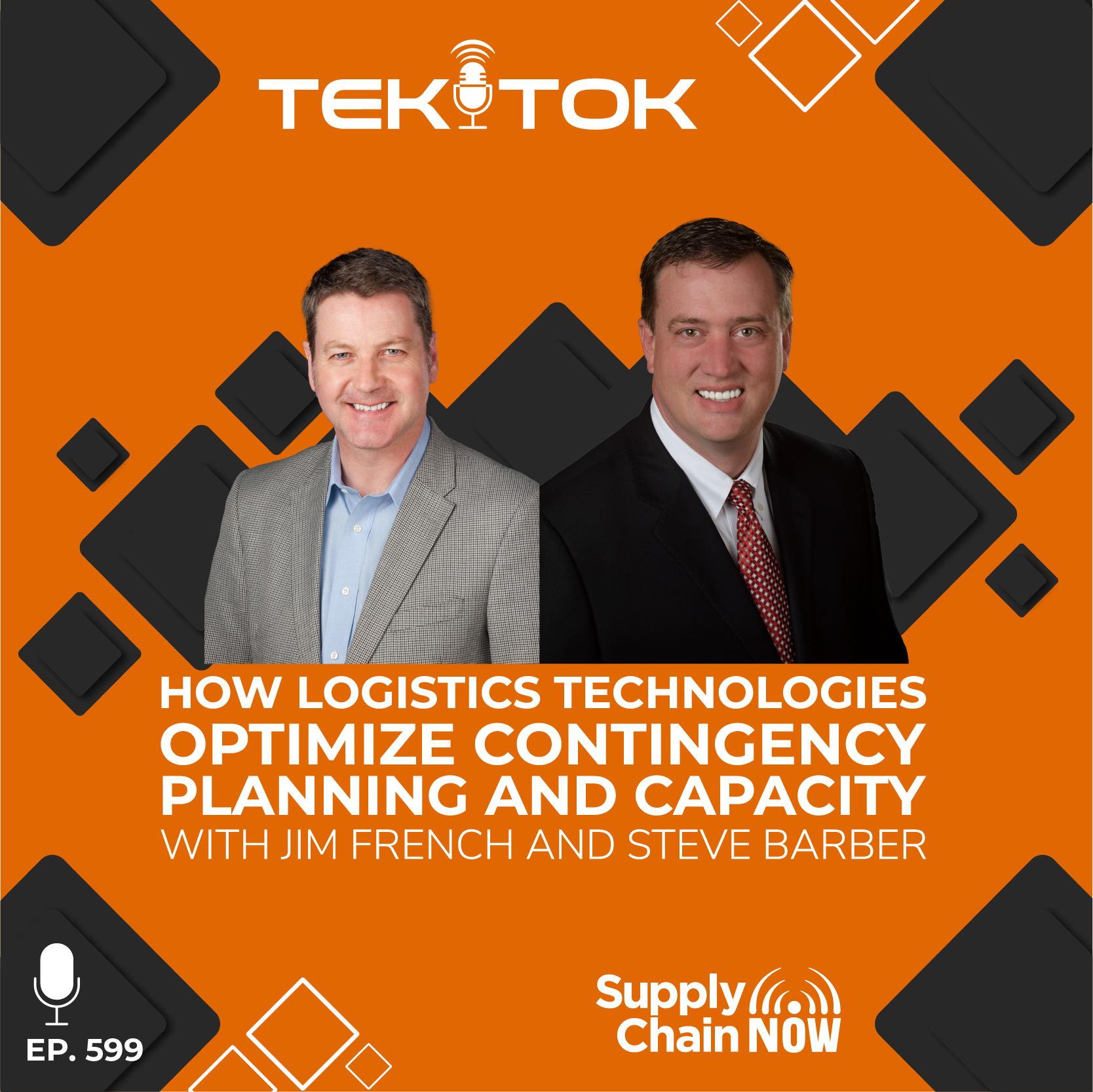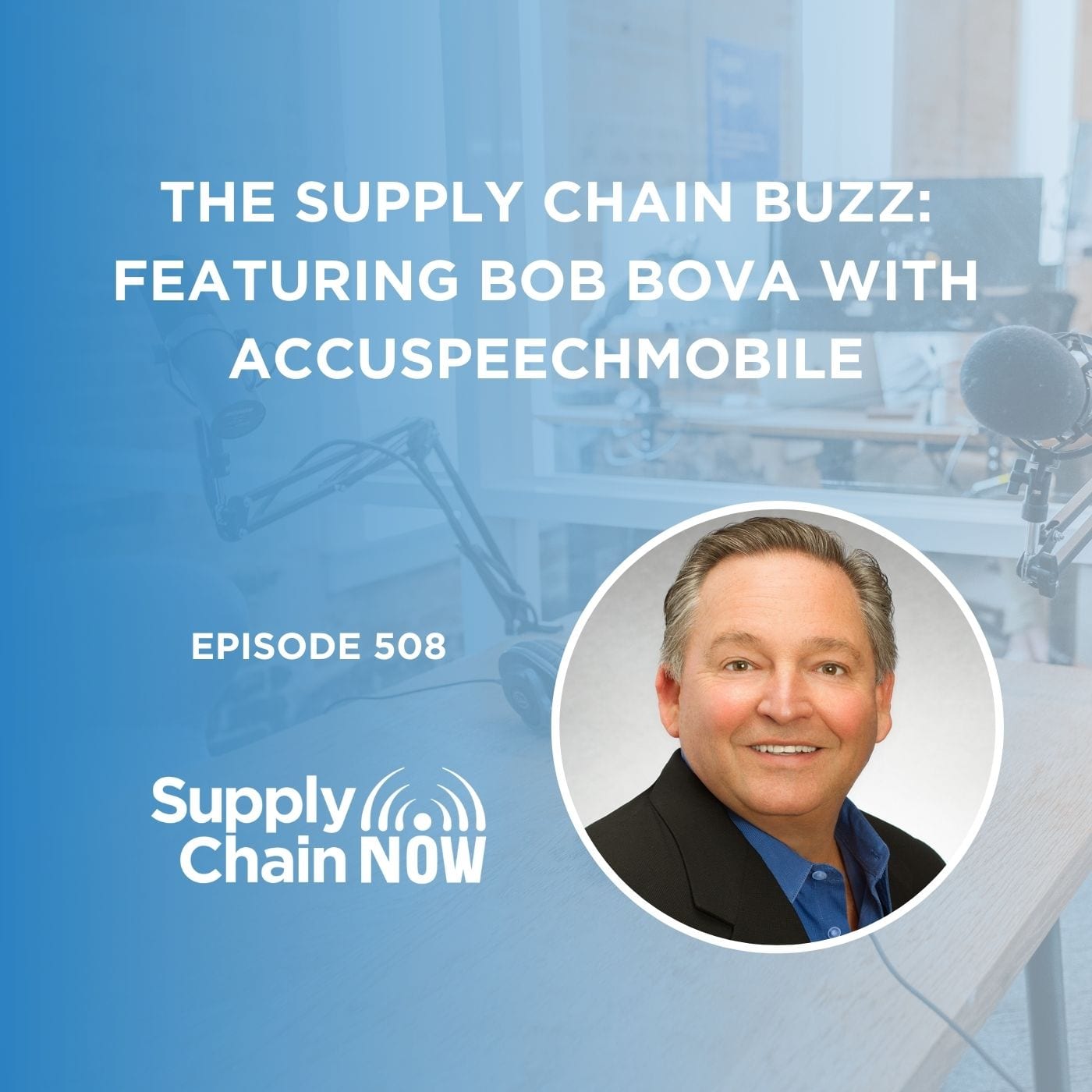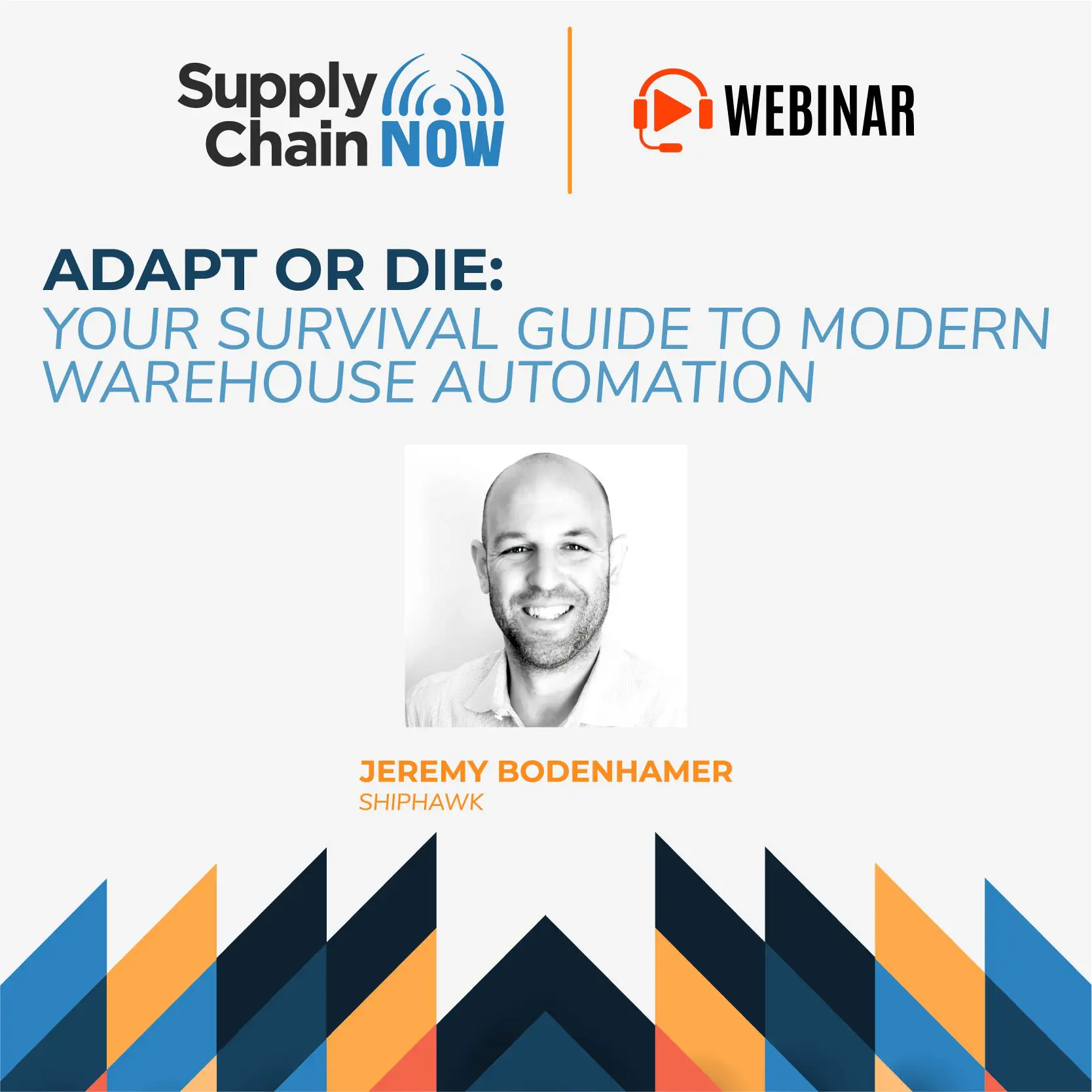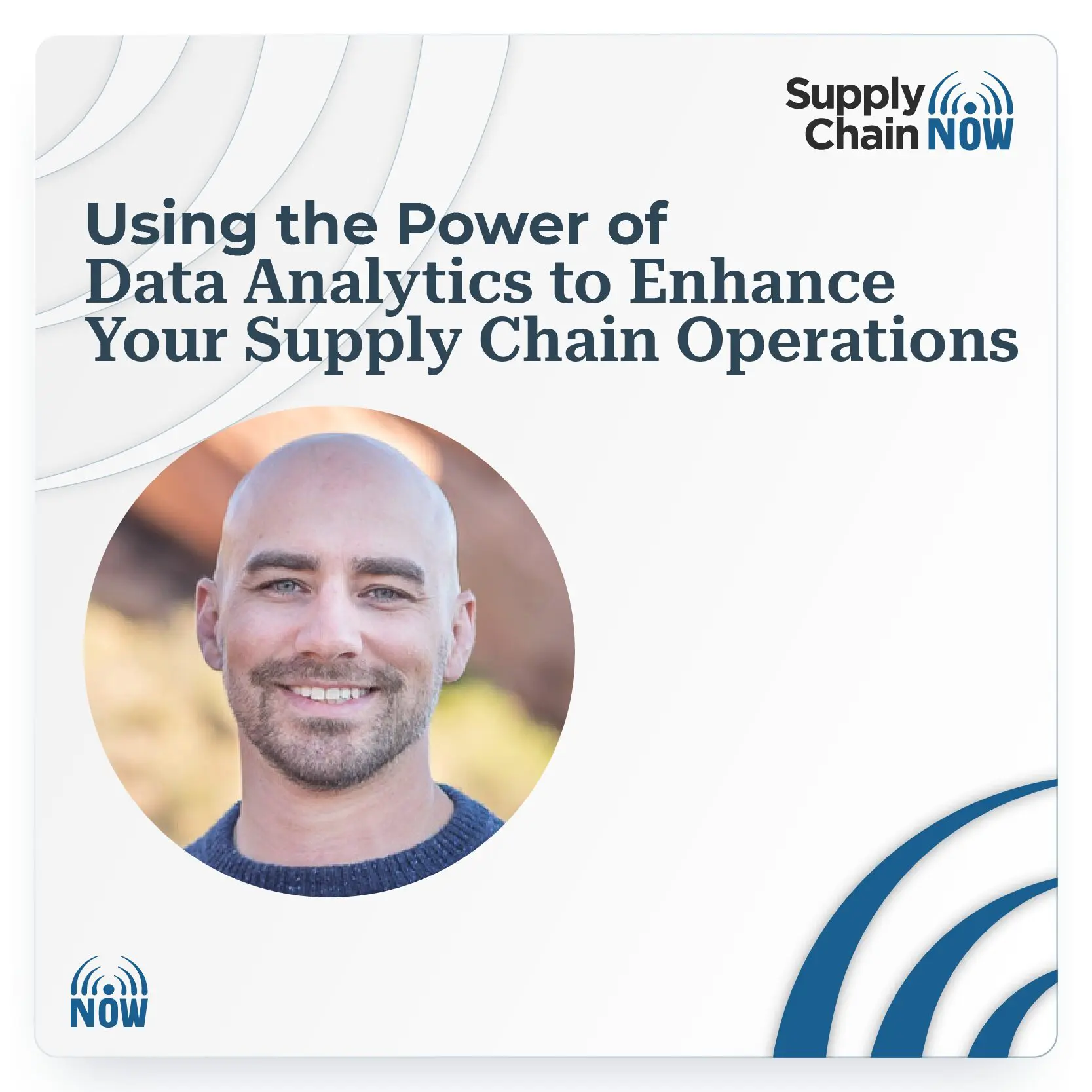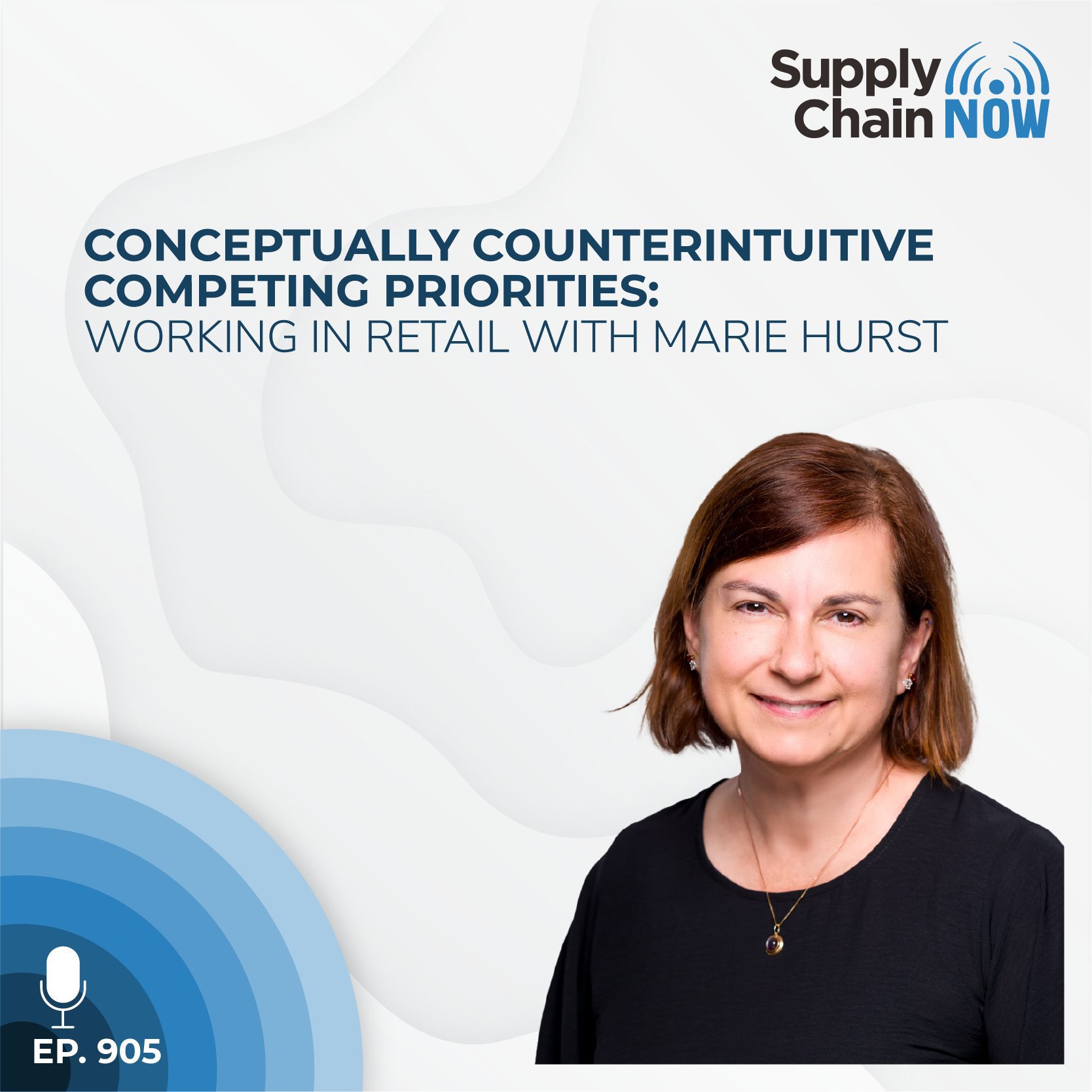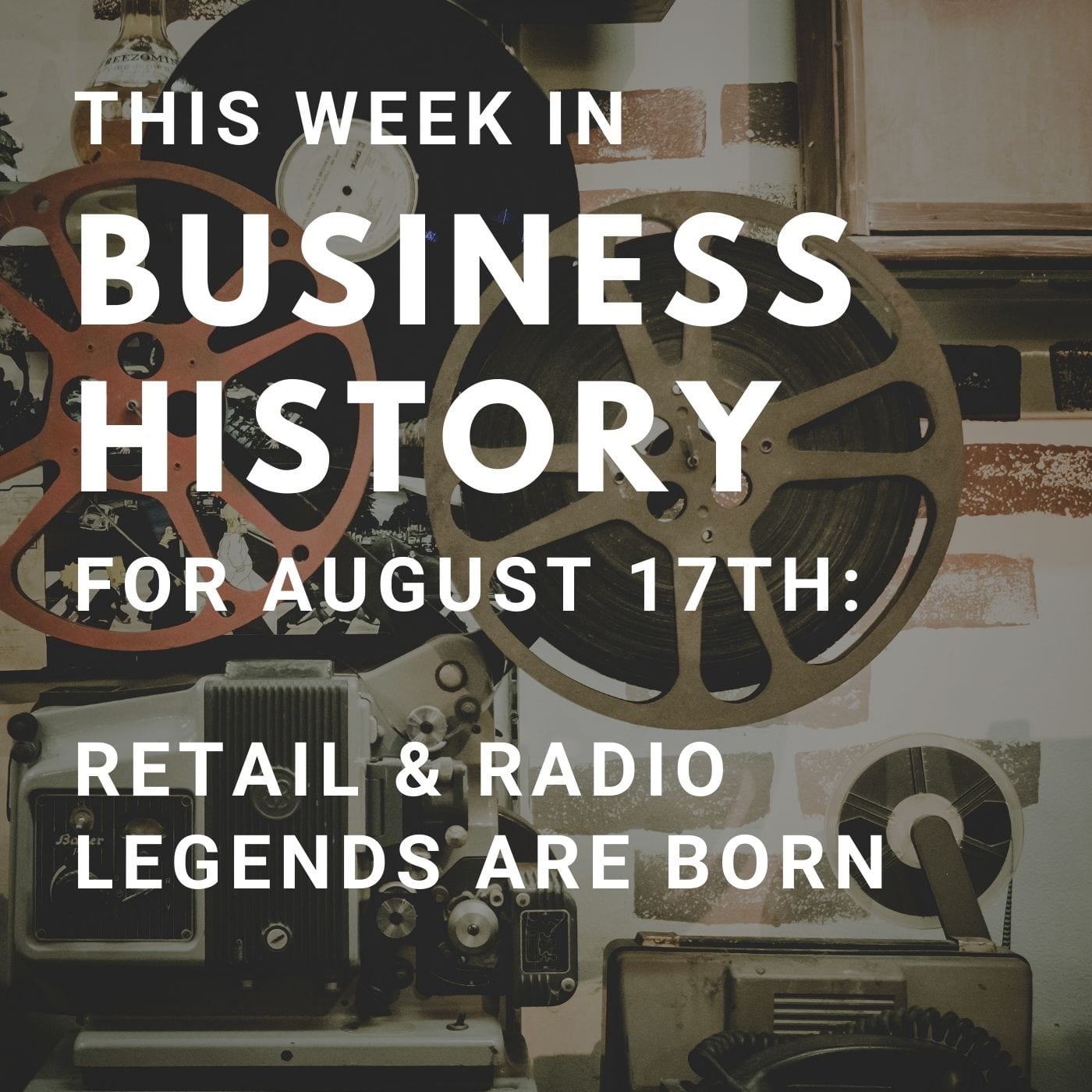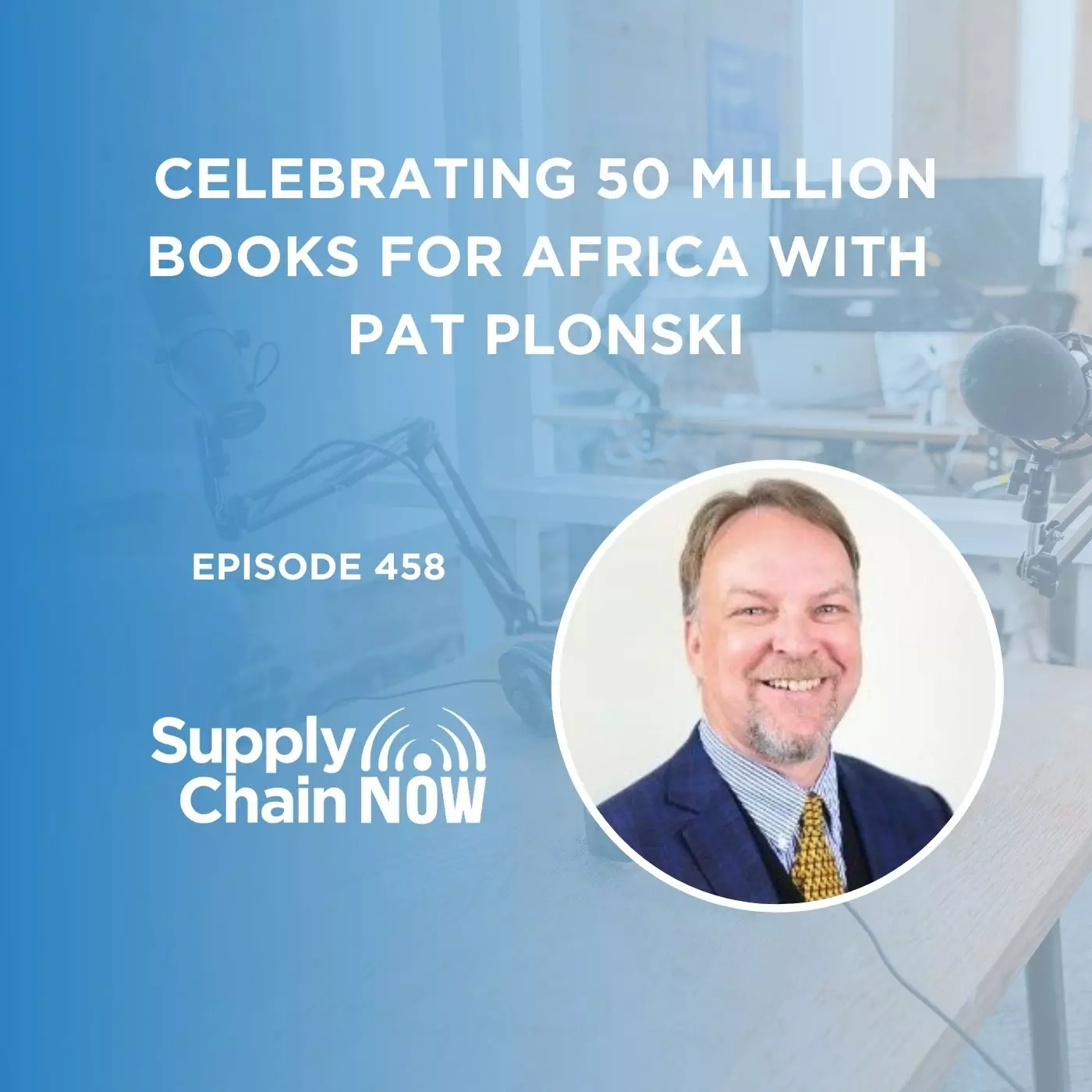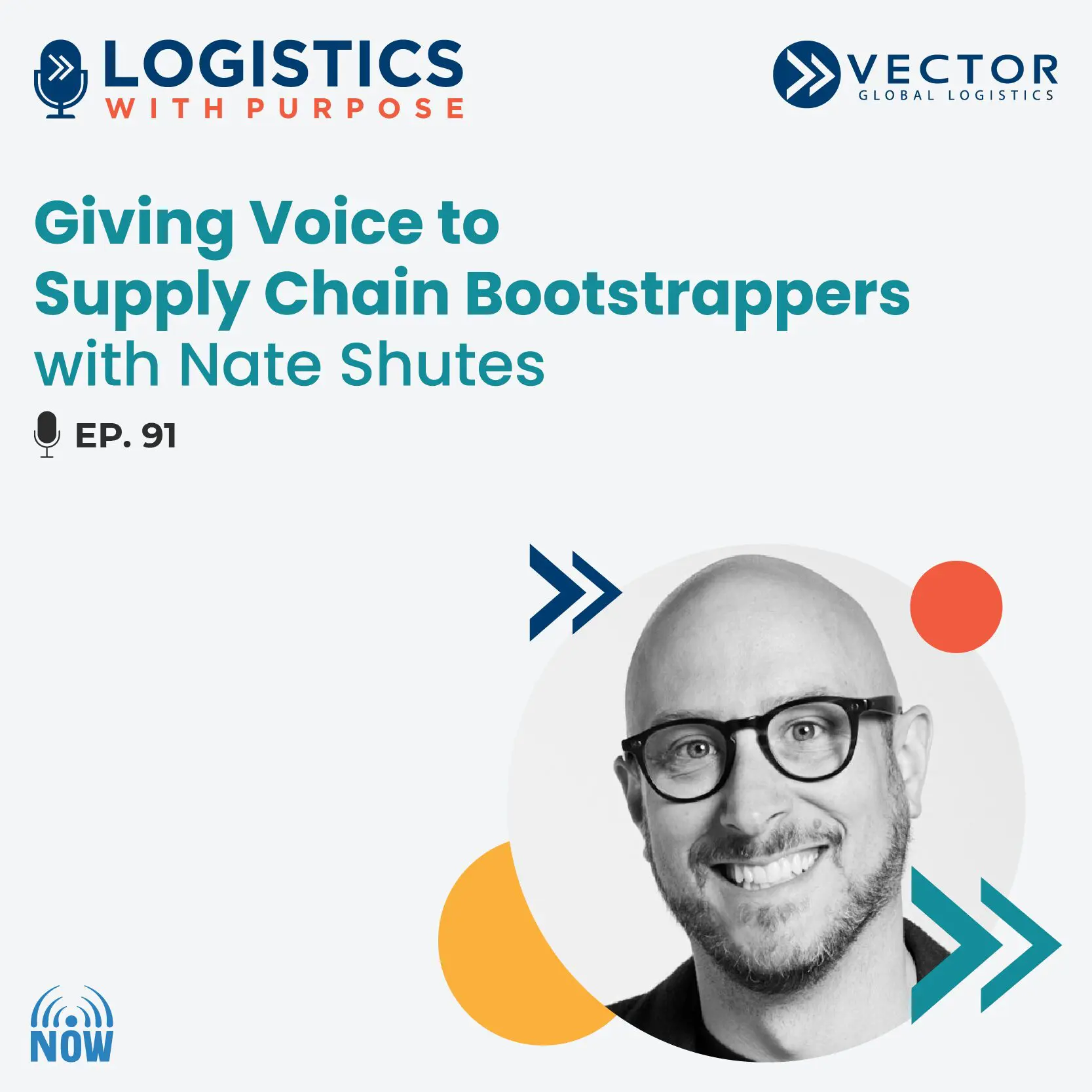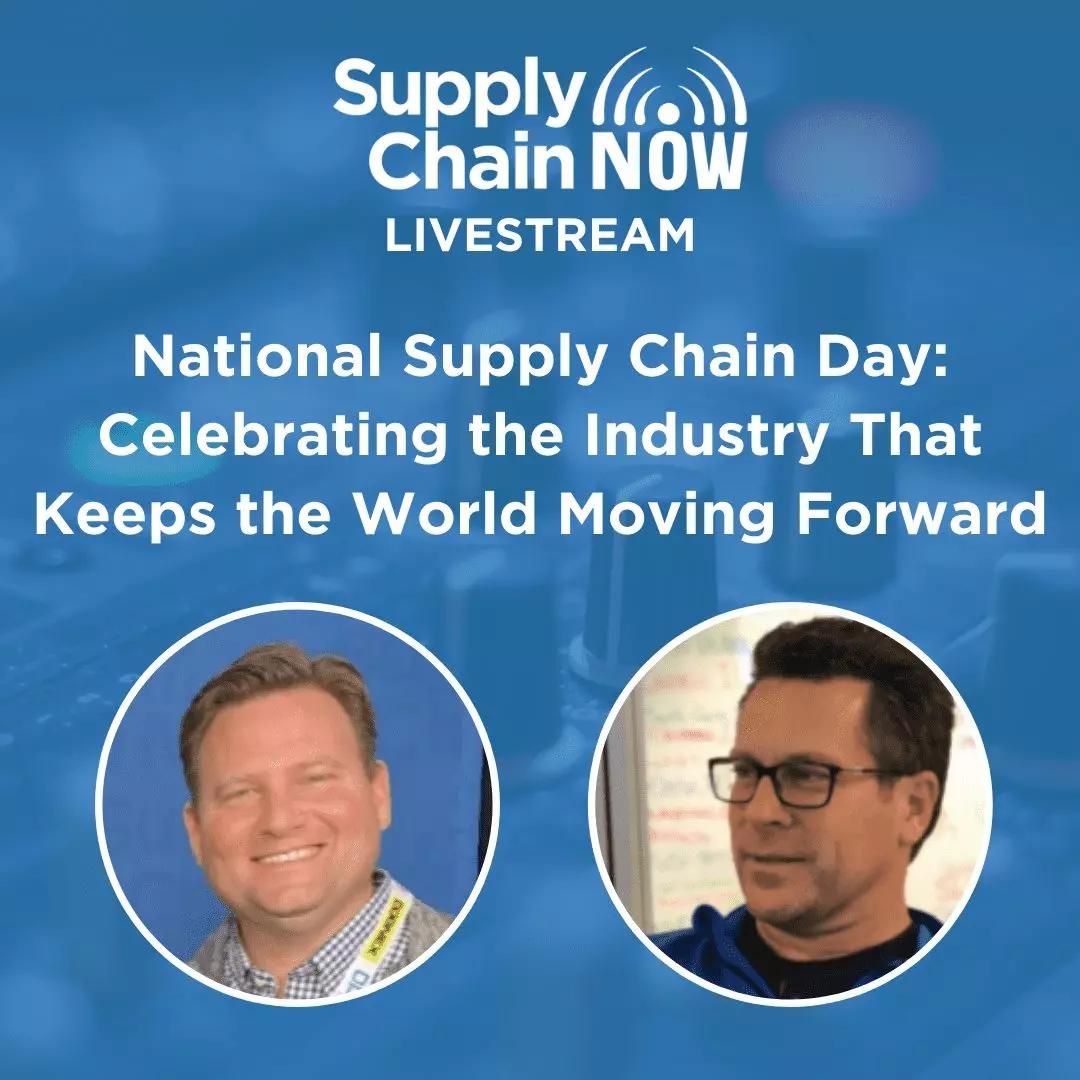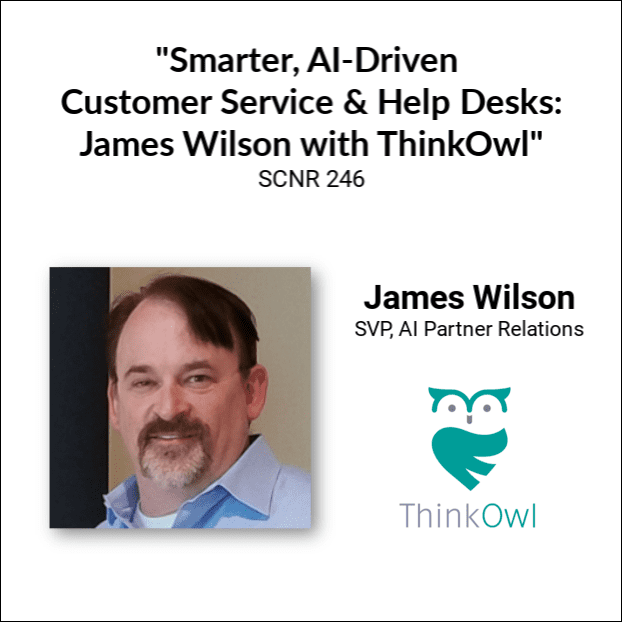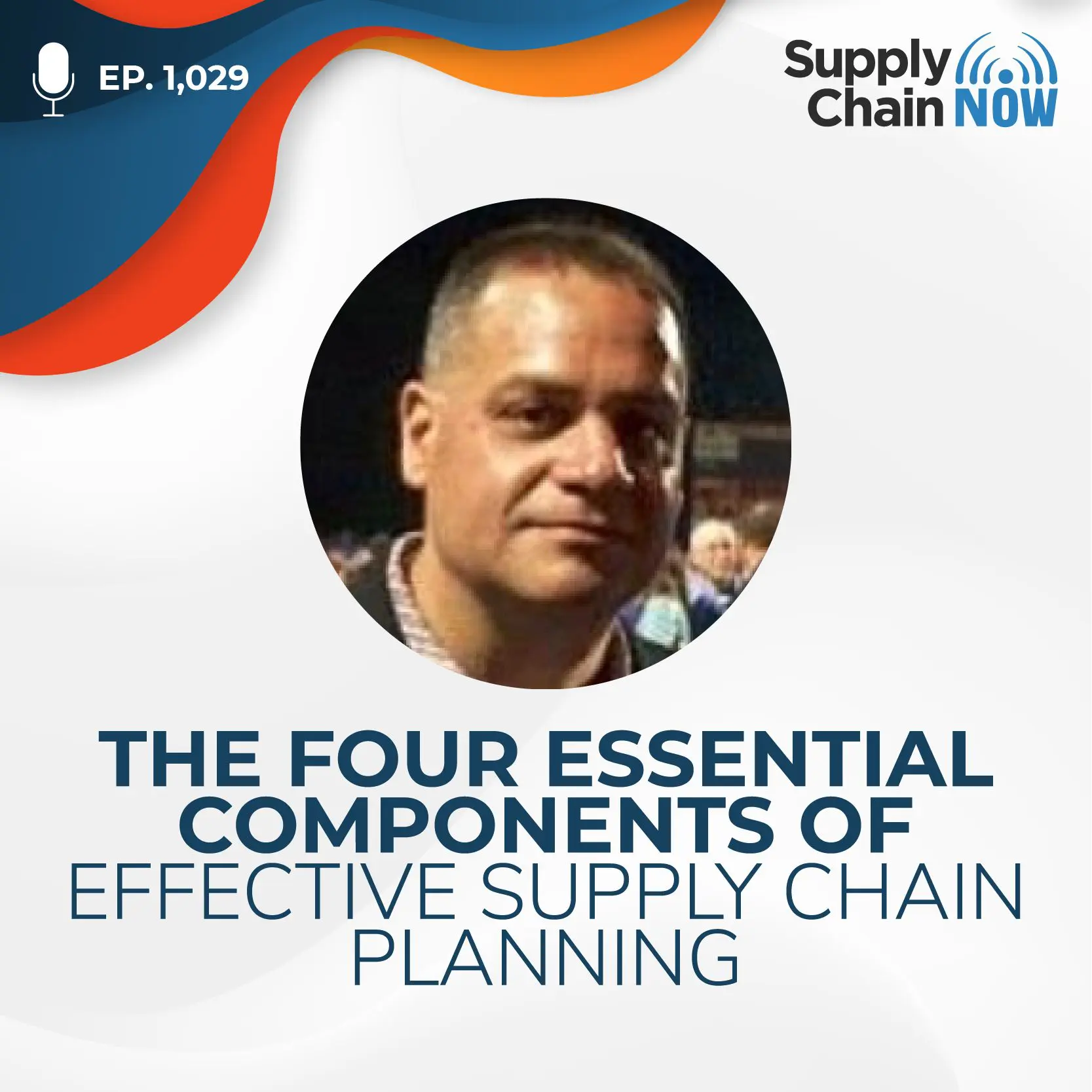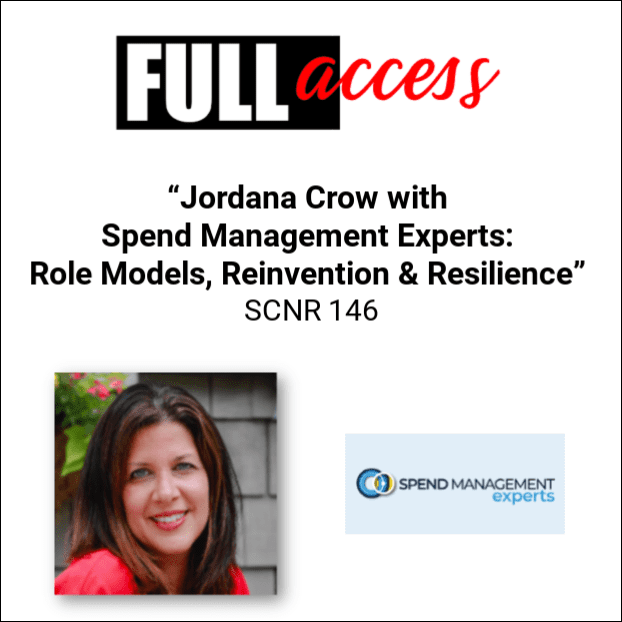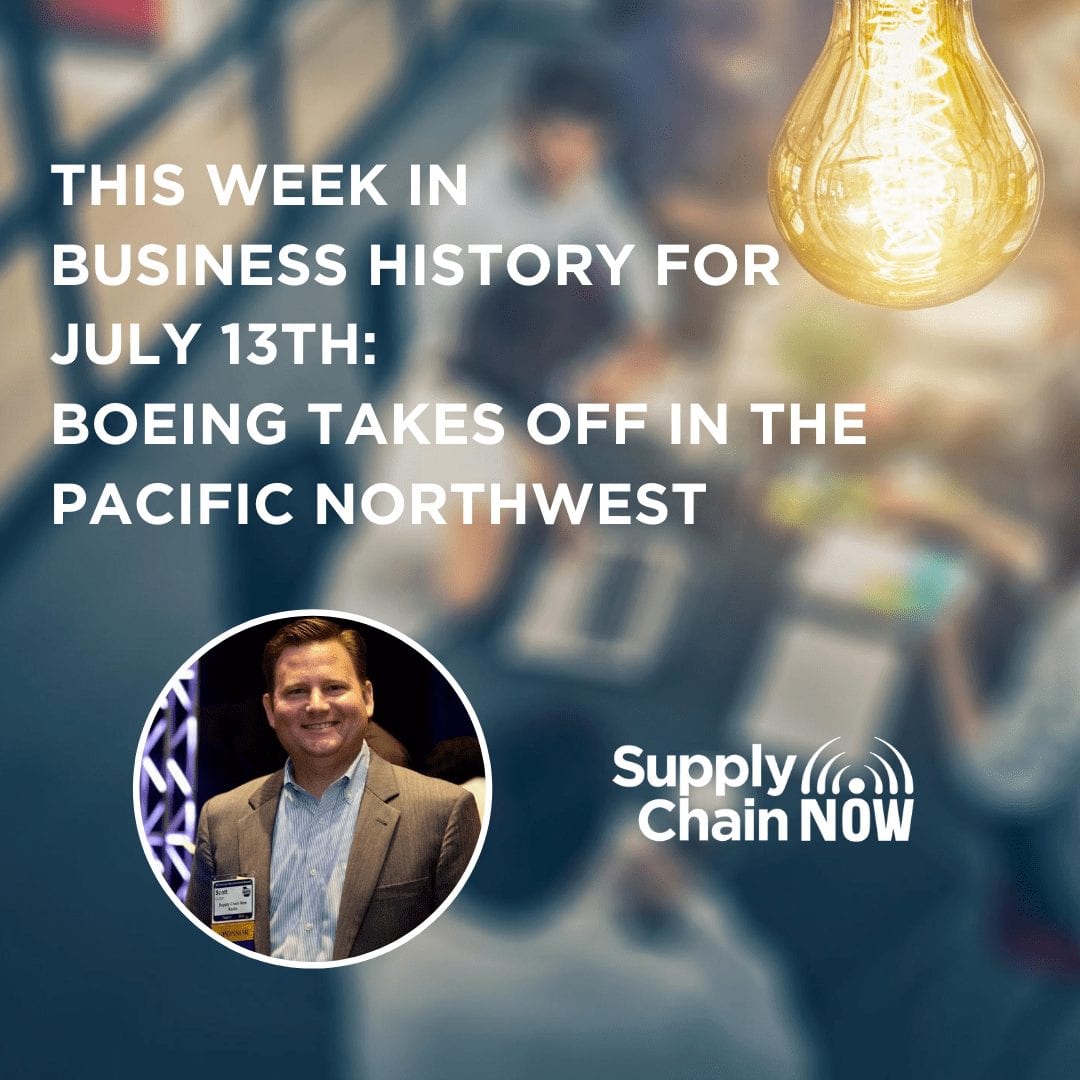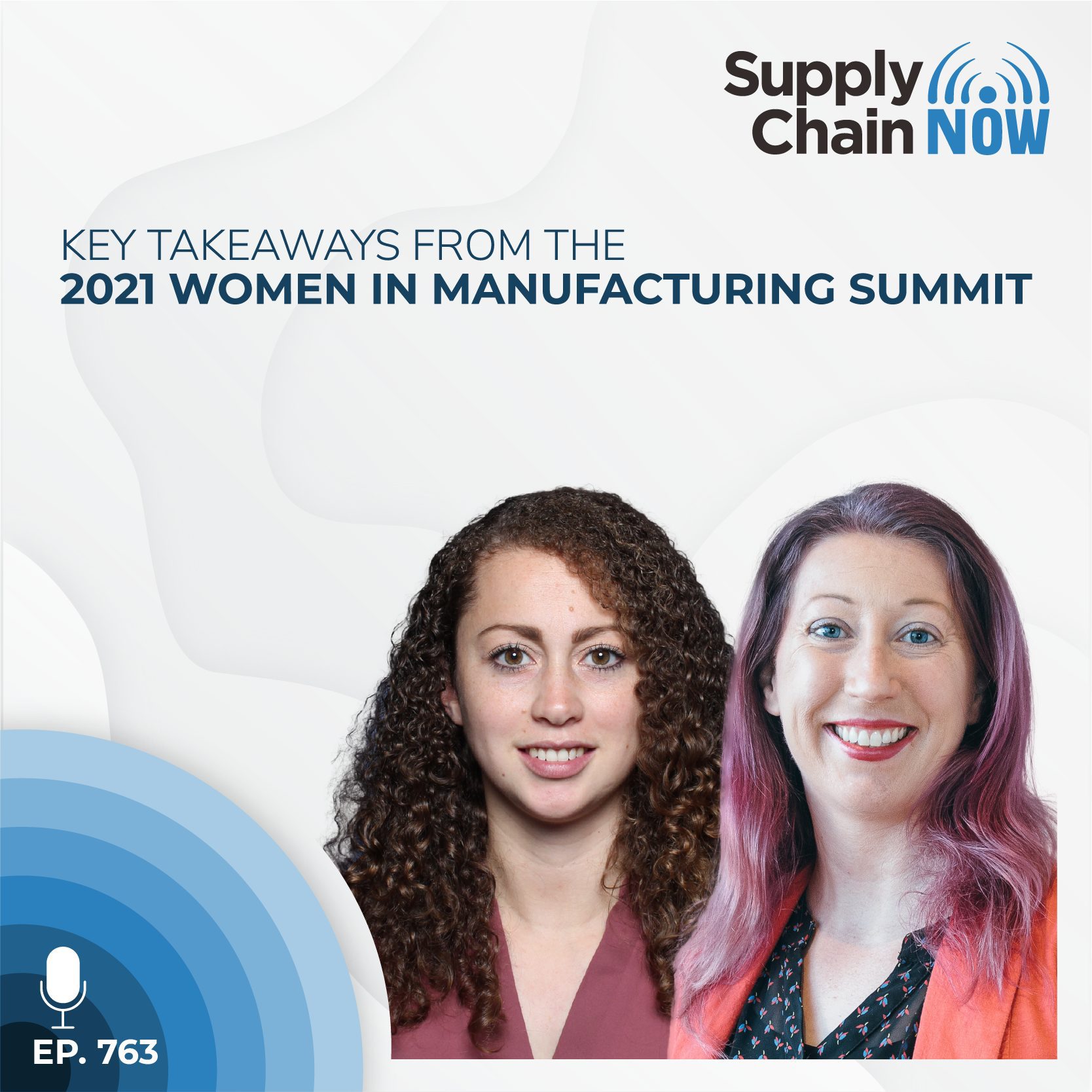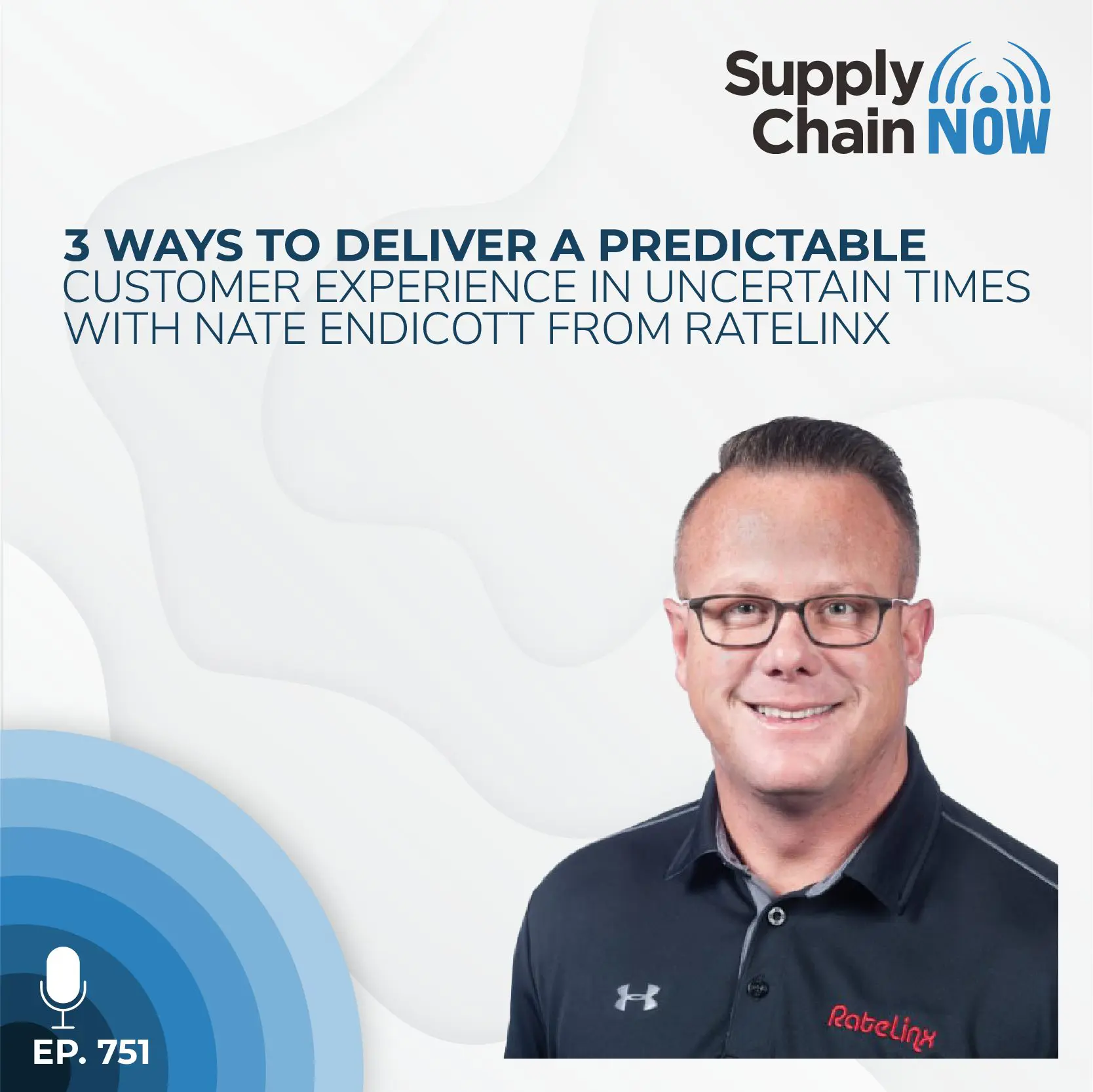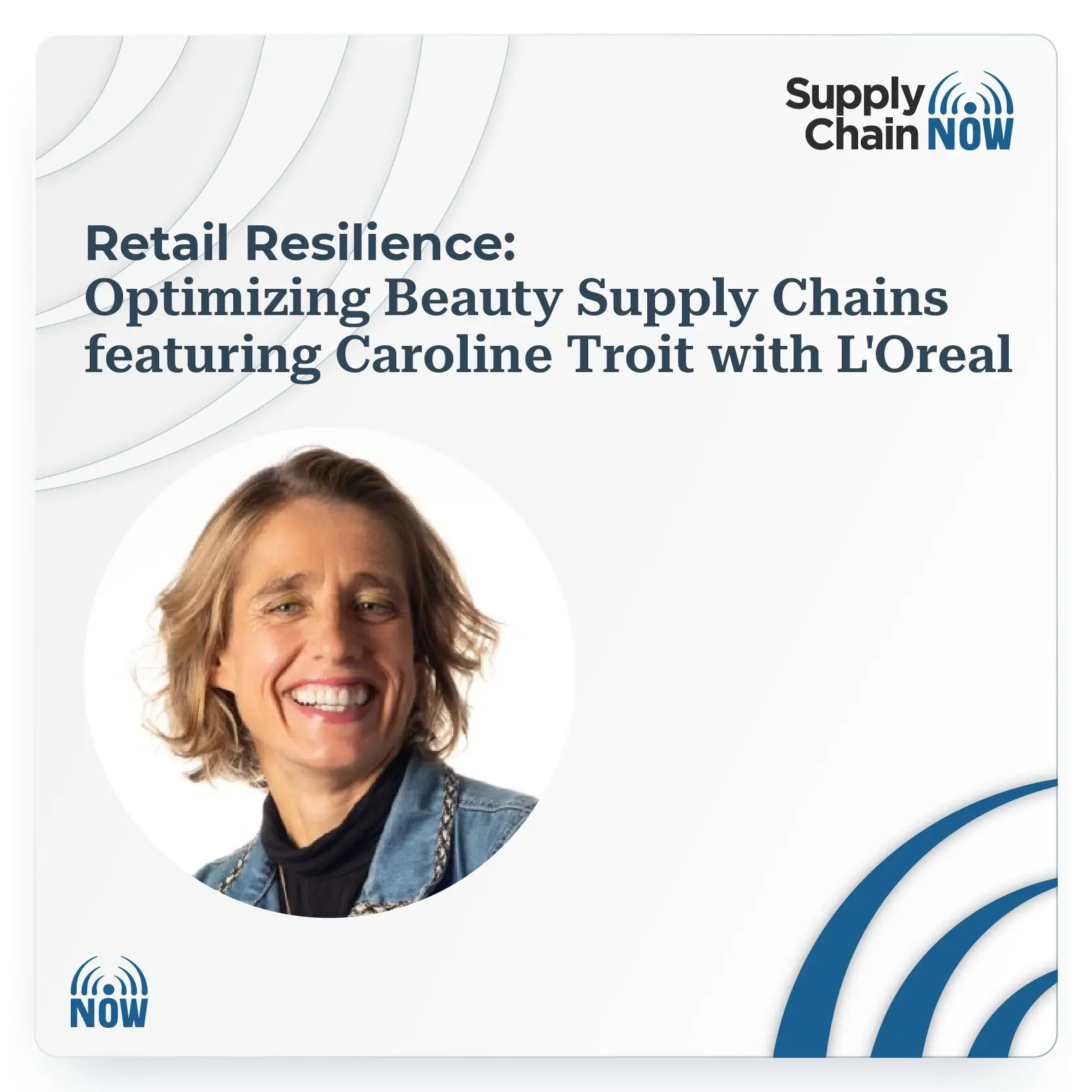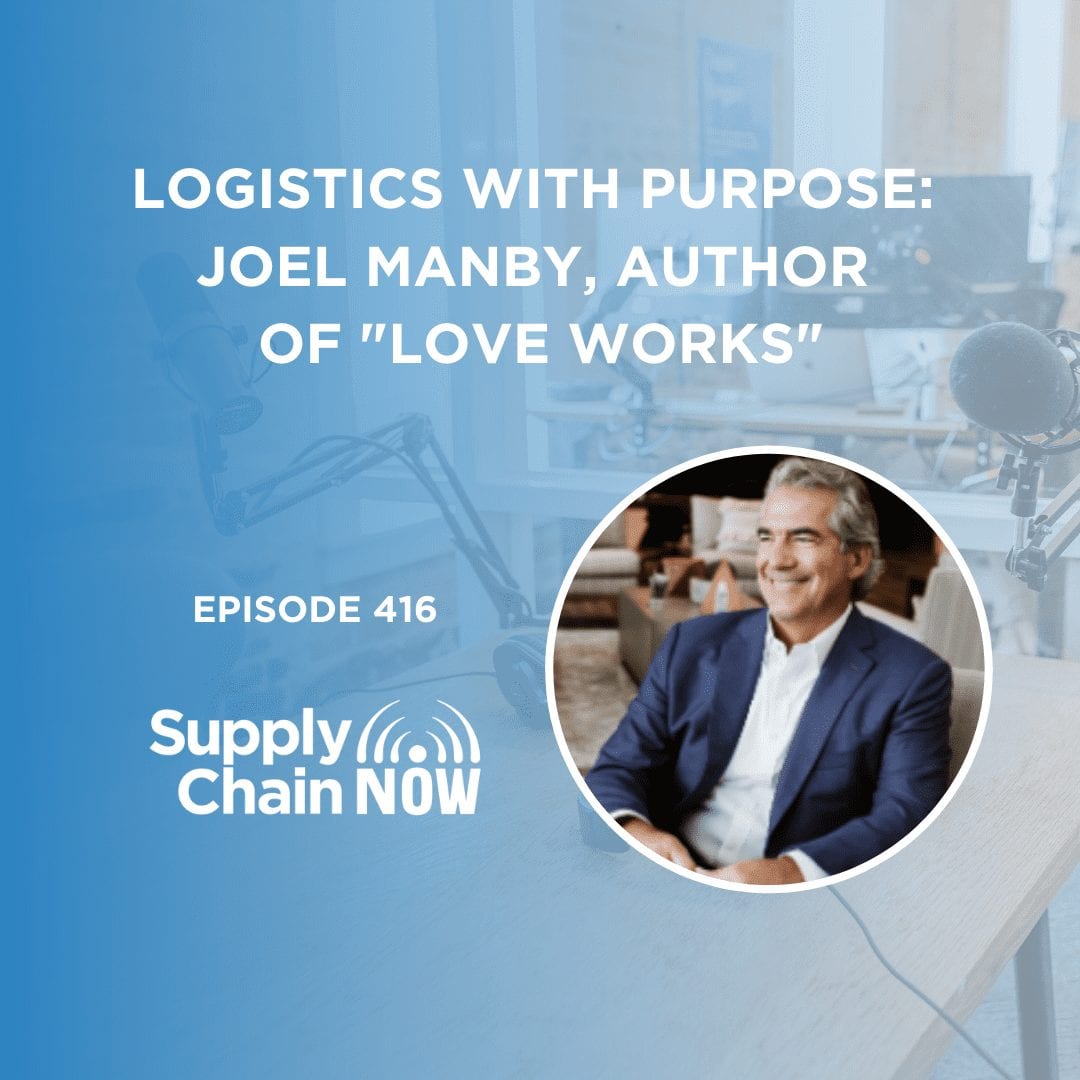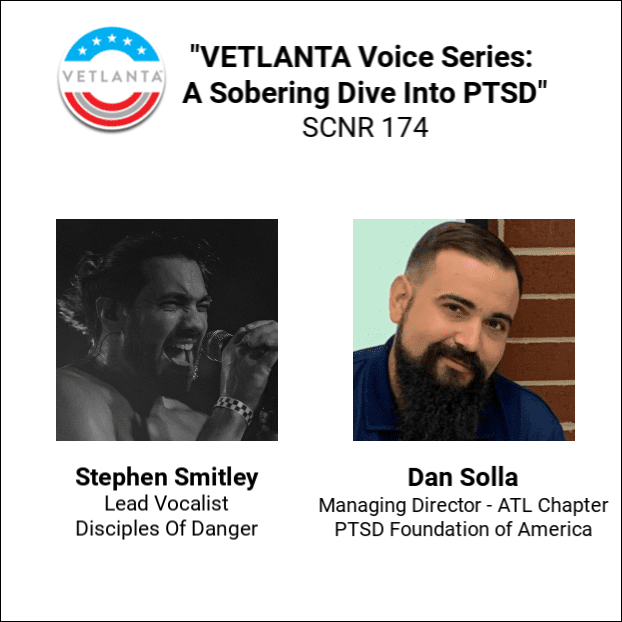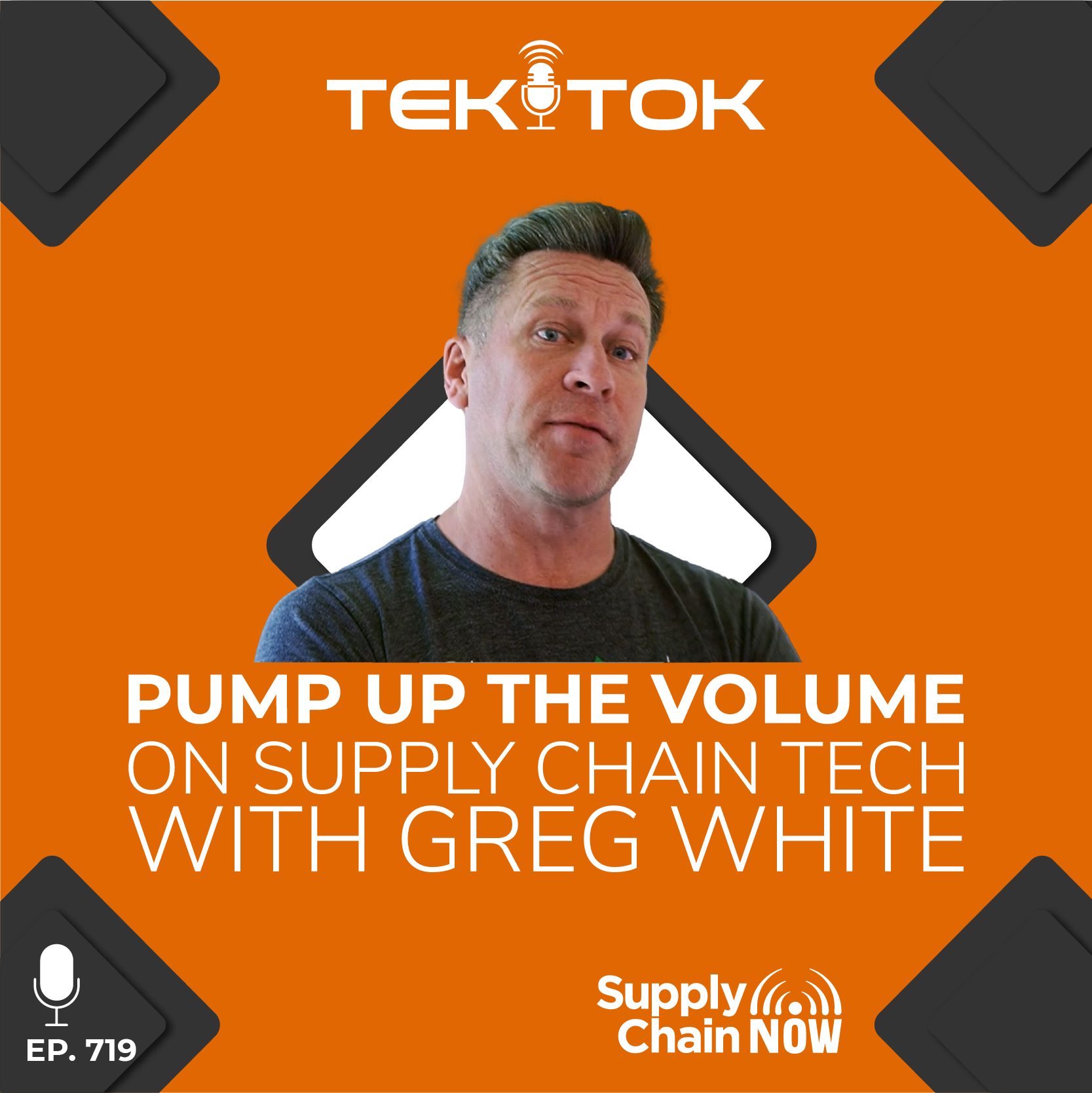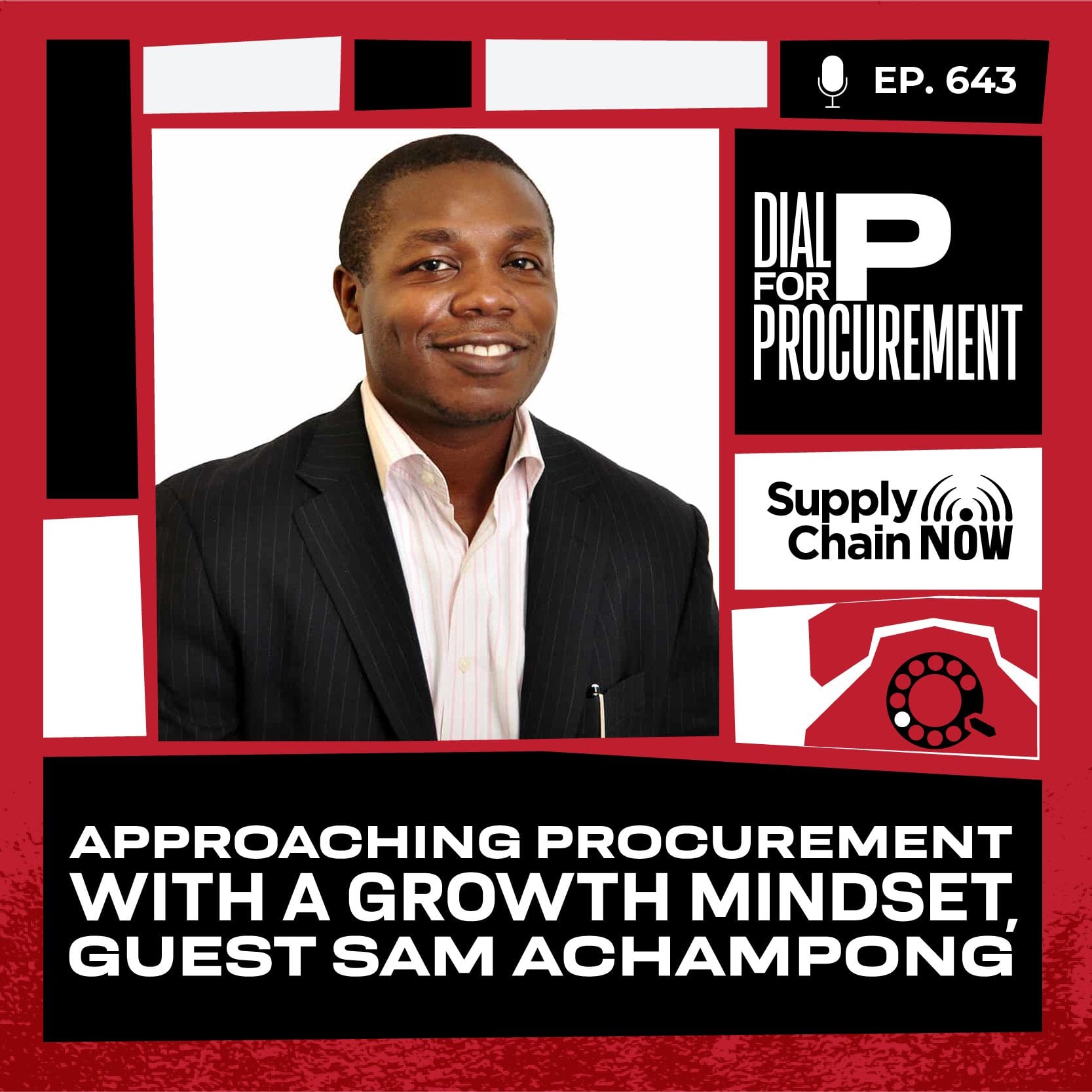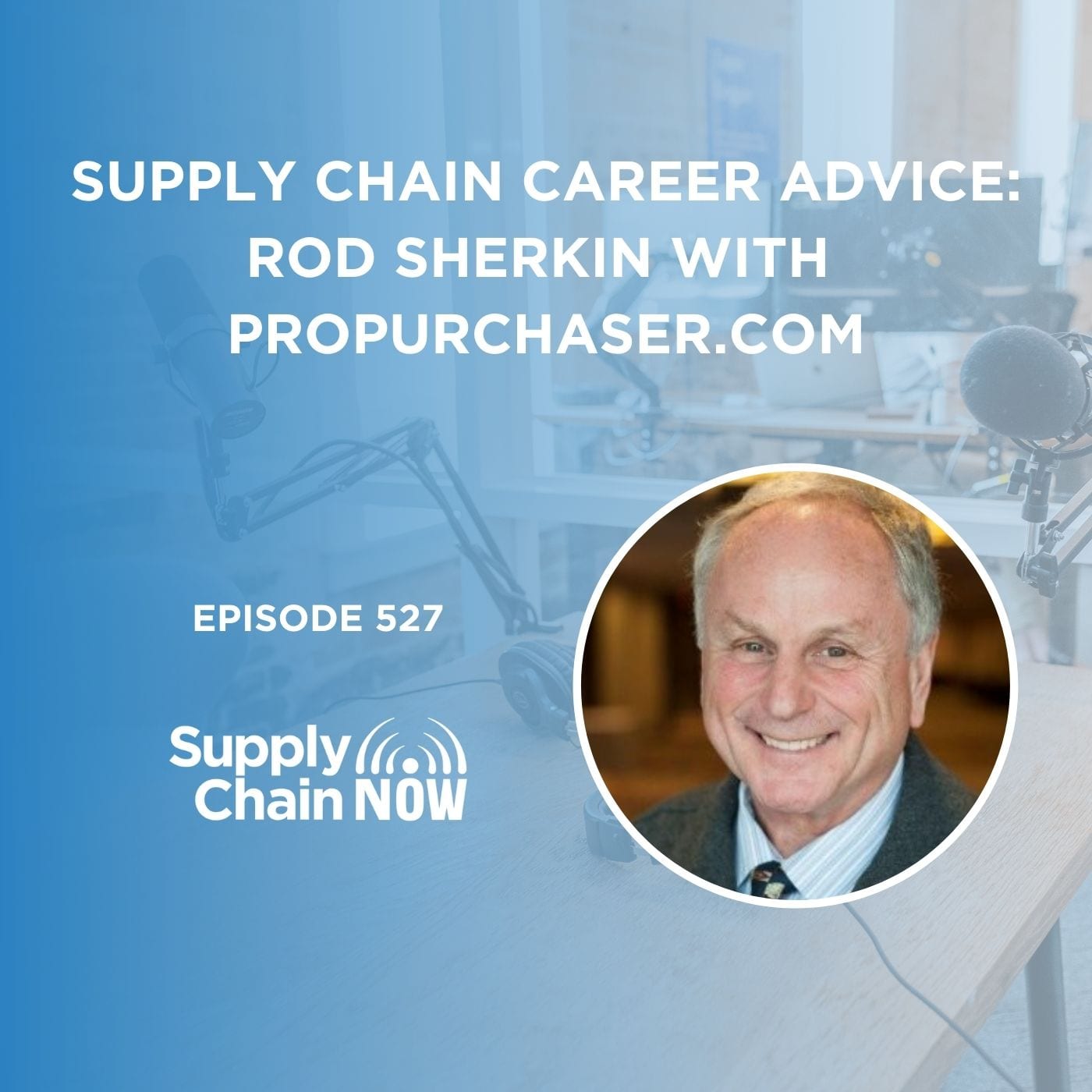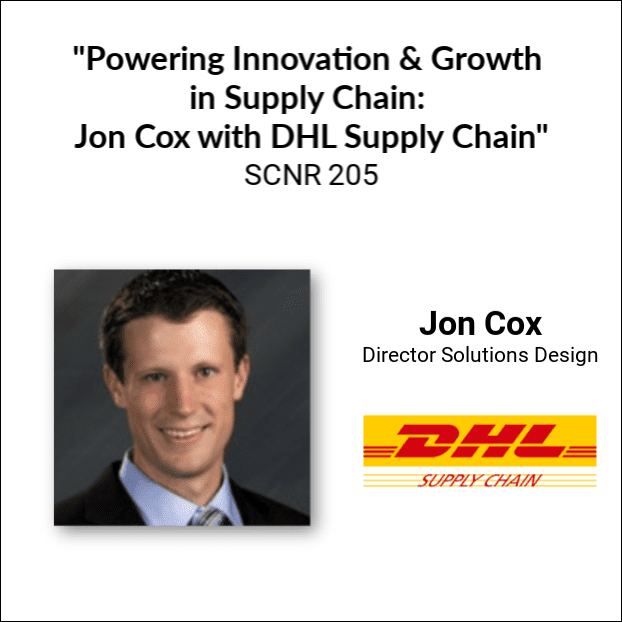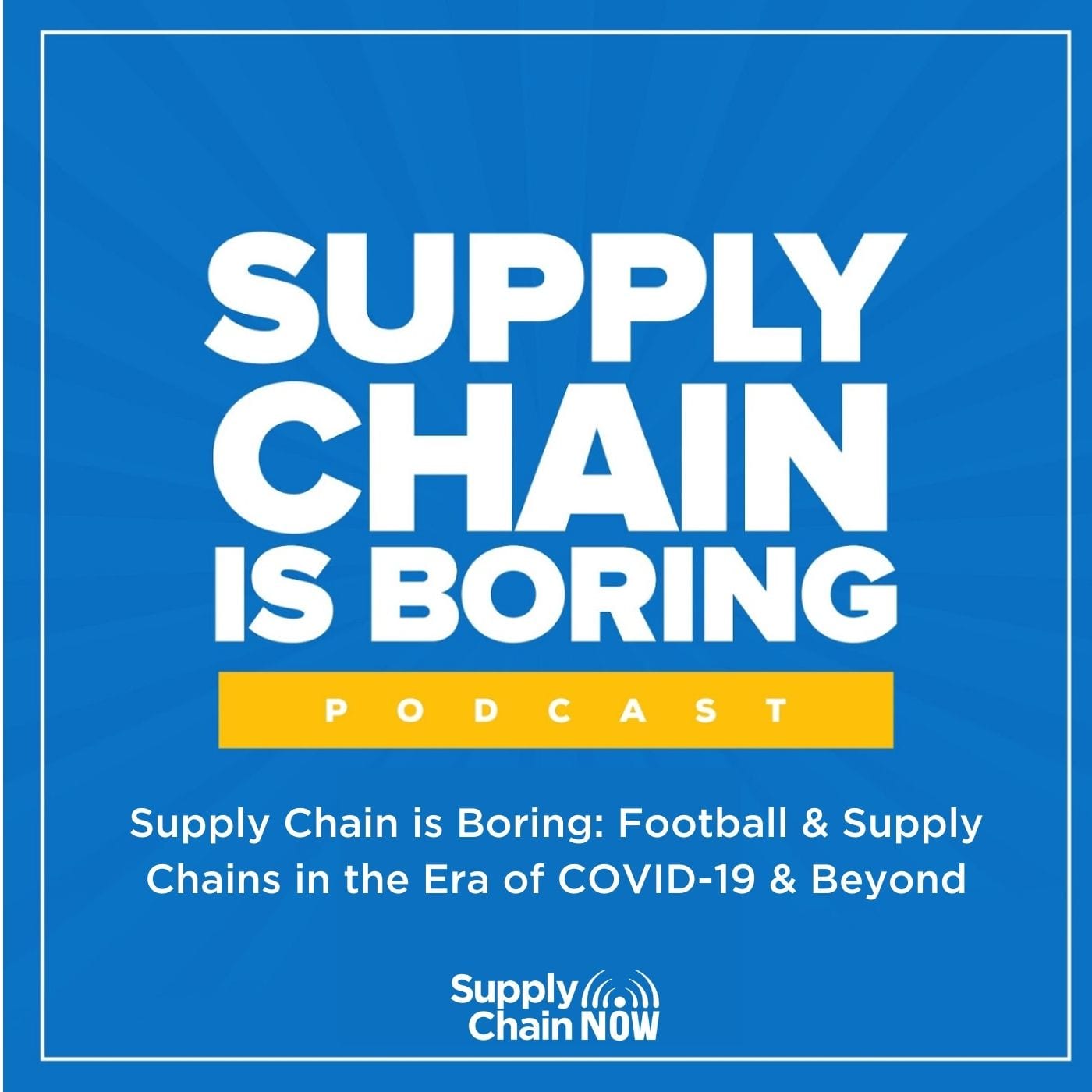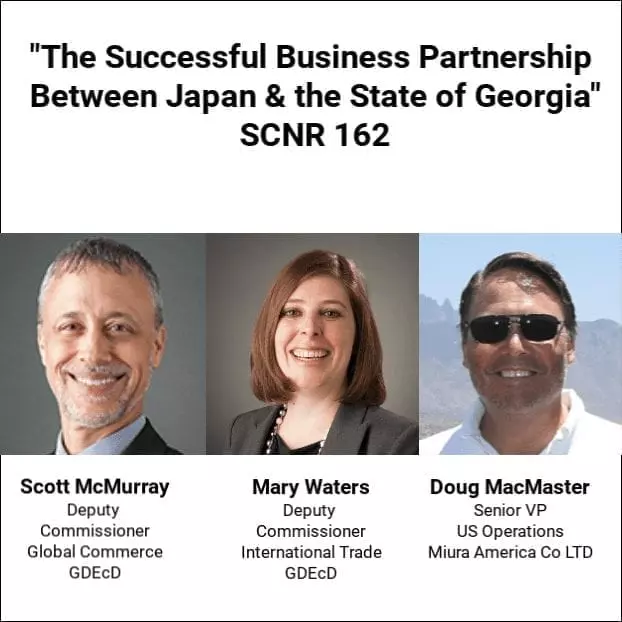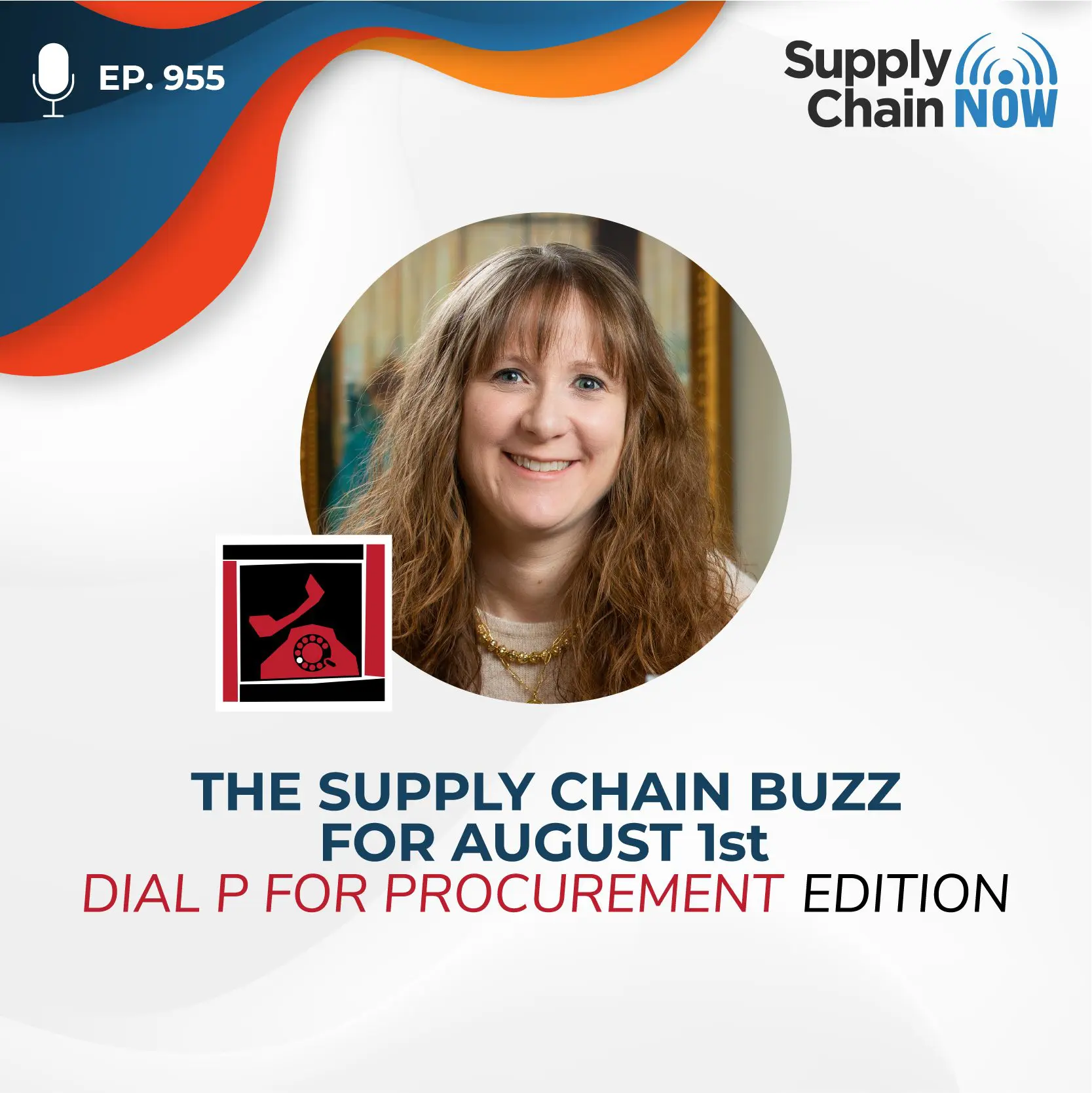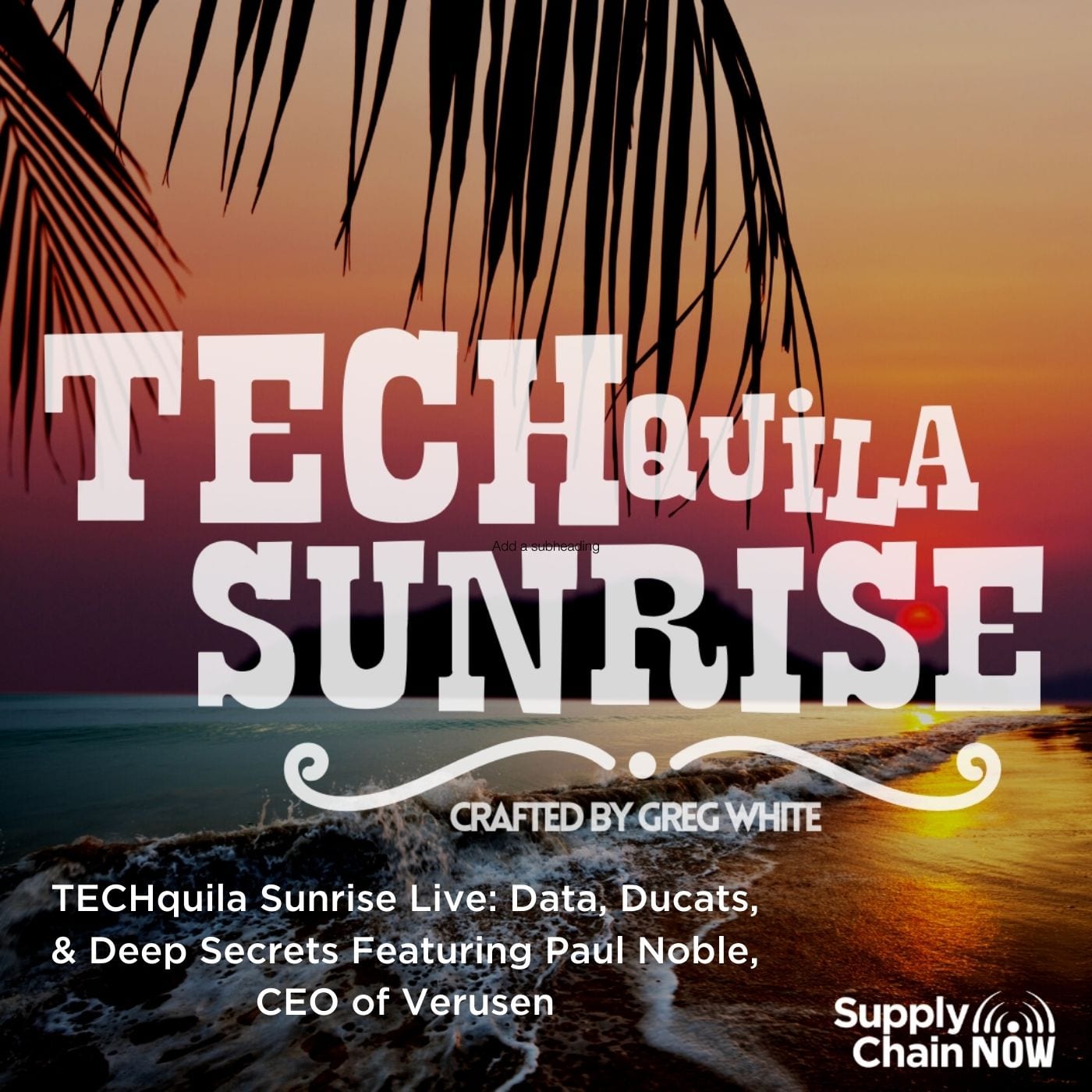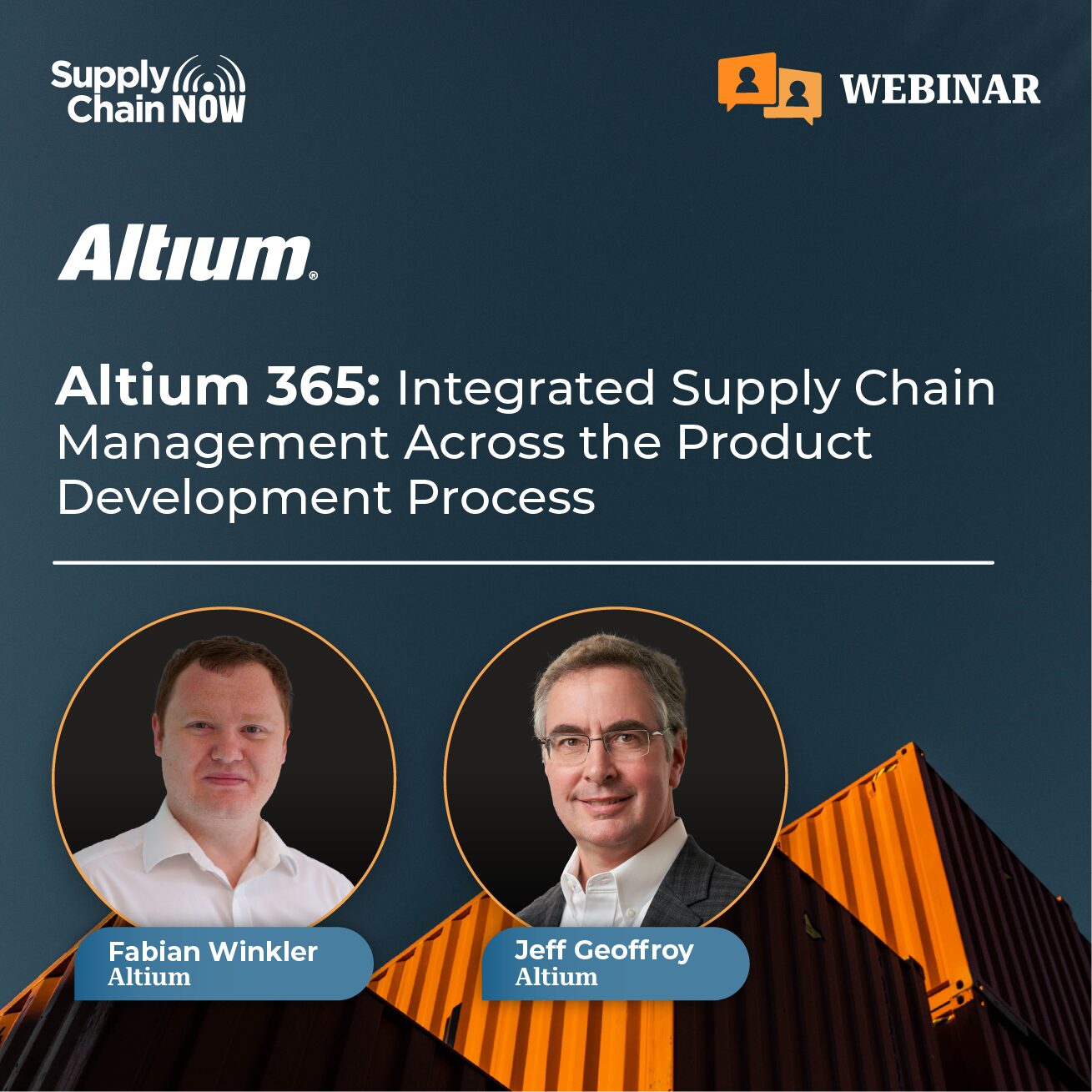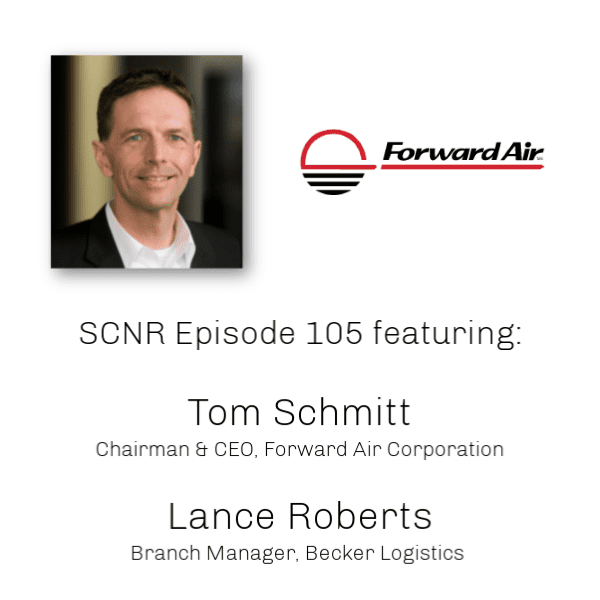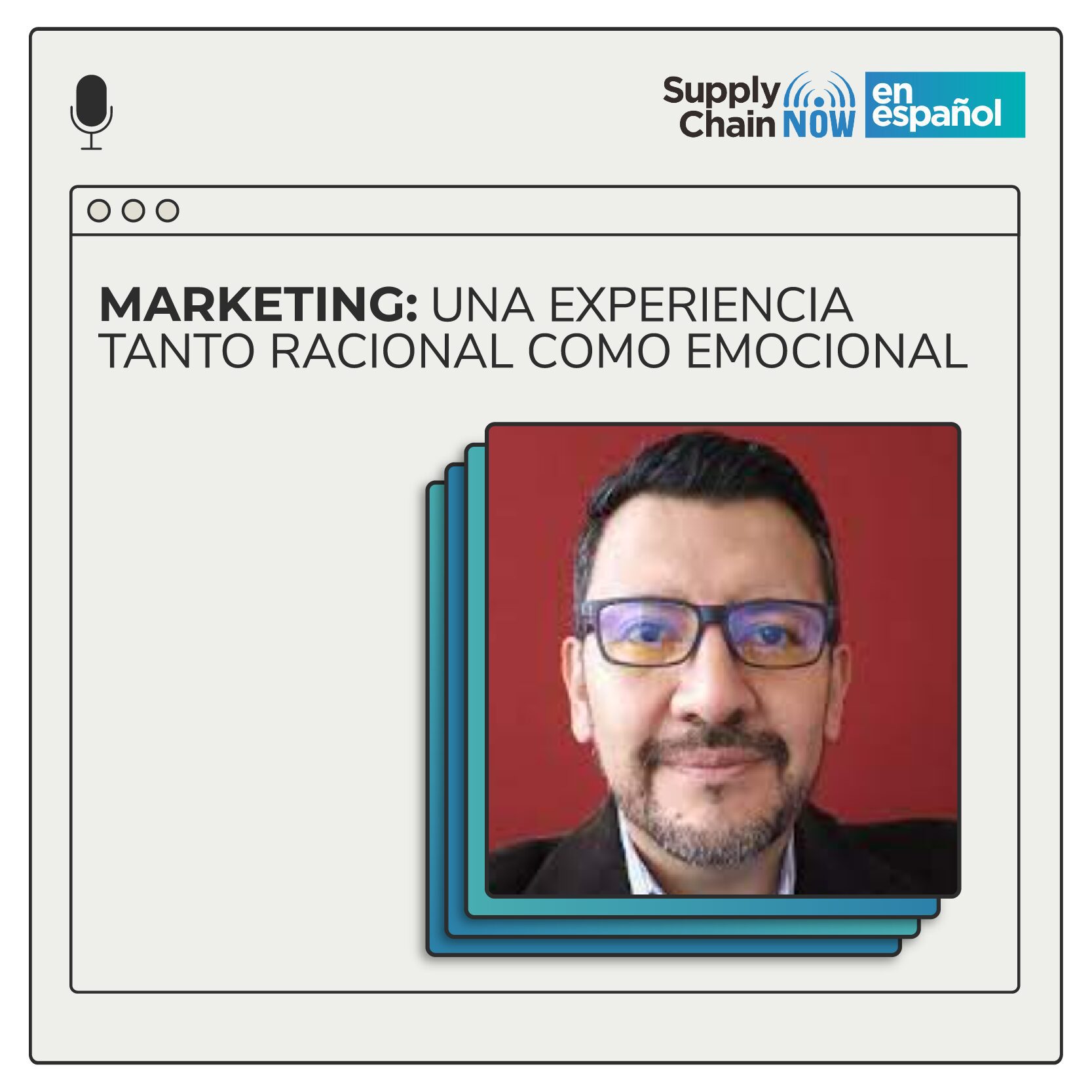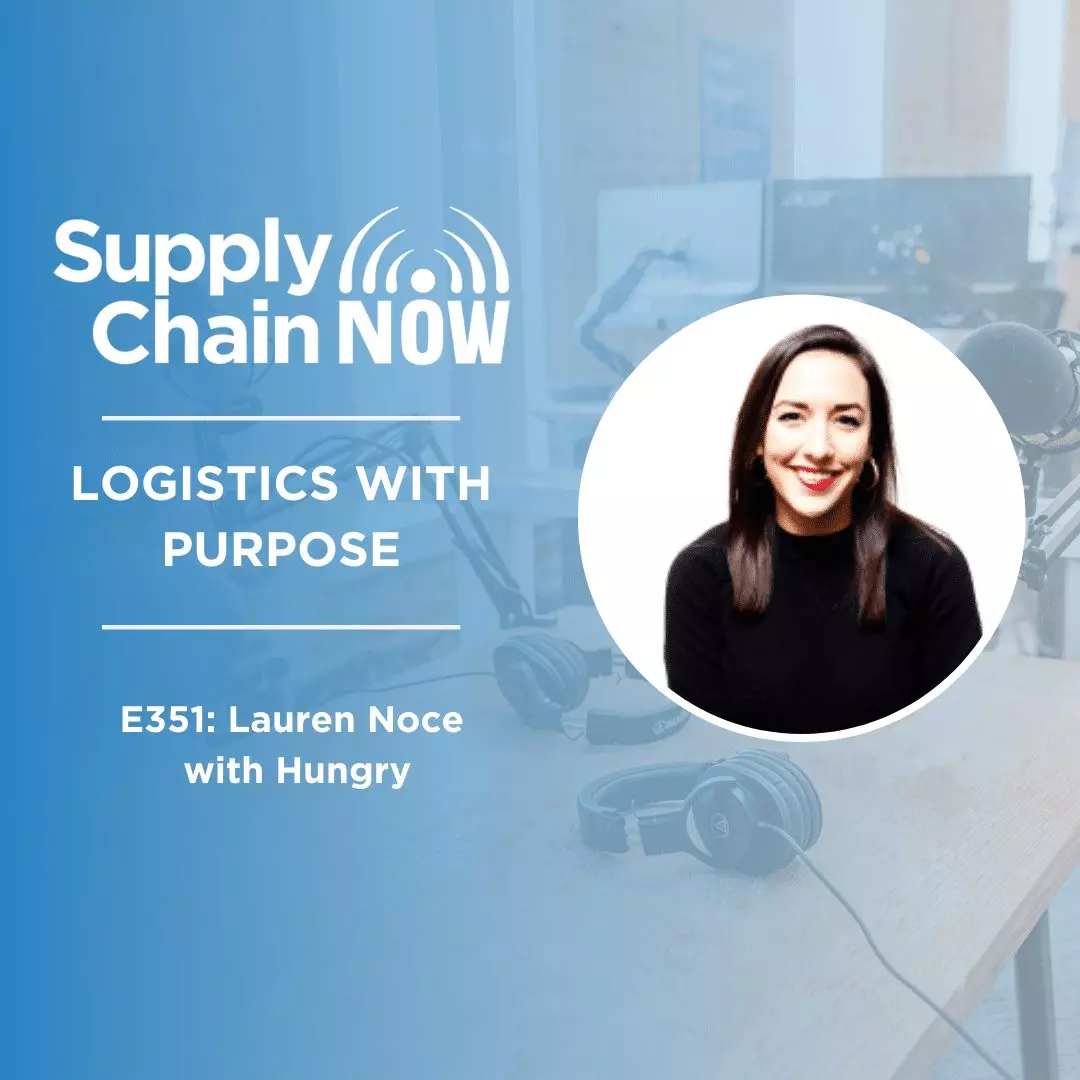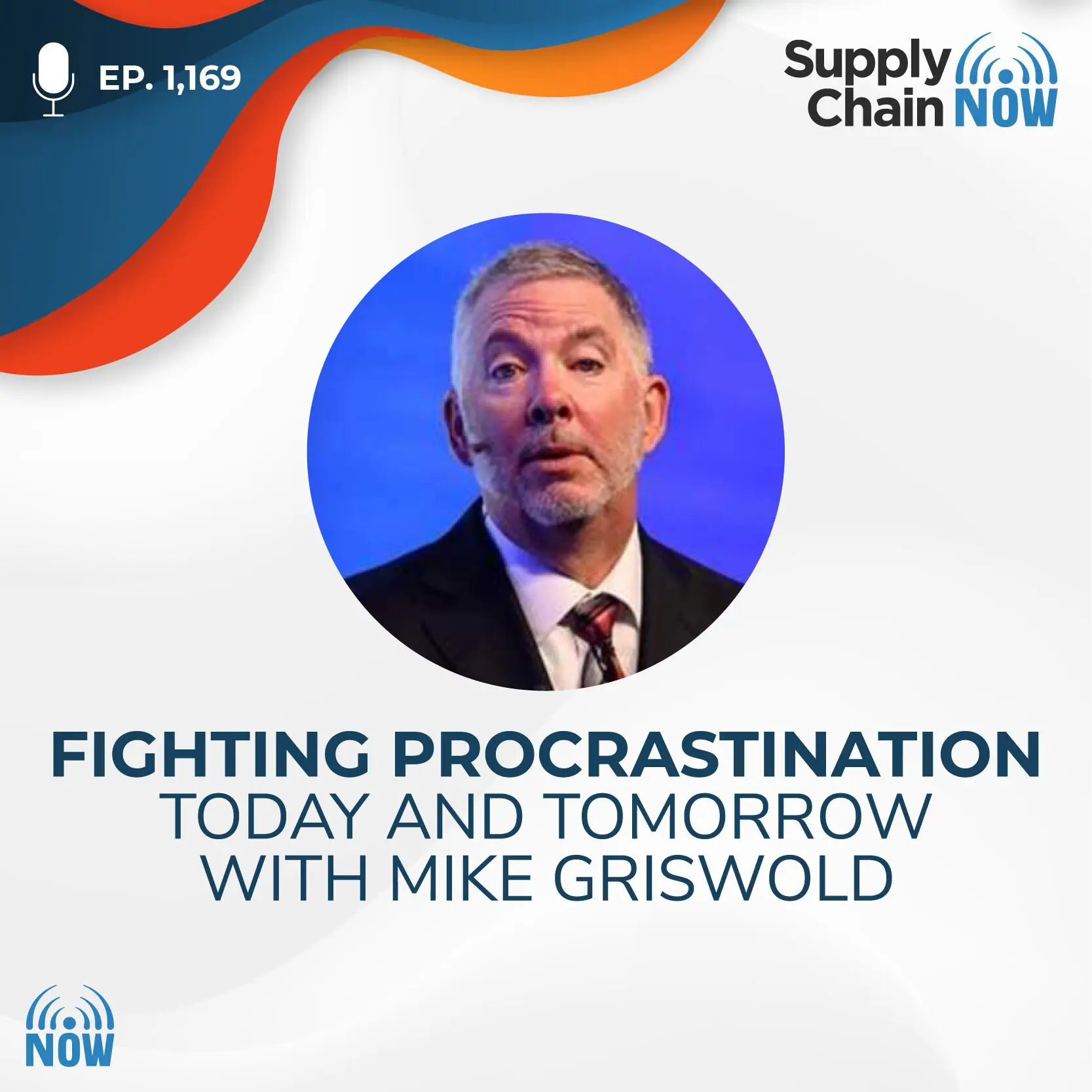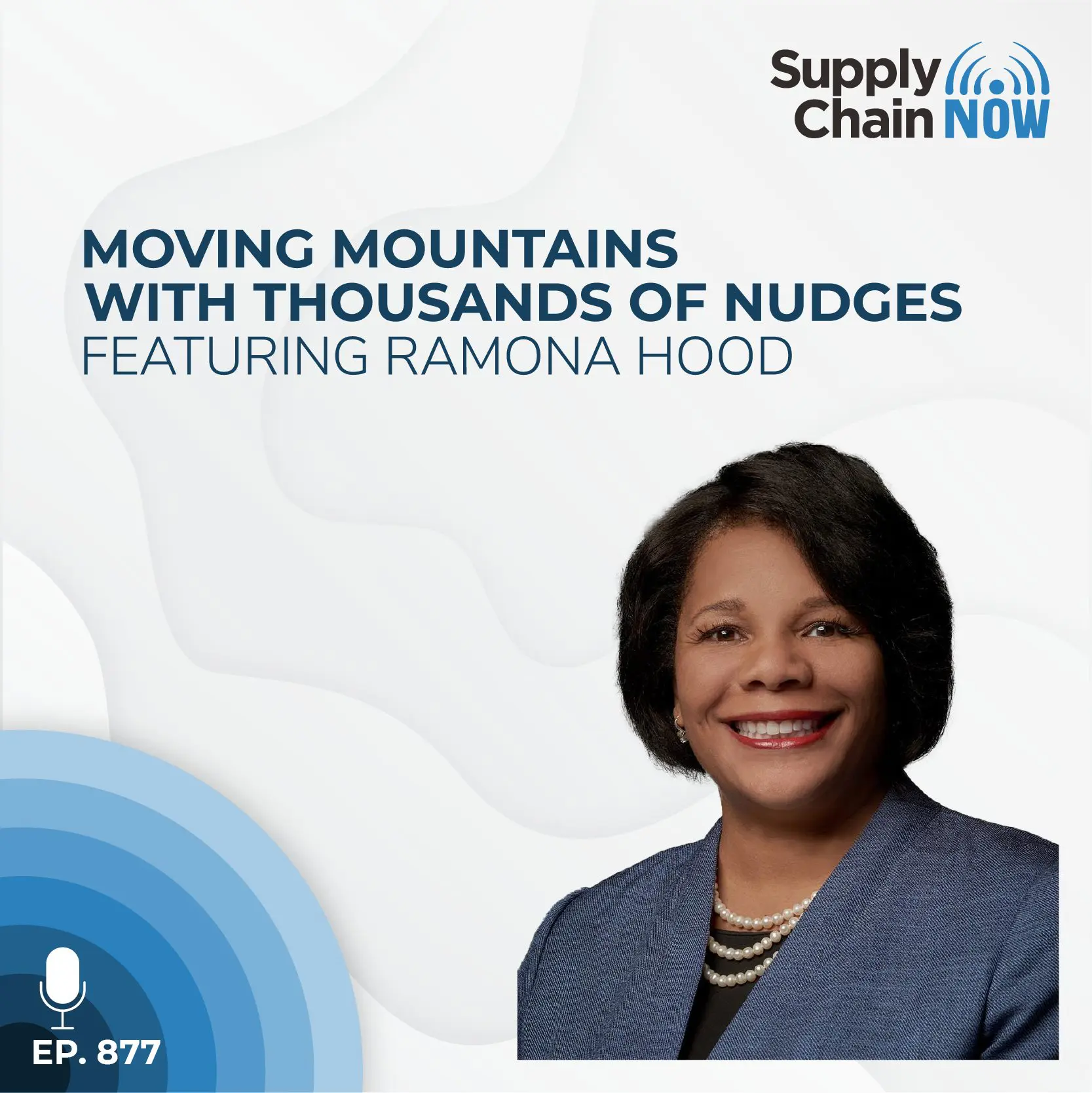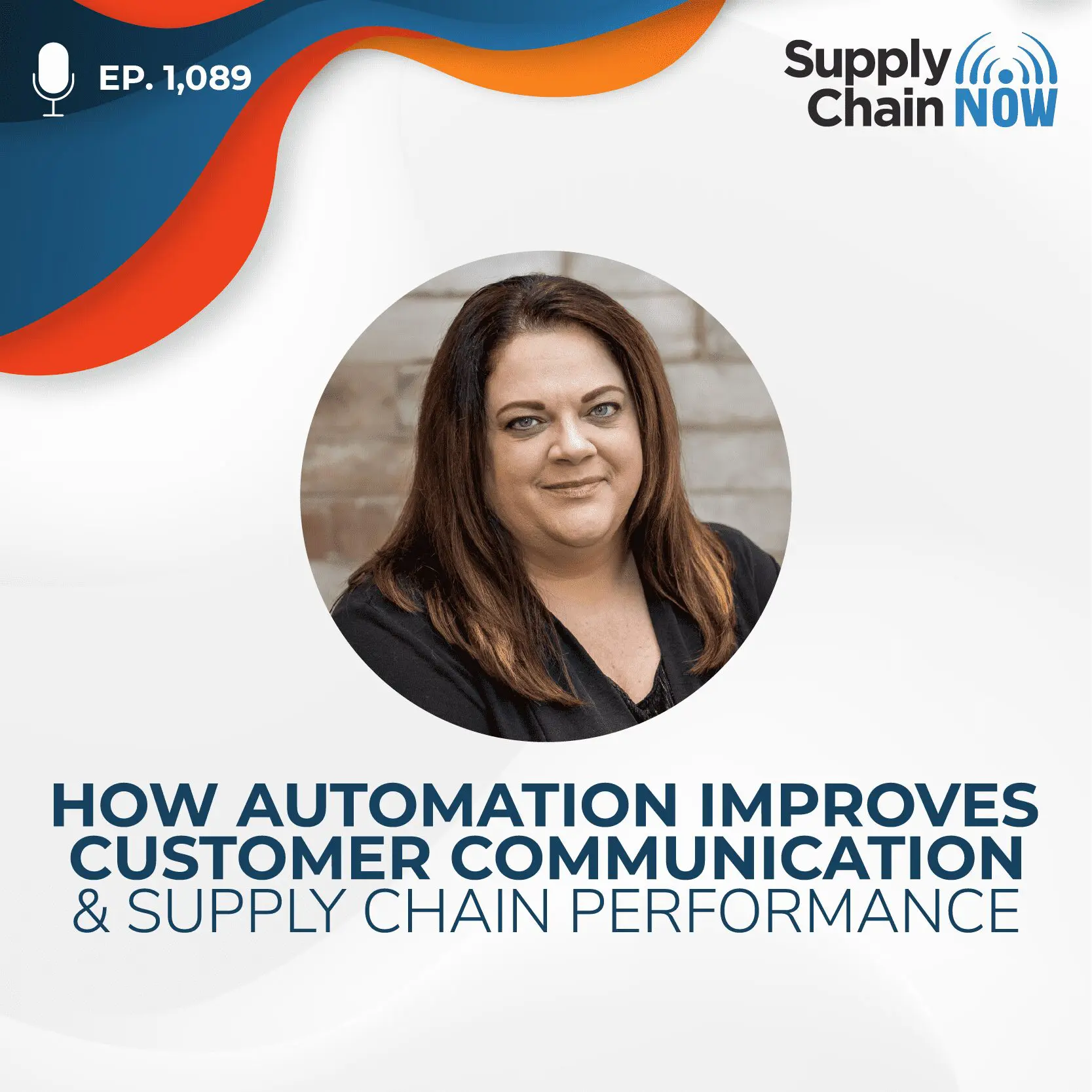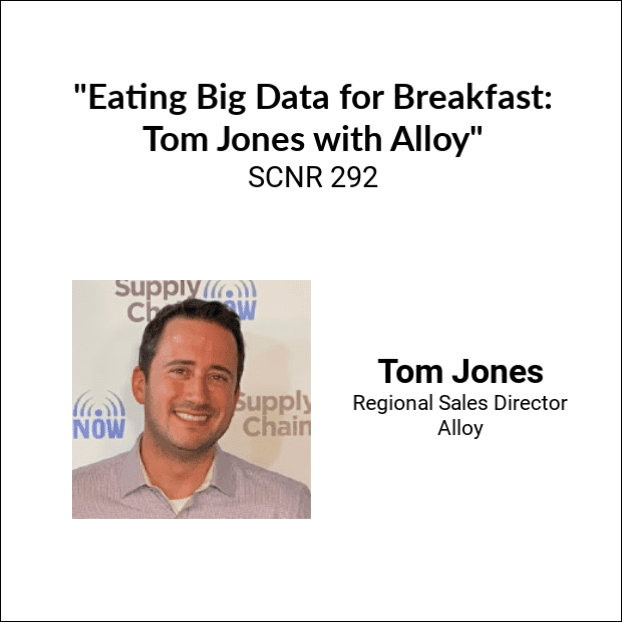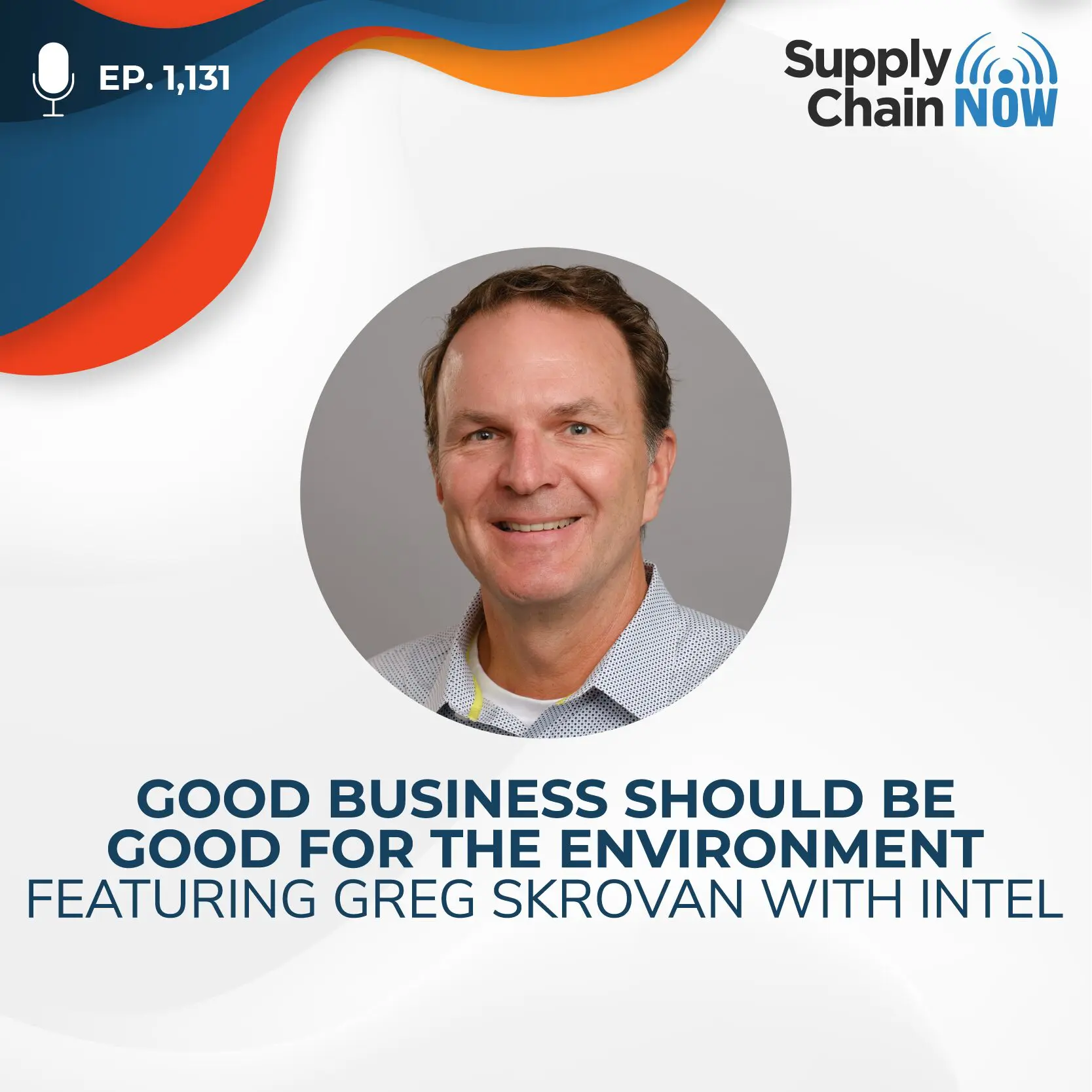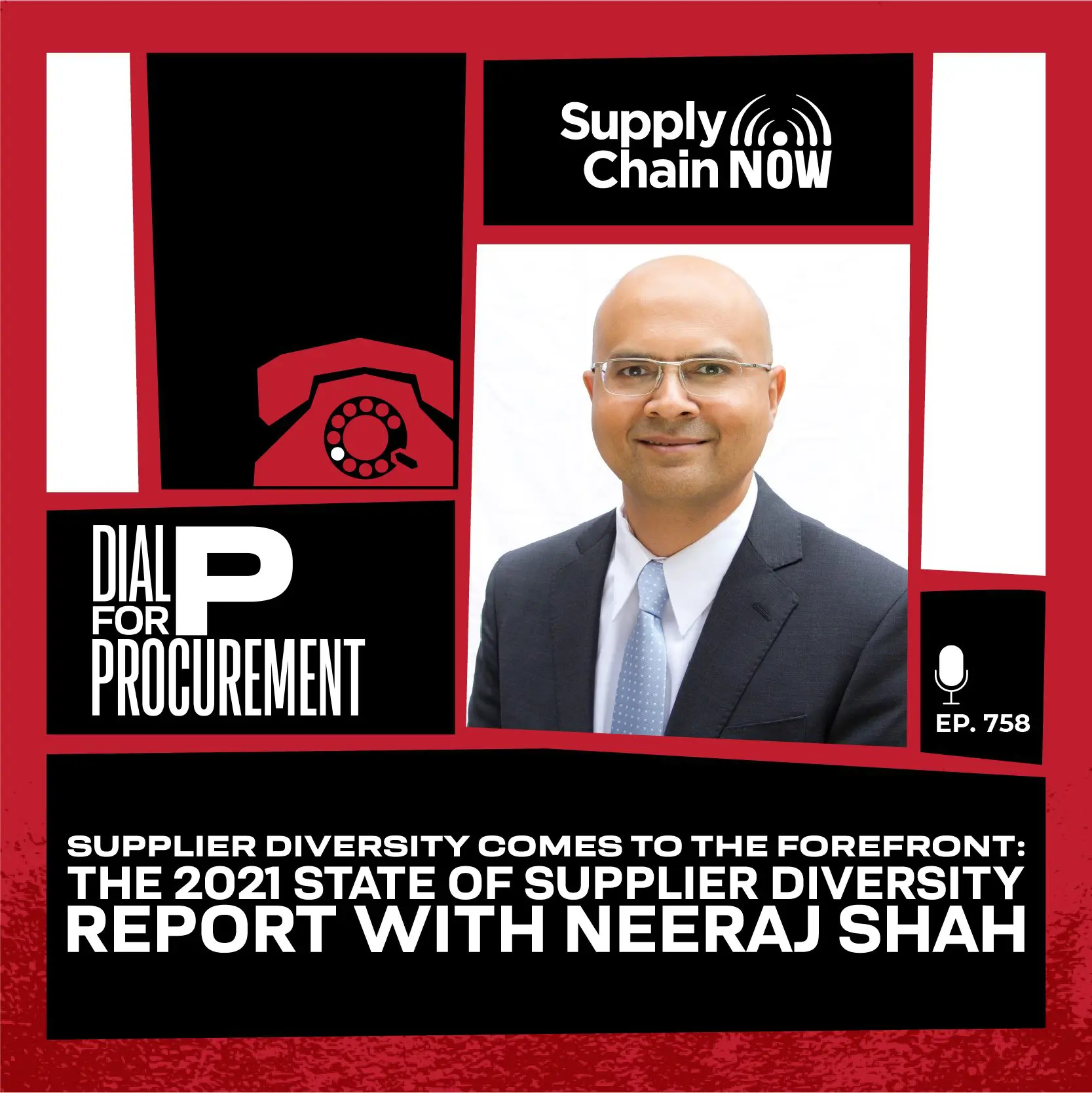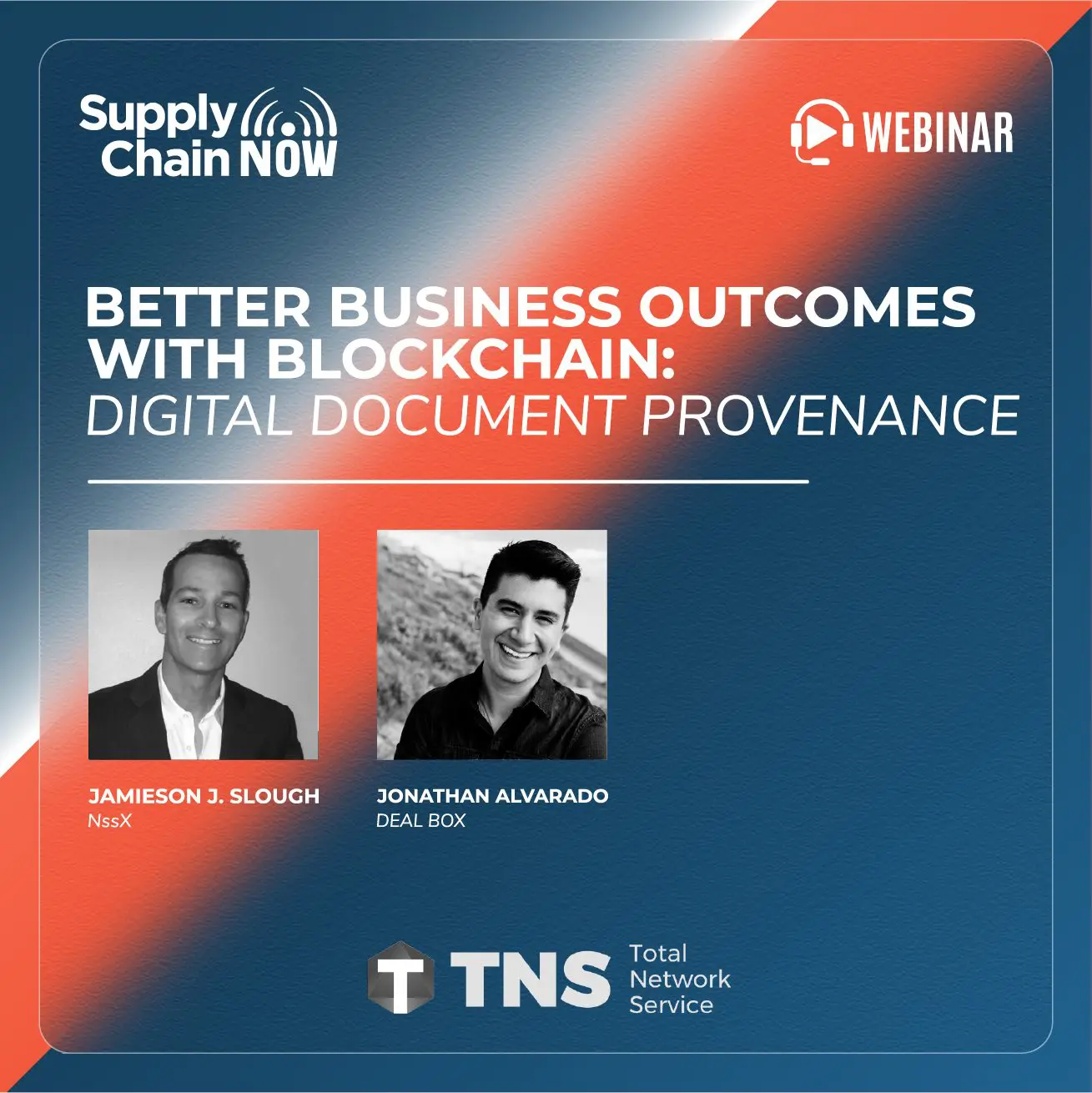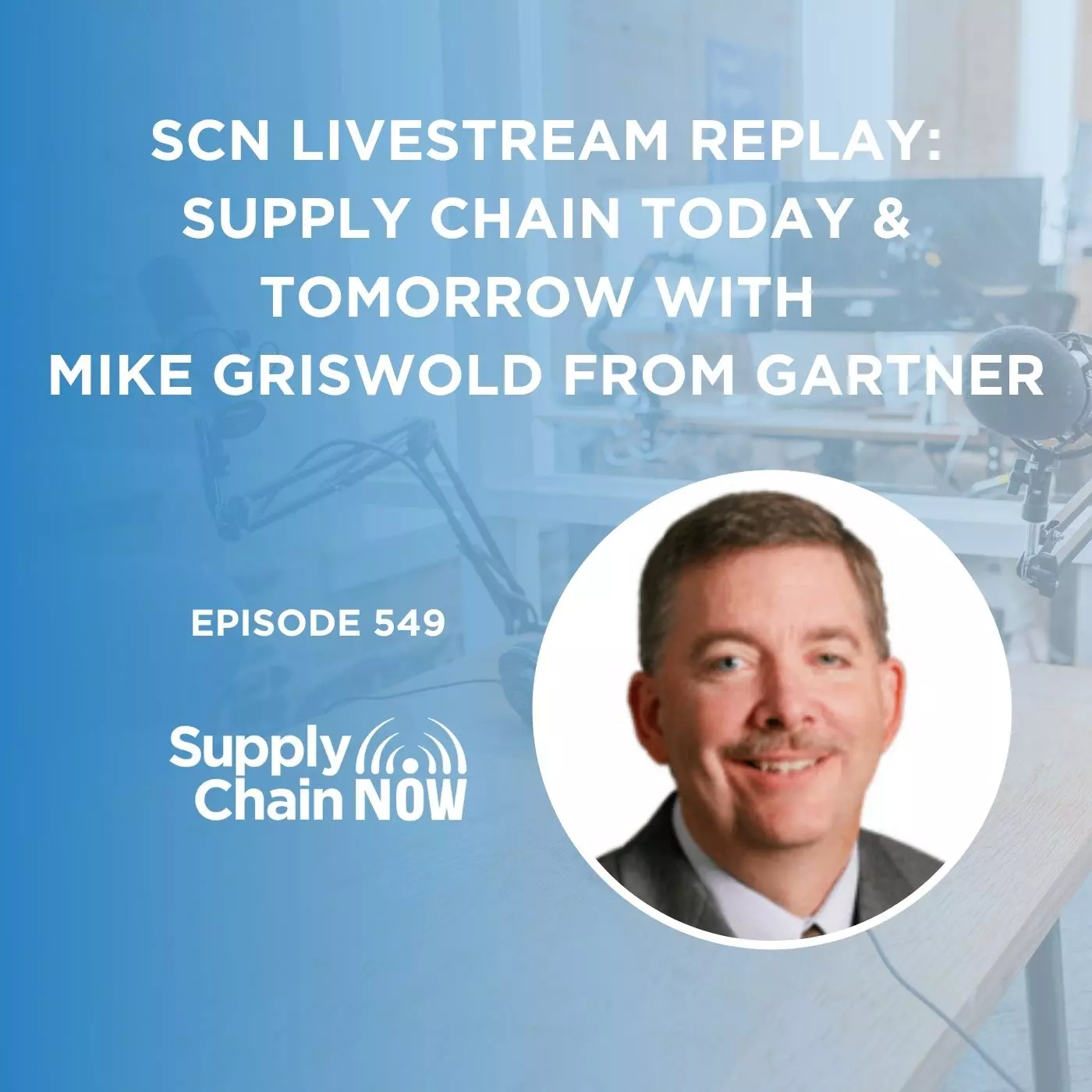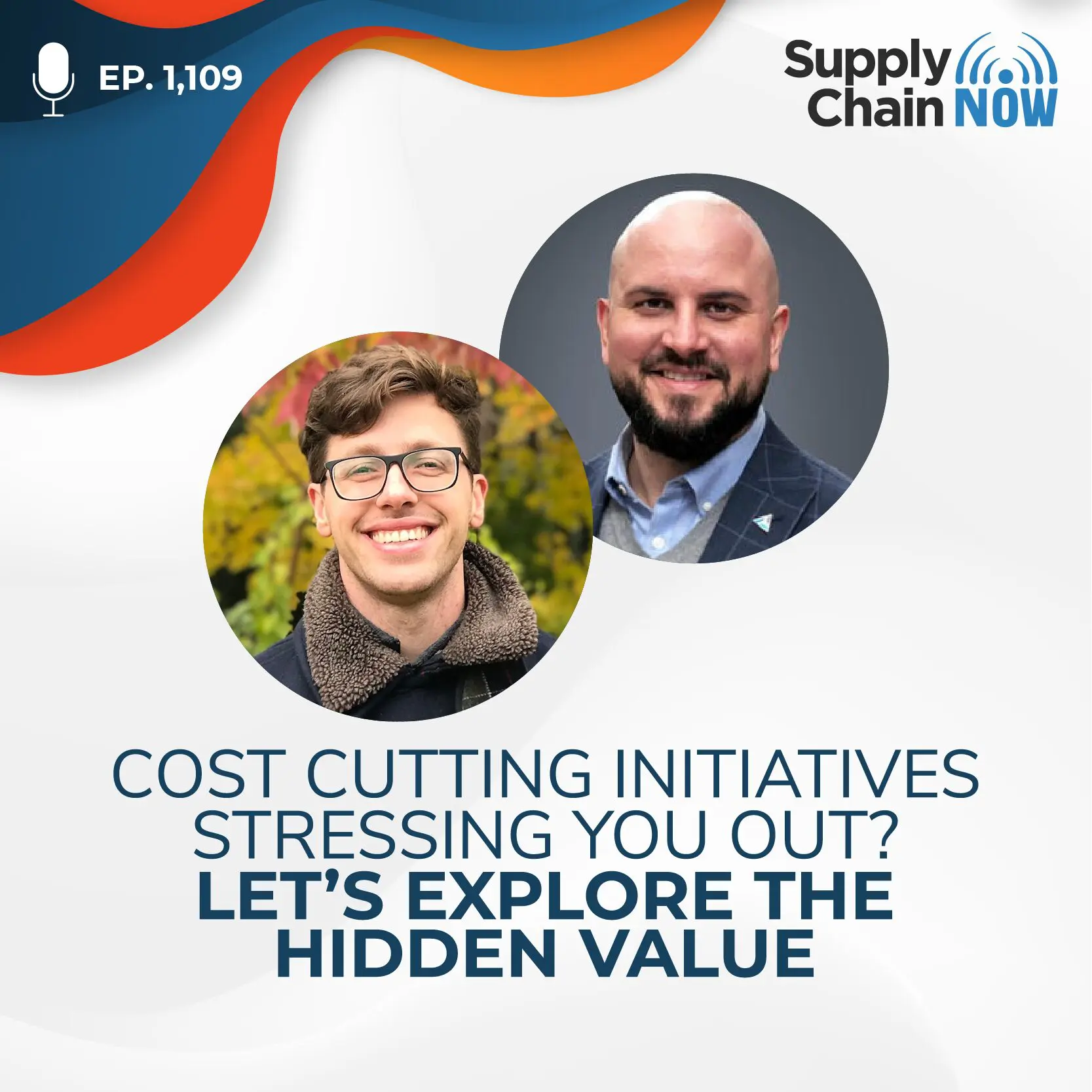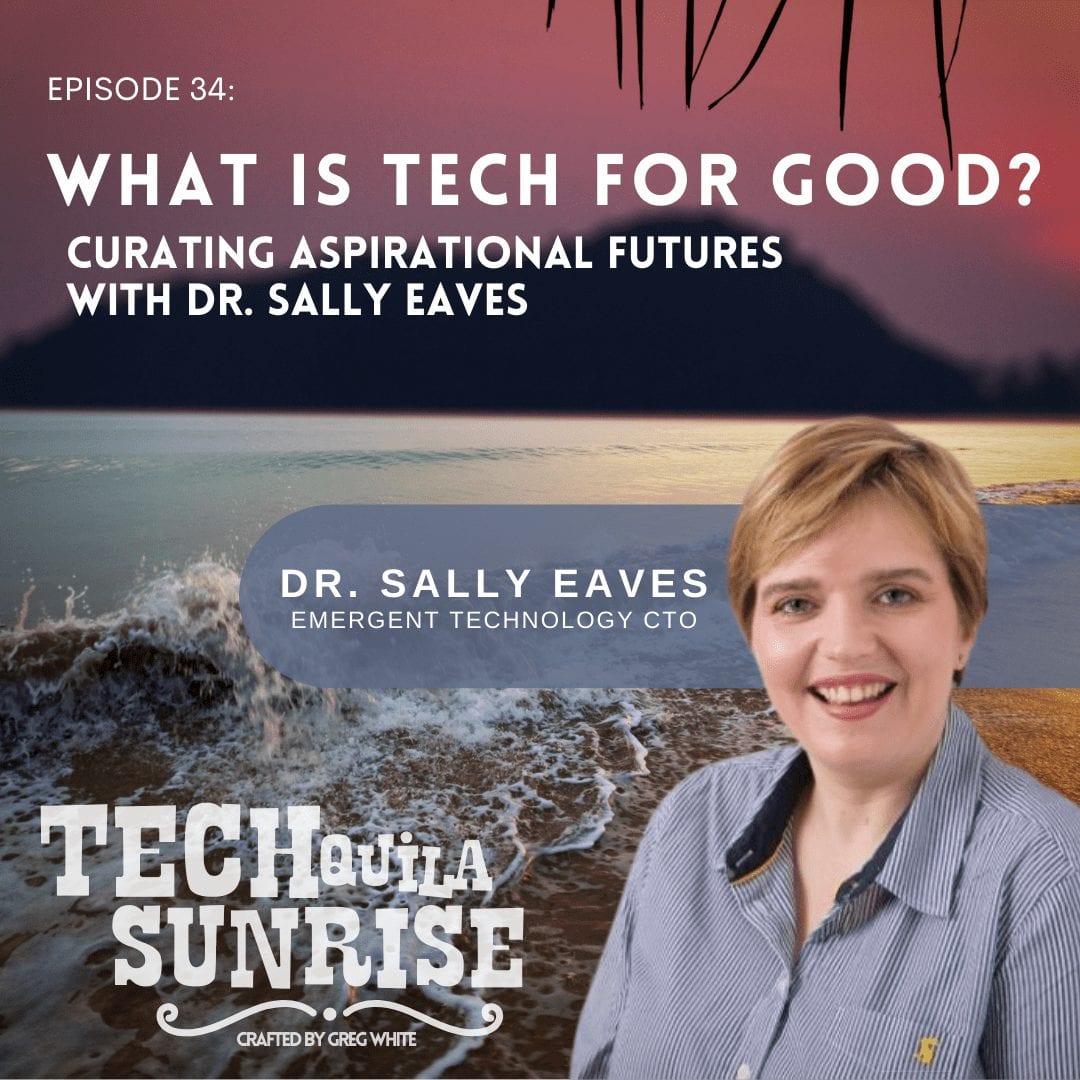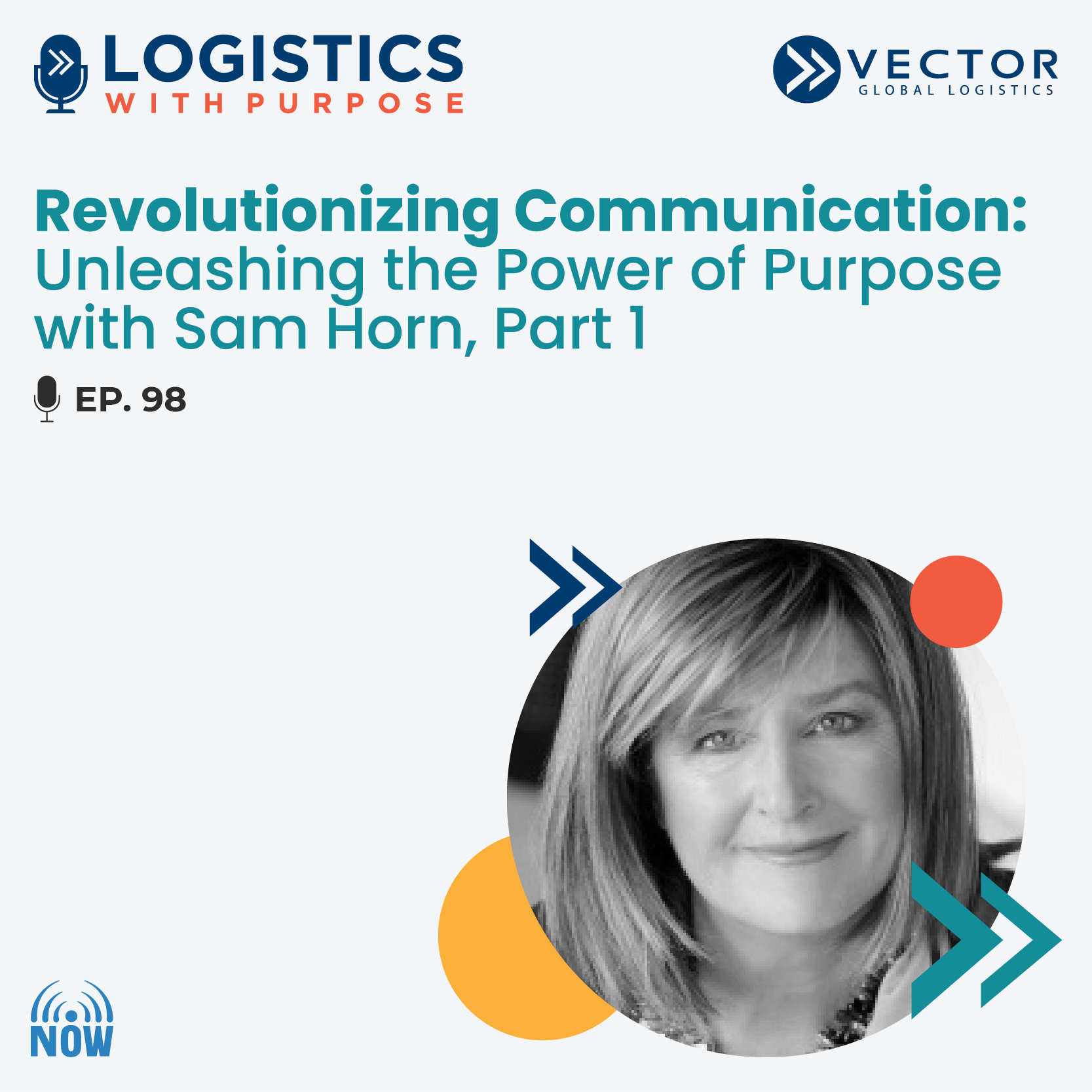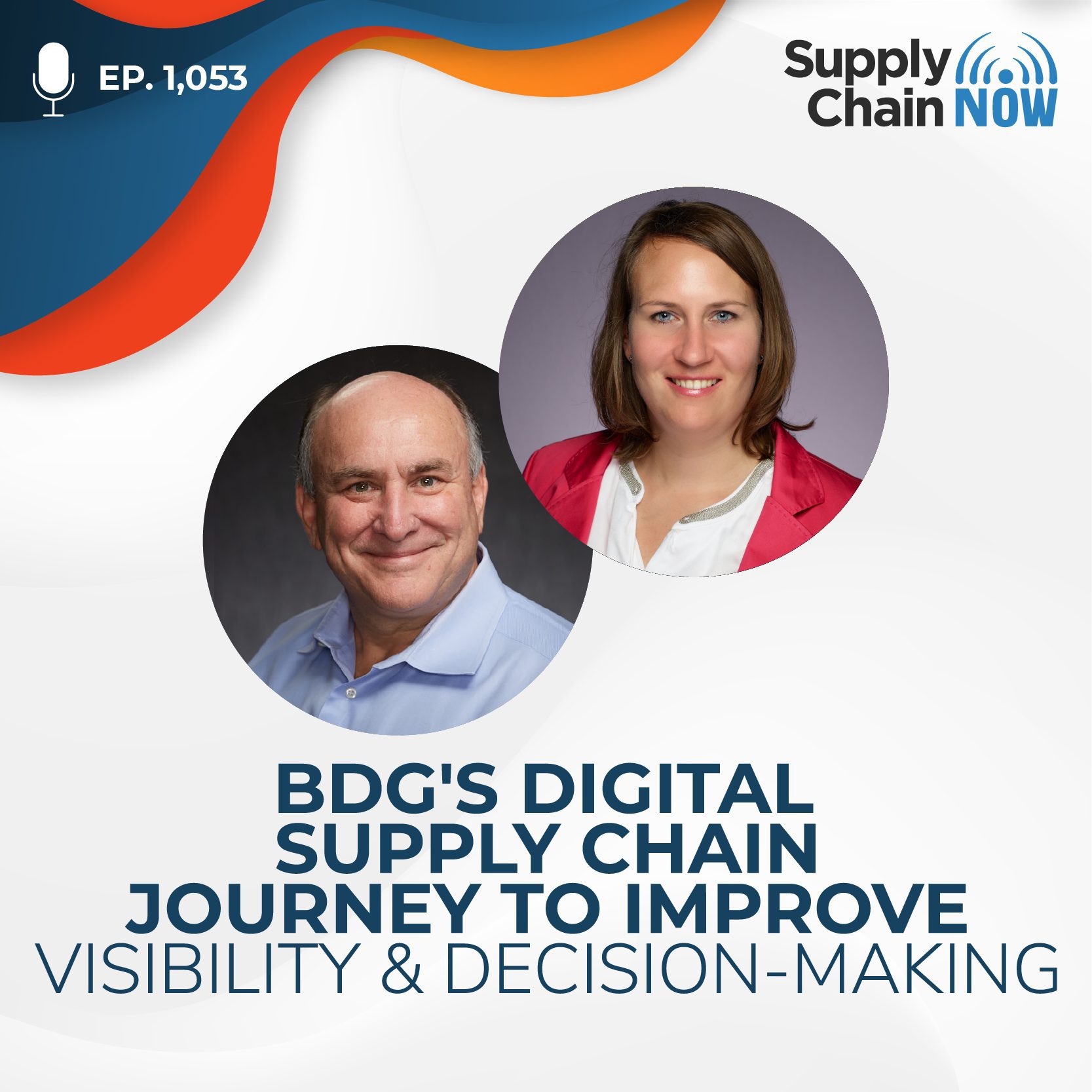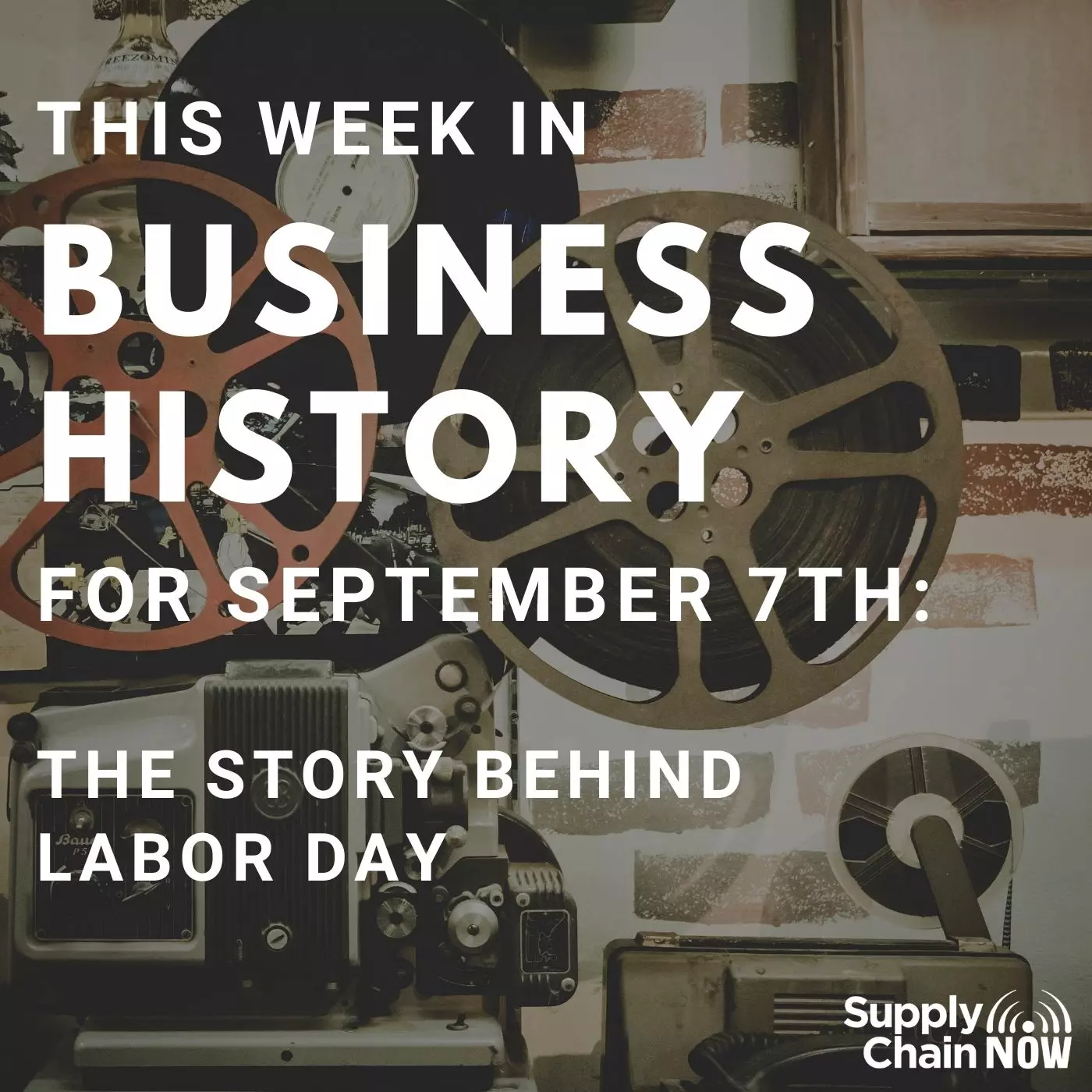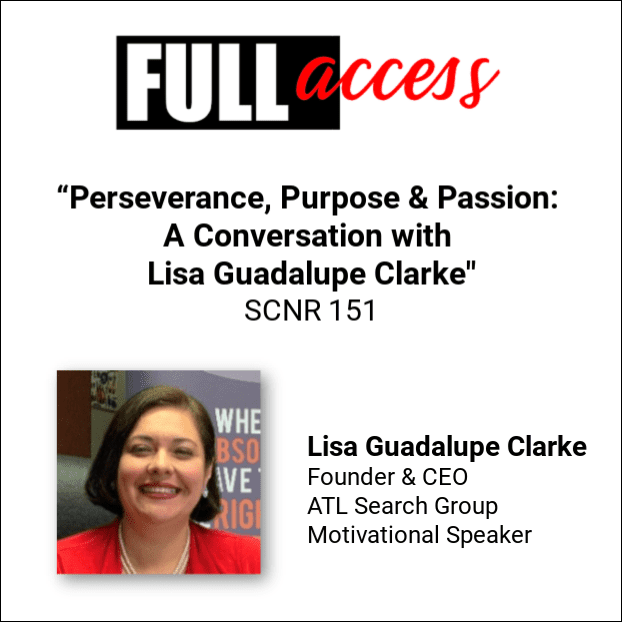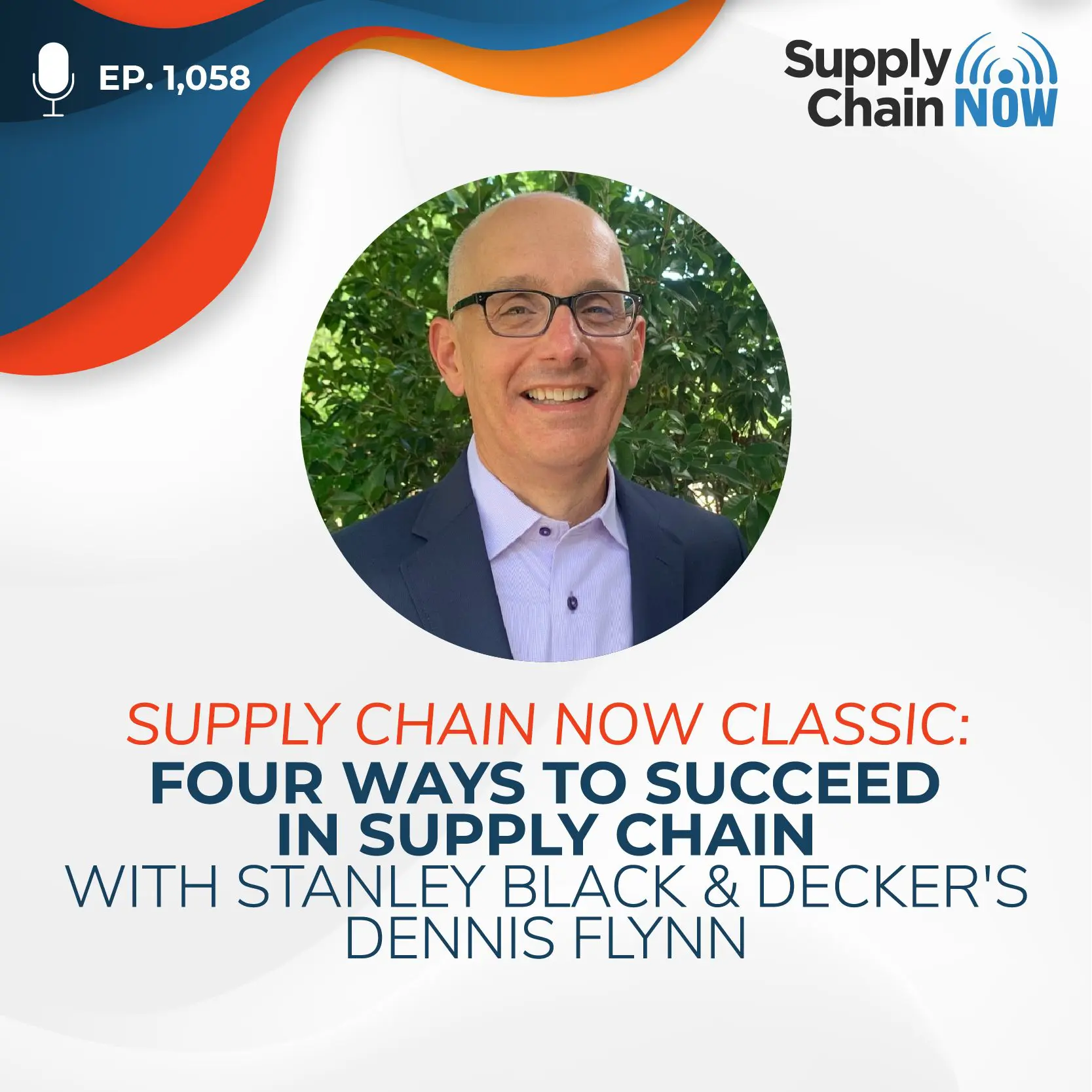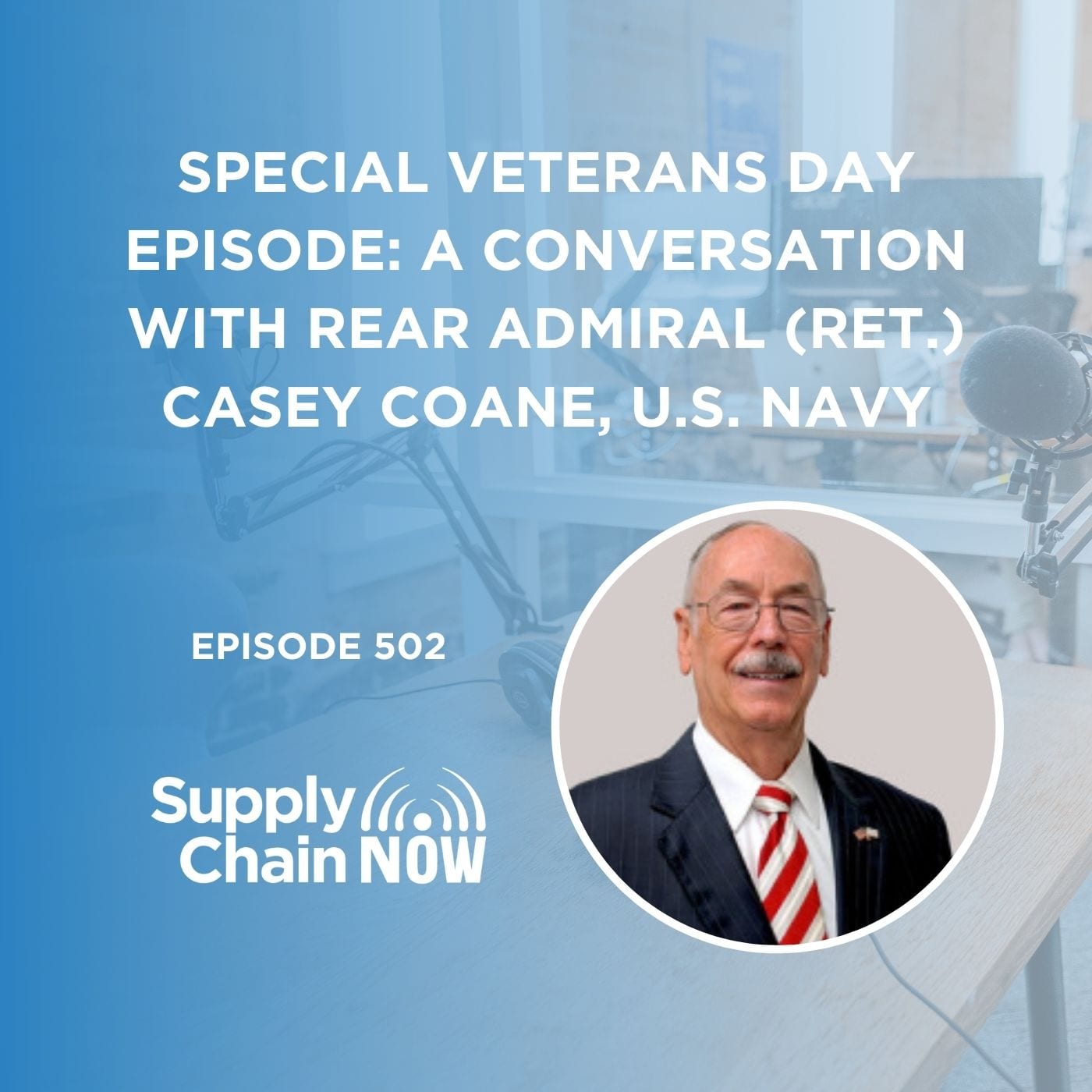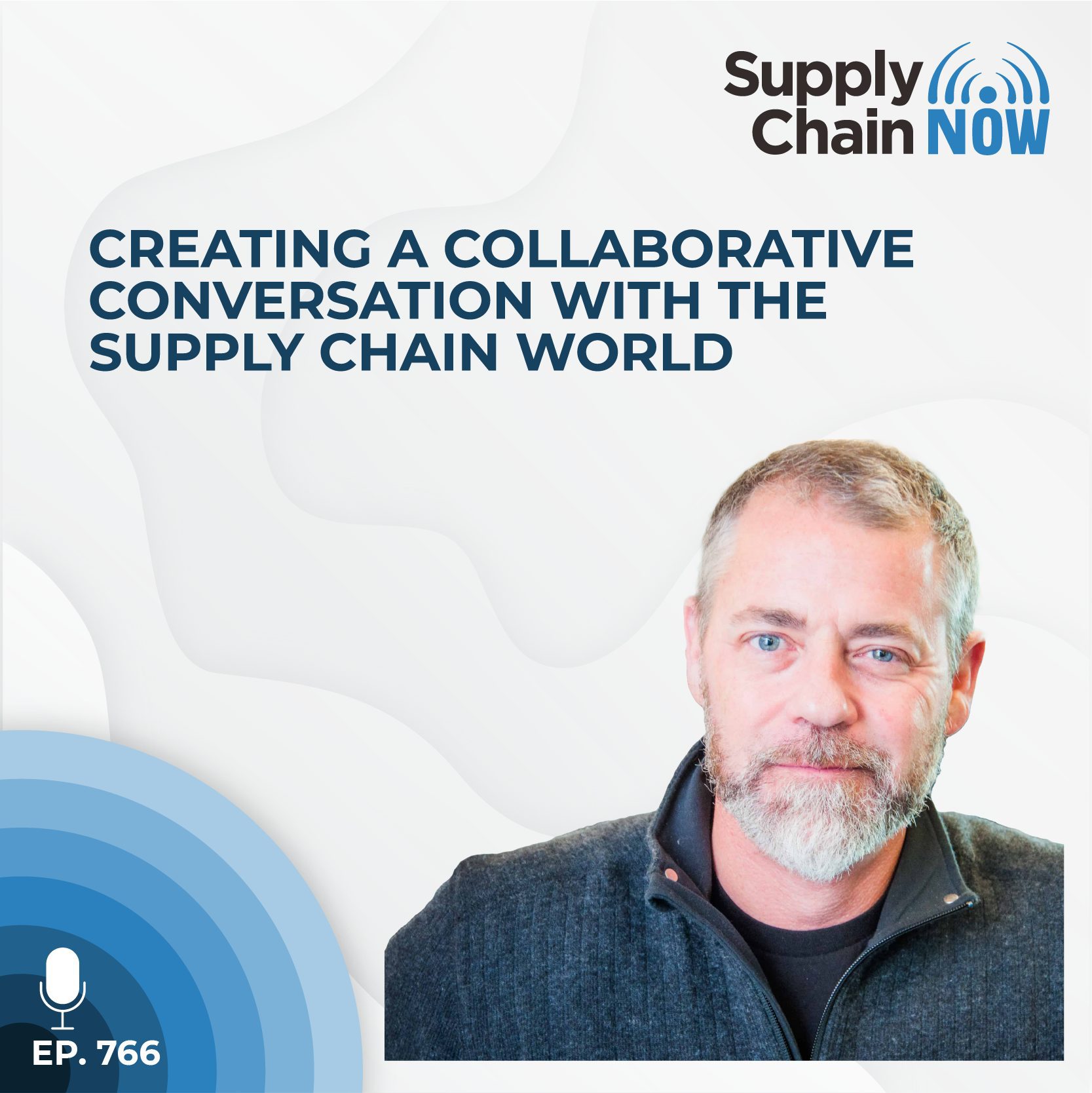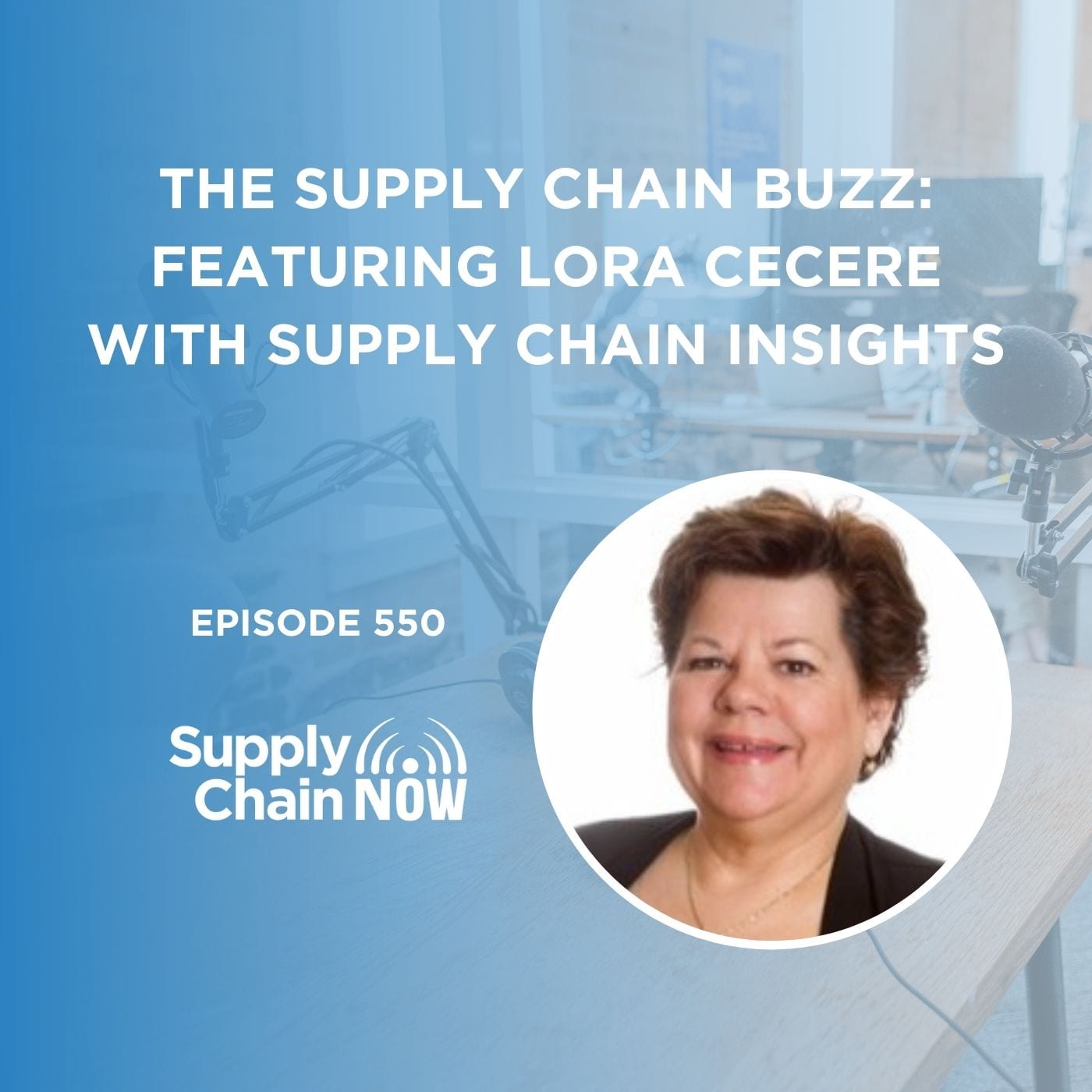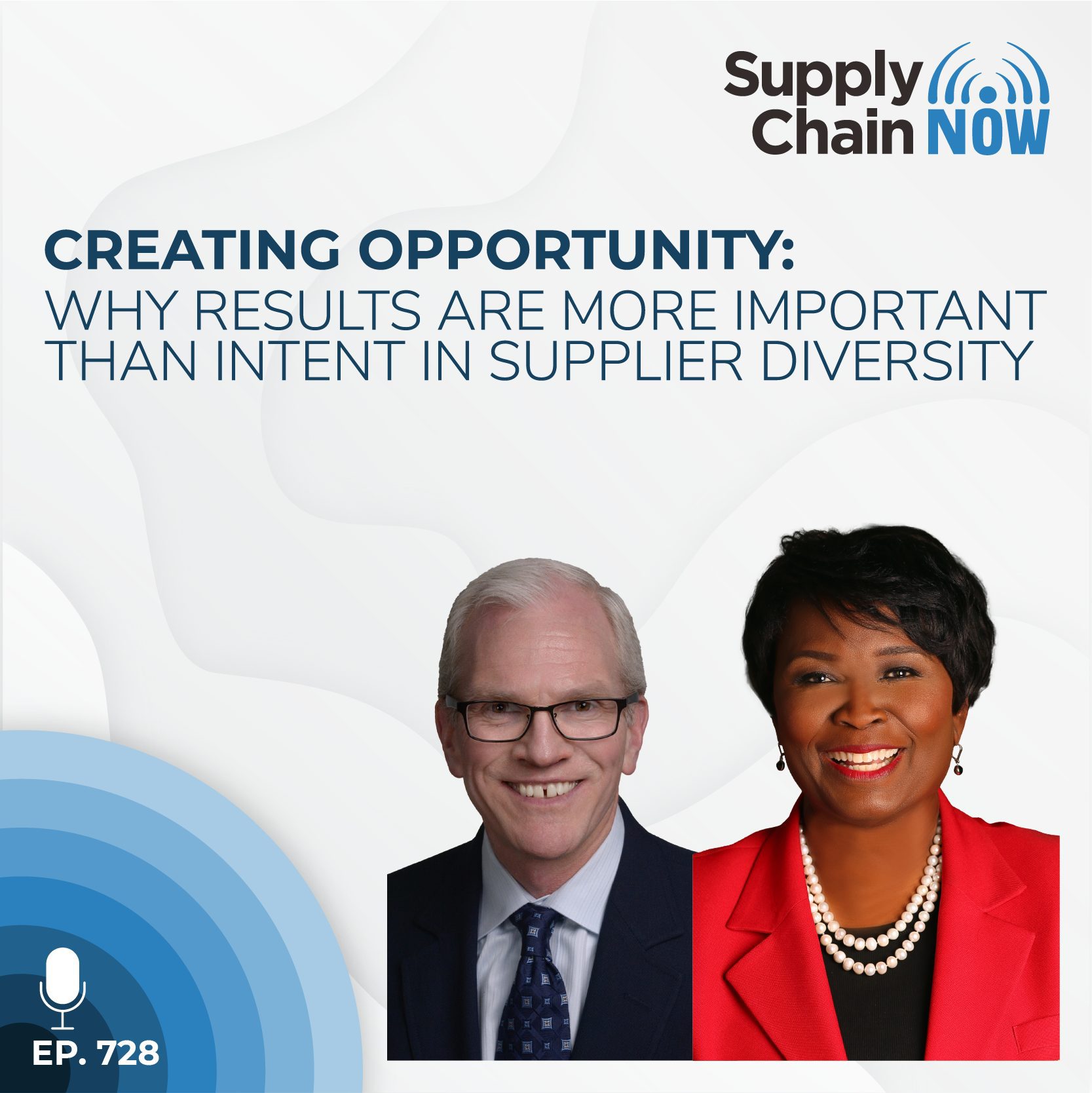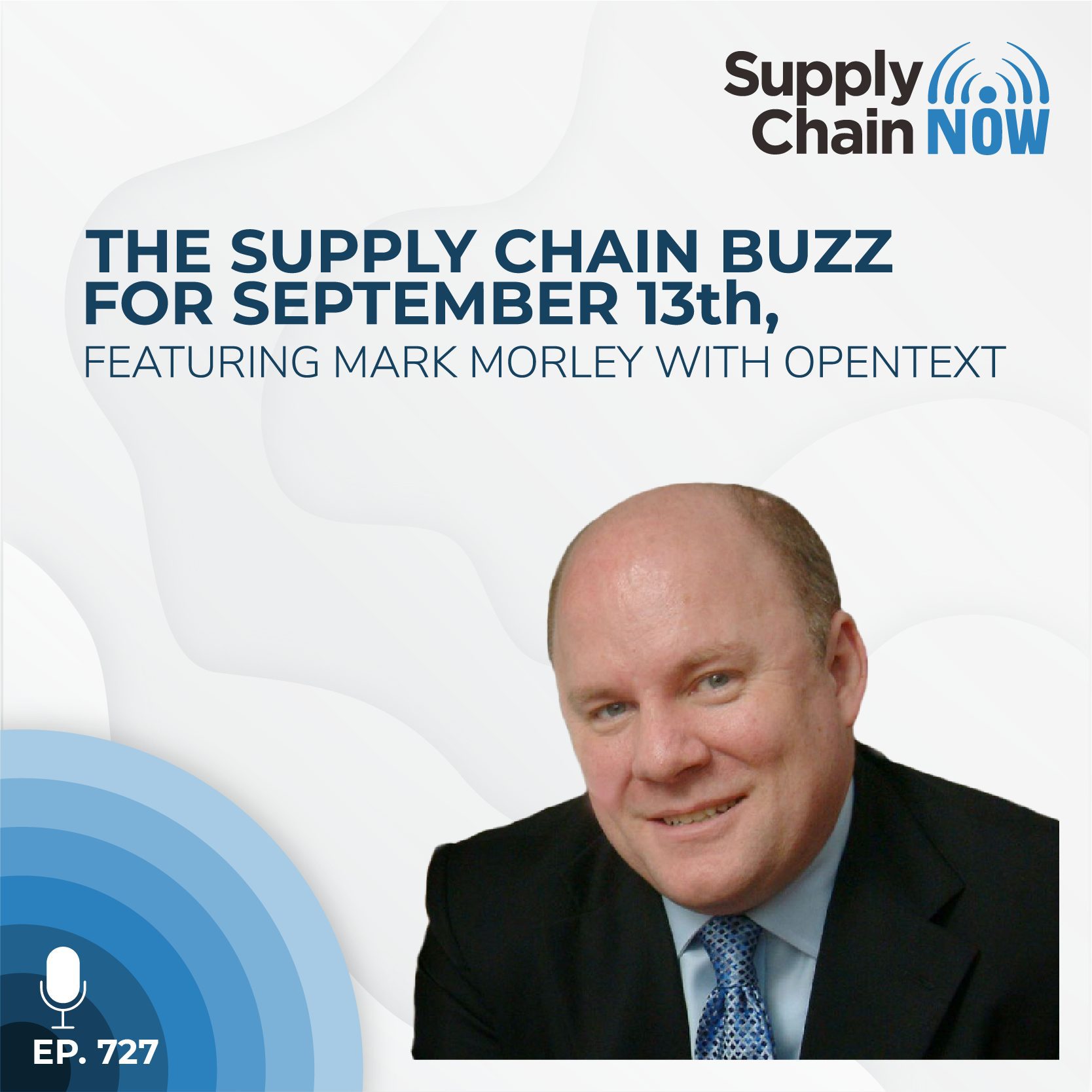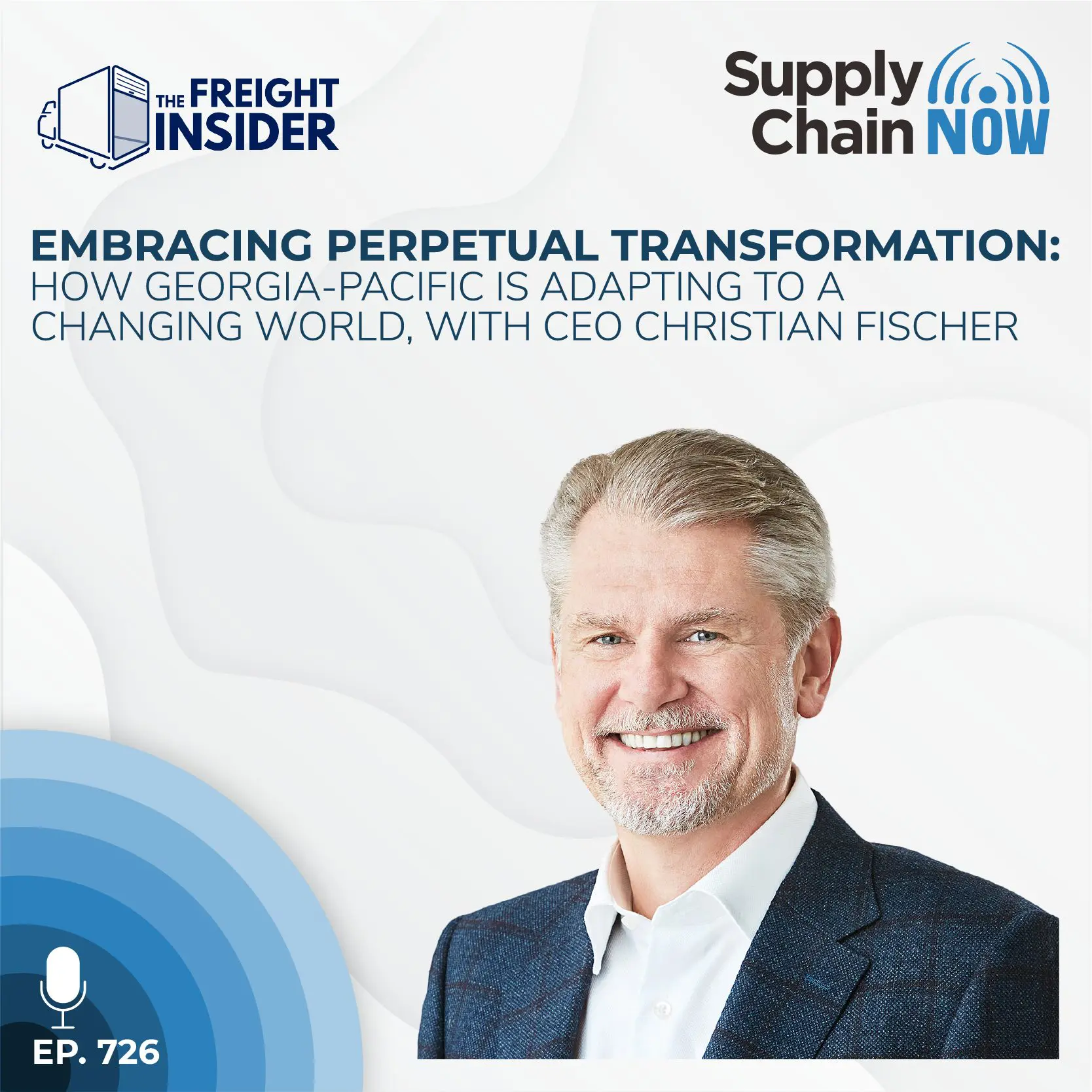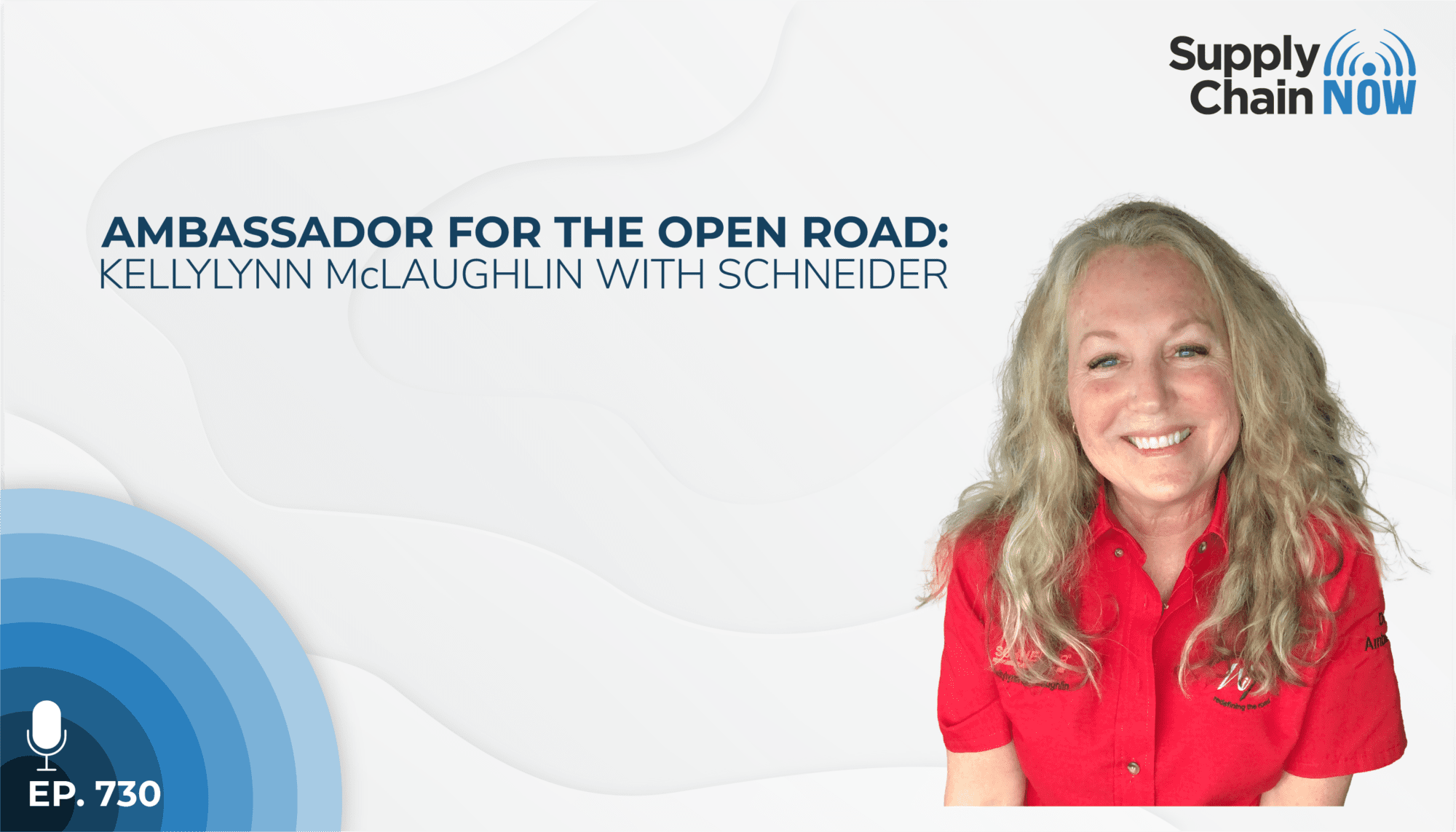
I thought, ‘Do I want to be on my death bed and say, gee, I wish I had learned how to be a truck driver. I wish I had driven a big rig.’ And the answer was, no, I don't. So I just did what it took to make it happen.
- Kellylynn McLaughlin, Professional OTR Driver and Training Engineer, Schneider
Episode Summary
There is a shortage of long-haul truck drivers and tanker drivers in this country right now. When the issue is raised, people often point to the long, lonely hours on the road and how incompatible the working conditions are with the professional priorities of millennial workers.
But everything is about your perspective, and if you ask Kellylynn McLaughlin, she talks about adventure, and meeting new people, and touring facilities. She makes it sound more like an expedition than a job. Kellylynn is a professional OTR driver and training engineer with Schneider. In 2020 she was appointed as Schneider’s first-ever ‘Women in Trucking’ Driver Ambassador, part of their diversity recruitment program to encourage new people to consider a career in trucking.
In this conversation, Kellylynn joins co-hosts Scott Luton and Ward Richmond, Executive Vice President at Colliers International, to share her view of life on the road:
- The excitement and danger she experiences on the road – and there are more of both than she would have expected
- Why she enjoys training Schneider’s new drivers, people who come from all over the world to learn the mechanics and safety measures of OTR trucking
- How she thinks the supply chain needs to be reimagined so that people – not profit – are put front and center
Episode Transcript
Intro/Outro (00:03):
Welcome to supply chain. Now the voice of global supply chain supply chain now focuses on the best in the business for our worldwide audience, the people, the technologies, the best practices, and today’s critical issues. The challenges and opportunities stay tuned to hear from those making global business happen right here on supply chain now,
Scott Luton (00:32):
Uh, good morning, everybody. Scott Luton and special guest host Ward Richmond in the house here on supply chain. Now we’ve got a great episode teed up. Welcome to the show ward. How are you doing?
Ward Richmond (00:42):
I’m doing great, Scott. Good to be here. It’s been too long, man.
Scott Luton (00:46):
If there’s ever a reason to come back together and take a little time from our schedules, it is to interview our special guests here today. And ward. I see you’ve got a pretty cool hat on when, where can I get one of those cool hats?
Ward Richmond (00:59):
Well, these hats are available. All you gotta do is just shoot me an email and uh, I’ll get you one I’ve I’ve actually got I’m out of them right now, but I’m ordering more. They’re my supply chain real estate.com hats. So they’re trucker hats. Of course they’d have the meshed back on them. And I wanted to a sport that today, since we’re talking about truck driving and truckers,
Scott Luton (01:20):
So TP computer chips, and really cool ward hats, all absent, uh, we’ll we’ll, we’ll get our, get our team on that, but regardless, we’ve got an outstanding episode here today. Folks beyond ward who always makes a great show. We’ve got a over the road, professional truck driver here, and really an ambassador for the driving industry. So stay tuned ward. I use excited as I am about this conversation.
Ward Richmond (01:44):
I am I’m pumped up about it.
Scott Luton (01:47):
All right. So we’ll, let’s say the most of our time for our special guests. So with no further ado on welcoming Kellylyn McLaughlin and OTR professional driver and training engineer was Snyder. And if that’s not enough, a driver ambassador with women in trucking. So Kellylyn, how are you doing
Kellylynn McLaughlin (02:05):
Great. How are you? I gotta say howdy. Cause I’m in Tyson.
Ward Richmond (02:08):
Oh, I didn’t know you were in Texas.
Kellylynn McLaughlin (02:11):
Well, I’m actually in Santa Fe, but I was born in Texas raised in Oklahoma. And so I usually say, howdy,
Ward Richmond (02:19):
You got your fellow techs in here with you. So I got ya.
Scott Luton (02:22):
Well, it’s like you took a sneak peek at our, our interview framework here today. Killer then. Cause that’s where exactly where we want to start. So ward. Yeah, we’re going for it.
Ward Richmond (02:33):
Yeah. Kelly, Lynn, great to have you here. Um, good to reconnect. Let’s start out by just talking a little bit about you. Like, uh, where are you from? Where did you grow up? Tell us a little bit about that so we can get the backstory.
Kellylynn McLaughlin (02:45):
I was born in Lubbock, but I was raised most of the time in Oklahoma city and I would spend every summer out on my grandparents’ ranch. They raised Angus cattle and my job every summer was to the sweet tea to take it out to the people that were doing the work out in the field, either cutting hay or castrating, the young bulls. So sorry, but that’s, that’s kinda what I did. My dad was an amateur race car driver. And so there were a lot of fast cars in my life. And matter of fact, the very first car I ever wrote in was one of the old star Porsches that had those slanted roofs and my brother and I had to sit under the sun in Lubbock, Texas in that little slanted area that was steep, so safe. Right. But anyway, so I grew up doing that and I wound up going to OSU and getting a degree there. And my life after college really changed
Scott Luton (03:40):
Well, so really quick, you know, folks from Atlanta or Atlantans, right? What are folks from Lubbock called?
Kellylynn McLaughlin (03:47):
I don’t know. I don’t know.
Scott Luton (03:53):
I’m trying to figure that out as well as folks from Dallas
Ward Richmond (03:55):
Ward, we’re Dallas sites
Scott Luton (03:59):
To learn something new everyday.
Ward Richmond (04:01):
So I actually grown up in Texas. My cousins all live down in the country, so my uncle is a cattle rancher, so I never am castrated any bowls, but I was part of the pregnant testing of cow process, which is that is, that is something to witness as a, as a junior high schooler. And uh, yeah, that turned me off from the cattle ranch and industry.
Kellylynn McLaughlin (04:25):
Yeah. Well, my other job was to pick okra out in her garden that was so itchy, but I still love okra. I love bright ogress. So
Scott Luton (04:34):
Is there anything better really? Hopefully that was part of your contract for picking okra is that she’d fry it right there salted right. As it came out of the fryer, that’s one of the best things known to humanity, right?
Kellylynn McLaughlin (04:46):
Yeah. Truly, truly, yeah. You can be a seven or to understand that
Scott Luton (04:52):
Maybe so. All right. So ward, you’ve done a good job of really getting some of Kelly Lynn’s background out, uh, growing up there in Lubbock, Texas, and, and some of those farm experiences. Of course, we got taught food and fried okra.
Ward Richmond (05:05):
Well, Scott, sorry. I have to say one more thing about loving Texas is like the, I think of it as like the music capital, Texas, everyone thinks of Austin, but Lubbock is home of buddy Holly and Wayland gin. Oh wow. He really grew up a little field, but I think of them, both his love of guys and the whole west Texas music scene, you know how much I want good Texas music. And I mean, it’s just the, the place to be all that great music. Peggy
Scott Luton (05:32):
Sue, Peggy Sue is that one of your buddy
Ward Richmond (05:35):
And Waylon Jennings started his career as a radio DJ, which was basically like being a podcaster. So we have that in common. And also I have to show you, I have a Waylon Jennings tattoo on my arm. Oh wow. Because I mean, and I got to my band back in the day, we played a show with whale and back in 2001, and that was just before he passed away, I got to meet the man himself backstage at a concert. So that was like childhood dream come. True.
Scott Luton (06:05):
I love that. All right. One more music thing. I want to ask Kelly Lynn, one more follow-up question on food before we start talking her journey, is that how we men concert in the early nineties is on YouTube. You know, they’ve they play a full 12 or 14 songs set. Kris Kristofferson, Willie Nelson of course wait Johnny Cash, Johnny Cash. That is one of the best concerts available at best. Yeah. You were going to say something cousin.
Kellylynn McLaughlin (06:32):
I was going to say, my mom recently passed and while she was passing, we played Willie Nelson, redheaded stranger. Oh she, I mean, Willie Nelson has a soft place of my heart. Yeah, truly. And Johnny Cash. I love Johnny Cash just as well.
Ward Richmond (06:49):
I got one more story on that. Red-headed stranger was recorded at the audio Dallas recording studio right down here where I did a, I did an album there back in 2016 and got to record there. And it’s still like all cool vintage style. And I mean, they didn’t change the things since he recorded that album. They’re actually in Garland, Texas, we got to talk about truck driving
Scott Luton (07:14):
To our listeners. I promise you, we’re going to talking about supply chain and truck driving and that’s where we’re going next. But I love, it sounds like we could talk for hours, three of us about music and food for that matter. But Kelly, Kelly, Lynn, rather, I want to, um, I want to talk about, you’ve got a fascinating pre truck driving kind of pre your current positions. Um, history, a little bit of, uh, so you graduated from Oklahoma state university, go Cowboys, right? Folks. That’s right. You served in the peace Corps. You work internationally for a nonprofit. And what we’re going to talk about in a moment is you also lead the logistics for a high school marching band that perhaps changed the trajectory of your career. We’ll talk about that in just a second, but first working internationally with a nonprofit, of course, via the peace Corps as well. What was one of your favorite parts about that, that part of your journey?
Kellylynn McLaughlin (08:08):
Well, let me just go back a little bit because this is, I think what a lot of college kids, what happens to them is that you go through college, you get a degree, you get so far along, you just have to finish the darn degree. Right. But you may be find out that that’s not what you want to do the rest of your life. And that happened to me. So I grabbed it to my name of the degree and I thought, oh my gosh, what am I going to do now? Right. And this was about the time of the Nicaragua issues going on. And I just really felt confused and uninformed, as you know, I just had a very sheltered life. So I went overseas to learn more about the world. And as I did, I learned more about myself and I found a new direction.
Kellylynn McLaughlin (08:48):
I always thought that I wanted to be a pilot. As a matter of fact, I was flying airplanes before I was tinkering and racing around in my dad’s sports cars. But I even was accepted into the air force academy, made a bit at the last minute just to change of direction. And it was probably one of the best things I did. I went overseas. And the thing I learned was that I had this huge part of me that wanted to make the world a better place. When I found out that not everybody had the same luxuries that I did only because they were born a different color or in a different place. So you don’t choose who you are when you’re born, you get what you get. Right. And that was a huge awakening to me. And that’s why I stayed in international development for over a decade. And I worked for an organization called world neighbors. And there, they used to be quite large, but we, you know, our country went through some declines economically and, and giving went away for a period of time and some organizations couldn’t survive that and that one really hurt. And I, um, I’m still connected with all of my friends overseas. And, uh, matter of fact, you know, we have a monthly get together and we’re still working together as a group to try and make the world a better place. And
Scott Luton (10:09):
Yeah, it sounds like it’s, uh, comes from a very passionate and genuine part of you, Kelly Lynn, and we need more folks like that. We need more folks building those bridges and bringing, bringing folks together. Cause there’s plenty of topics that’s pulling us apart. So yeah. So, so clearly part of your international journey was, was, was experimenting and finding out more about yourself and really what you want to do in life. One more question. And then we’ll talk about this pivotal role with the marching band. You fly an aircraft to just when the legend of Kelly, Lynn McClellan cannot be, get bigger, you’re flying around an aircraft to what you fly.
Kellylynn McLaughlin (10:47):
Well, I flew single engine aircraft, uh, you know, from the time I was 14 until about 19 and I had a hot air balloon stage for short period of time. I decided that to require way too much logistics. I just, I couldn’t do it once I got into college and my, they started windmilling those kinds of things had to go by, but I did get a scholarship through civil air patrol to go fly T 38 jets and Vance air force base in Enid, Oklahoma O M T. That was so much fun. Uh, amazing, amazing. Um, and
Scott Luton (11:21):
The T 38 folks y’all should know that she’s referencing is, uh, was the lead trainer for the air force for decades. It’s now going through. And I think, yeah, I’m not sure if they’ve selected a replacement just yet. And there was a big procurement play there, but so you’ve flown into T 38 as well. Is that right? Kelly, Lynn,
Kellylynn McLaughlin (11:41):
[inaudible] all the different Sesnas, you know, I, I flew it all. Yeah. But I just couldn’t afford it once. You know, I got in college and I had to pay that and it just kind of went by the wayside, but I’m thinking about going back and get back into it because my youngest daughter is now studying at OSU to become a commercial pilot. So she’s finishing up her instrument right now and then, you know, moving on and I’m thinking like, wouldn’t it be great? You know, we could just take turns, flying, go across the country and
Scott Luton (12:14):
Love it, love it. Earning season, you go, you go to wherever they are in season. How cool is that? So let’s talk, we sounds like we need to book six hours with Kelly Lynn, next time to get all the stories out there, but let’s talk about this pivot role as director of logistics for the high school marching band. Tell us about that.
Kellylynn McLaughlin (12:33):
Right. So I was very involved with my kids when they’re little in school, but when they get into high school, I figured out there’s not a lot of opportunity to be a parent volunteer. And, you know, they’re kind of learning how to grow on their own and they want the schools that want to build that separation. And so I figured out that they were both a little bit musically inclined, more nerdy than musically inclined, which is why they wound up in band. And I thought, well, I’ll be a band volunteer, but I hung out for a year and just kind of observed what was going on. And my daughter’s only a year apart and what those Berets were kind of nutty really under the band. I was never a band kid. I didn’t get it. It was very expensive, you know, and the Midwest and Southern bands are huge. And it was the largest school activity in terms of numbers of kids participating. We had a $350,000 budget and 350 kids. Amazing. Anyway, I got to ask to coordinate logistics because I was a peace Corps volunteer and knew how to do a bunch of different things. Right. And I said, yes. And I had no idea what I was getting into. I had to coordinate all the volunteers, the props, you know, on and off the shows, we fed all the kids to Ms. Students. So like a thousand meals a day at our events we had
Scott Luton (13:54):
So logistics, Kelly, Lynn, big time logistics, not.
Kellylynn McLaughlin (13:58):
And guess what? I also had to fix the equipment too, because they’re rolling those things all over the place and they’d break wheels and all sorts of things. And we had this had a bunch of trailers to get a couple of food trucks and then some just, you know, equipment trailers. And then we had this 53 foot lowboy, which had been modified and it had poisoned winches that came up aside and podiums that popped out. It was double Decker. We put all the uniforms in it. I mean, it was, it was a job. It was a full-time job. I had no idea. Anyway, we had a dad that used to drive for create, he was the volunteer driver. He was grumpy. He told me, don’t put anybody in my cab. And he got in my face when he said it. And I was like, okay, dude, you’re on your own.
Kellylynn McLaughlin (14:39):
You get all the space you need. And then after about a year of doing that and I did it for four years, I told him, I was like, you know, I think I figured out, I’m your boss. And I want to ride in that truck on the way up to St. Louis. No, we were wanting to Indy. And he said, sure. And we got, I got a check. And he was just Mr. Chatty. He was so nice. He’s been one of my biggest mentors and encouragers. And one of the things to set on that very first trip was I was like, oh, I’ve got, you know, this is the closest thing to flying. I have felt in a long time is exactly what I said. And he’s like, you can do it. And I looked at him and I was like, nah, I don’t think so.
Kellylynn McLaughlin (15:16):
It takes, you know, way more than what I got. And he said, no, you’d go to CDL school. You get a permit just like you did when you were learning to drive a car. And then you go take the test. And you’re a truck driver. It’s not quite like that, but it was enough encouragement that I went home and I thought about it. And after all of the adventures that I’ve had, and I have young daughters that are trying to figure out what they want to be in life, I thought, do I want to be on my death bed and say, gee, I wish I had learned how to be a truck driver. The wish I had driving a big rig driven, a big rig after all these other things. And the answer was, no, I don’t, I don’t want to pass. So I just did what it took to make it happen.
Scott Luton (16:01):
Oh, I love that. All right. So ward, I want to, based on what you’re heard there, but I know you’re going to take it in a different direction, but based on what you heard there, what is so cool about killer Lynn finding at least one of her callings in life through a kind of a, um, via job that she probably didn’t think that was any part of the value prop or what’d you hear there?
Ward Richmond (16:24):
Yeah. I mean, well, I just think it’s just like the hero’s journey there and you’re living life and you’re doing something to help, help out with your kids. And then all of a sudden you’re seeing these memories, you’re feeling the same feelings you felt when you were flying an airplane, riding in the cab of a truck. You probably never would’ve fought that. And then, and that’s like, there’s so many of those forks in the road in life and it’s like, that’s cool. Are you gonna, are you gonna go for it? And I mean, I had I’ve, I’ve faced that before, when I watched a friend’s band planet garage one time and I said, I want to go do that. And I bet Scott, one day is like, I want to start a podcast because this is cool. And I mean, it’s not something that’s on this normal path, but then you go take it. And I mean, now you’ve built what you built Scott. So I think it’s so cool. And, uh, so it was just leading into my next question for Kelly.
Scott Luton (17:16):
Okay. Key takeaway. And then you, then the Baton is all yours, but Kelly, Lynn, it’s already an inspirational conversation for us. And it reminds me of there I’m a butcher this quote, but I think it’s an important one from my favorite ones. I’ve come across with lately St. Francis of Assisi under who I’m talking about. I may have said that wrong too. That’s okay. Um, he, he was quoted as saying a long ago, is that the words you share in the moment may be the only sermon that, that certain individuals here and, you know, inspiration can come from everywhere, motivation, you know, the S the empowerment can come from anywhere. And it’s just so cool that you challenging the truck driver that you’d like to ride in his cab. And then the relationship y’all had that had such a big impact on uncovering one of the reasons you’re here on this earth, you know, to, to not only do what you do, critical background of global supply chain, but be an inspiration and an ambassador for the industry. And we need lots of that. So, Carolyn, I really appreciate you sharing that story, and I’ll never look at marching bands ever, ever again the same way.
Kellylynn McLaughlin (18:27):
Yeah. They are. Uh, they are, uh, a feat of engineering and hard work
Scott Luton (18:32):
That I love that. So, so ward, I’m going to ask you a question, then you take it through this next segment, but were you in the marching band? And if you were, it was anything like what Kelly, Lynn, just, just painted that picture of
Ward Richmond (18:44):
I was on the football team. So yeah, I was a football player, so I didn’t play like I’ve started playing in the band, might like a rock band, my senior year of high school, but never was in the marching band. Okay. That’s right. But I always appreciate a good drum line. And I mean, that just gets you pumped up to the pep rallies and the football games. Like I still know, like in my head, these songs, you know, that would play and all of that and then love it. Even incorporated some of that into my own bands that we played in over the years, like some of those songs from football, so.
Scott Luton (19:20):
Okay. All right. So appreciate you sharing that aspect of your journey ward. Where are we going next with Kelly Lynn?
Ward Richmond (19:26):
Okay. So now we’re going to move into you. Follow the dream. You got the CDL, you are now an official OTR professional driver. That’s over the road for those that don’t know, that’s a long haul trucker. If you want to, you know, get real colloquial about it. And one of the most impressive jobs, and I know I keep talking about me being an abandoned, everything, but Kelly Lynn and I met because I do work in the commercial real estate sector, specializing in working with trucking companies and logistics companies through that I became affiliated with NASSCO, which is how we met. And we started talking about truck parking is how we started talking about. So that’s just a little background there, and now we’d love to just dig into life on the road. And what is your day look like? Or your look like as a long haul trucker?
Kellylynn McLaughlin (20:22):
Well, my, well, as a long haul trucker, when I’m driving, I don’t know where I’m going. I get my assignments. I drive for a carrier. I’m a company driver. I drive drive van. I have a sleeper truck as opposed to a day cab, which is a little bit shorter and more maneuverable. I have my tanker endorsement. So occasionally I am a tanker. And what they do is they put these 500 gallon totes. They call them totes, they’re not tote. You cannot pick things up, but they fill up my, my box with all these totes. And then you kind of like go down the ocean, like ship it’s it’s. One of my favorite things to do is to be a tanker. And which is different from oversize heavy haul from bulk, which is straight up tankers, flatbed, that kind of thing. So I can carry anything that can put in my box.
Kellylynn McLaughlin (21:08):
I’m limited to 80,000 pounds. And I go out in anywhere from five days to three weeks at a time. And I sleep in my truck. I eat in my truck. I do my business in my truck. It’s my home, it’s my workspace. It’s my kitchen. It’s my bed. It’s a, you know, it’s amazing what I can put into my space. And I get very creative with my cooking. I do have a fridge now in the track that I have, her name is Emilia and she is named after Millia Earhart go figure. And you know, I just love it. I love the adventure. I’m a very social person and outgoing. I love meeting new people. That was one of the things that really surprised me. Like how many people I got to meet, because there’s this misconception that this is a very lonely job. It can be.
Kellylynn McLaughlin (21:58):
If you’re an introvert, you can make it a quiet, peaceful thing. But for me, I was meeting new people. I love meeting the customers pre COVID. One of my favorite things to do at a customer was get offered a tour of the facility. So it, I get to see how things are made and stored and packaged and fascinating. And before I was in trucking, I was one of those people that just didn’t appreciate the supply chain. I took it for granted and I thought trucks were in my way. I didn’t understand why they were so slow and their speeds would vary. And they took up so much darn space. I mean, like really just get out of my way. Okay. And, um, but I still had an appreciation from, I thought they were the Cowboys of the highway, right? I, I didn’t have the perception that they were less than human, which somehow over the years that happened and it is incredibly sad.
Kellylynn McLaughlin (22:59):
And I also gained an appreciation for how dangerous this job is. And that we are in terms of numbers of death, where the fifth, most dangerous job in the nation in terms of injury rights were 233% more likely to have an injury on the job than, and this is from us bureau of labor and statistics. That’s sad that these people are, have the lifestyle challenges. They have incredibly low pay. They work a 70 hour week. It’s super dangerous. They have very little time at home. It’s hard on the relationships. And then they’re treated oftentimes not respectfully by the people that we share the road with that depend. They absolutely 100% depend on us. If I can just say that and they don’t see us, right. I mean, like really I’m big and I’m orange. Cause I dropped her Snyder and it’s like, really? How can you not see me? I’m like the giant pumpkin on the road.
Scott Luton (23:55):
So let let’s, so I bet there’s going to be some folks listening to this podcast that what you just shared over the last three minutes is new to them right there. They, whether it’s because of their role in global business, maybe that they’re not involved in supply chain or logistics or shipping, what have you spell that out a little bit more? Where do you think most of the discourtesy is that around discourtesy, that the unprofessional, uh, the lack of professional courtesy that is afforded our truck driving professionals, where w where is most of that take place? Kelly Lynn,
Kellylynn McLaughlin (24:30):
Well, I think there’s not one place, sadly. I would like to say, this is the biggest problem, but I don’t see it as well in place. And when I came into the industry, I was absolutely mortified by how I was treated everywhere. I went, including with my family and friends at home, they’re like, really? You’re going to be a truck driver. Oh my God, she’s lost her mind. She’s gone to the dark side. Why would you want to do that? I mean, really it, nobody respected the fact that I was a truck driver. And I even had people telling me that it was not a place for women. It, you know, like, I don’t want to work with you for real, you know, I thought you were my friend, but you know, like when I’m driving on the road, people cut me off. They don’t give me the space that I need. You know, like, you know, people just flip you off for being slow, but I’m 80,000 pounds. Do you know how long it takes me to get going or stop? They don’t know. They don’t know is
Scott Luton (25:29):
If anyone can relate to anything, we’re all drivers. Even in these crazy times, you’re referencing changing speeds early. What do you, what do you, and maybe most truck drivers wish that other dry non truck drivers and driving our small little cars and an SUV with four wheelers is what they call it.
Kellylynn McLaughlin (25:47):
The four wheelers, right? I, my wish is that they give me the space that I need to do my job. That means giving me enough space to stop. And don’t turn in front of me until you can see all of me in your rear view mirror. And don’t expect that, you know, what’s on the other side of me when you’re merging into traffic and you want me to move over for you that I can’t do it quickly. You know, if I see you come and I always try and slow down and let people in, but if I have somebody on the other side of me, I definitely cannot move over. And if you’re indecisive about what you’re going to do, when you’re merged, I can’t accommodate that.
Scott Luton (26:30):
Those last two minutes we’re gonna make sure is one of the snackables that come out of this, that is gold. Everyone should know that. And they enact on it. So, ward, I think there’s three main roles and I’m sure killin has others that we wanted to kind of uncover here today. I think the first one, I think we’ve got a good sense. Or did you have,
Ward Richmond (26:50):
Well, I have one more follow-up question. And I mean, I guess it’s more of just a comment for the four wheelers out there like me. And that’s when you see these trucks driving down the road, you might get a little agitated, they’re driving too slow or whatever it is, but you got to remember, not only are these human beings that are working to provide for their family, risking their lives, but on top of that, these truck drivers are delivering all of the products. When you press the button now on Amazon to get stuff delivered to your house the same day, like these are the people that are bringing it to your door and they’re out there risking their lives. And, uh, I think for me, when I got into commercial real estate and specifically logistics real estate, and started walking through warehouses, distribution centers and truck terminals, and seeing all this, like you said, like you, it just opens your eyes.
Ward Richmond (27:42):
So when I go to the grocery store, I mean, I just started looking around like, oh my gosh, like the logistics involved from the full truckload and coming from the Kellogg’s distribution center, going to all the different grocery stores and getting, you know, but there’s all of these people out there risking their lives. So everybody needs to not honk your horn and flip the bird, but, but, you know, have some gratitude for the people you’re sharing the road with and, you know, give them a little nod with your trucker hat there. So, um, we really appreciate it. But now moving on, aside from truck driving, you’re also a training engineer for Schneider.
Kellylynn McLaughlin (28:21):
So I take, I take new hires from Schneider. They have a three week training program. The first two weeks are all in-house and getting tested and learning about our systems. And in the last week is to go spend a week with a driver running their loads for them. So they’re basically with me for a five to seven days, we run my loads. I had the work assignments and I consider myself the finisher, not so much a trainer, but a finisher. So we’re talking about customer service and lifestyle and how to manage your time and doing things over and over and over and over again with coupling and uncoupling and pre-trip and post-trip and sliding tandems and securing loads checking tires so that they, that we’re just building that into their muscle memory, right. So that they do the same thing every time, so that they’re safe.
Kellylynn McLaughlin (29:10):
And I really enjoy it. I work with men and women that are trainers trainees in my truck and people from all over the world, which is great for me because I have a lot of cultural sensitivity and I think I can relate and figure out how to communicate with people that aren’t from the same cultures, man. I have a lot of respect and curiosity and appreciation for that. So I spent a week out with them doing that and it’s, it’s rewarding. And, you know, it’s, it’s a little extra money in the pocket to, to be a trainer. So, and, uh, I’m actually,
Scott Luton (29:44):
W would you agree, Kelly, and there’s a lot of bright people coming up, coming into industry that you get to spend time and rub elbows with.
Kellylynn McLaughlin (29:51):
Yes, that’s true. And, and, you know, I’m, I’m kind of the laps, the first of the last stops before, if someone’s really not prepared for this job, if it’s, if they don’t have the right kind of commitment to safety and, uh, the work ethic, then, you know, it’s, we just have those conversations and sometimes I do have to move on. They don’t pass sadly, but I do what I can.
Ward Richmond (30:15):
Well, that’s great. So last thing here. Now you talked about how, like the, you know, civilian four wheelers view truck drivers in general, but then let’s narrow it down to being a female truck driver and how that impacts you. And then specifically you were the first driver ambassador for women in trucking association and the women’s in trucking association. So, um, we’d love to hear about that. And just females in the truck, driving business in commercial real estate, we’re, you know, doing our best to be more diverse. But if you go to a commercial real estate conference, there’s a bunch of white guys that are in the room and not as many women as we’d like to have, but I can only imagine, I think I’ve heard it before, like 3% or 5% or something of all truck drivers are females. Is that kind of, am I close to that? And maybe you could speak on that. And also the women in trucking association,
Kellylynn McLaughlin (31:09):
Right? So when I started in trucking over seven years ago, it was at 3%. And I’m happy to tell you that we’re in a nationwide, whereabouts they’re about 10% female commercial divers out here. So that’s a huge increase. My goal before I leave this position is I want to see it at 25%, 25% of the commercial motor vehicle drivers out, there are female. We have statistics prove that we take less risks and that we are safer drivers than our male counterparts. And I, well, I don’t know if we’re smarter, but I just, statistically, we happened to, we have less dwell time, which is unused time on the clock and we are safer drivers and we take less risks. And so there is a lot of opportunity out here. And one of the things that women in trucking association is out here to do is share all these rare opportunities, highlight some of our obstacles as we work forward to, um, address some of them.
Kellylynn McLaughlin (32:12):
And then also just to share stories of women out here who are successful. So I am one of many women that are out here that are enjoying it and loving it and think that there’s a place for more women in this industry. Some of the things that I think that need to change in order for that to happen is we need to quit putting this career in the male only box, which is what I did before I was in it. So we need to just stop. We need to change that dialogue and, and tell our daughters, sisters, nieces, cousins, mothers, that there are job opportunities in this industry for them, whether it be as a driver and mechanic, um, uh, you know, some sort of technician or dispatch or whatever, but they’re out here and we need to provide more opportunities in our, what do they call it?
Kellylynn McLaughlin (33:02):
Technical skill training, vocational skills, and get that message out to the women. And I think that we need to do, because we have such a shortage of drivers right now, we need to find ways to make this training either more affordable or free so that people that have the interest can get this training. I paid $5,000 out of my pocket in order to do that $5,000. And when I started, I was making 28 cents a mile and I did the math and I was like, dang, that’s a lot of miles to pay for that. So, um, it is still $5,000. It’s generally between $45,000 to get a CDL. If you’re going to pay for it on your own, most schools are Monday through Friday. I was lucky that I found a school that I could do my training on the weekends. So I could have a job during the week and do my training on the weekend.
Kellylynn McLaughlin (33:57):
That’s not very common. The schools, there’s not a lot of consistency in the quality of the schools. There’s not a lot of consistency. And the training that you get after you have your CDL, when you’re onboarding with your carrier, there’s lots of room for growth there. And I would like to see more emphasis put on the quality of the training environment, not just for females, but for males as well, but it’s just, there’s no consistency. And we need to make sure that it’s harassment free. That carriers are not using these new hires as cheap labor to move freight. And they’re working as a team. And so that they’re not actually supervised when they’re driving the train or is asleep in the bunk and that it’s paid and that it’s standardized. And I’m one of 24 drivers that was nominated to be on a driver panel for FMC and [inaudible], which is the motor carrier safety committee. Um, I’ve, I’ve, I’m at a loss for the album.
Kellylynn McLaughlin (34:58):
It is a huge honor. So these are some of the things we’re talking about, and we don’t have the decision-making power in this driver committee. But you know, when I became an advocate for drivers, I thought, you know, pie in the sky, I get to have conversations, get to have the ear of people at the federal level that make the decisions that affect me. And I have worked so hard to get here, and I’m not going to take for granted that opportunity. And there’s 24 of us, all different kinds of drivers, even bus drivers. And we have the opportunity to share perspectives from the driver experience with these people who have the ability to change the legislation and the rules. And if we could create a standardized training environment for onboarding and for carriers, I would be absolutely thrilled,
Scott Luton (35:54):
Big need, big, huge, deep folks. We got it. We got to standardize and make it easy. It’s one of many things we need to do to attack the challenge we have and offer more solutions, but about, Hey, about seven miles back, you talked about 5,000 bucks for training and 28 cents a mile that that payback period was 17,858 miles to break even. So the question there, and I want to talk about some other industry, uh, issues and challenges, but how has, how has compensation changed to 28 cents a mile when you were training? Where are we at? Just roughly, where are we at now?
Kellylynn McLaughlin (36:33):
I think between 40 and 50 cents a mile is what new drivers probably closer to 42 to 45 is what new drivers come on. And these are company drivers. I’m not speaking about owner operators, right. They have a whole nother set of complicating factors, you know, equipment permits, you know? Yeah. So I, you know,
Ward Richmond (36:57):
And just to do the math for people that might be thinking about becoming a truck driver, um, which is one of the most in demand jobs, I think there is in the United States right now. W how many miles a year do you, do you typically drive? And like, how does that work out like that for like at 40 cents or whatever? Like how many miles a year is a standard or like a range?
Kellylynn McLaughlin (37:19):
Well, let’s say if it varies from driver to driver, right? And I, I do, I wear multiple hats if you said, so I’m not, full-time driving, I’m doing ambassador stuff on the side too. So to become a million miler, you need to, it takes about 10 years, which is about a hundred thousand miles a year. I put in about 60 to 70 a year. And I’m, I’m finally more comfortable with my pay and my company. I love my company. I li I w I drive as a first Schneider, and I have not found a reason to leave them, which is highest compliment. I could give any carrier and they have done so much to like, listen to me. And it encouraged me. And, you know, when I go to them, I’m talking about driver experience or driver pay. They really do pay attention and they do surveys.
Kellylynn McLaughlin (38:12):
And that’s one of the things that I think carriers can do is they really survey their drivers. And when the drivers say, the reason that they’re leaving, if they do exit surveys, the reason they’re leaving is pay. Believe them, don’t say, you know, it is pay and working conditions, but you can’t ignore the pay part. Right? We got to make a living and we have a dangerous job. Drivers should paid for the hardships and the risk that this job entails. We are expected almost across the board to work 70 hours a week. I believe that’s unrealistic. Wow. And with COVID, our new drivers are from a different generation that expect a little, they expect to career path, not just you become a driver and you stay a driver, but become that there’s a career path in this industry for them, and that pay increases and that they can have time with their family. And, you know, that balance, that work-life balance is important to them and it, and it should be important to them. And we need to accommodate that. I just don’t think that we can keep on the way we’re going. So
Scott Luton (39:23):
I’m with you. And I know an hour doesn’t ever give you enough time to address and to get the story out there. But if we’re scratching the surface here and, and, you know, I know you’re a humble person, but beyond the FMC S a right accomp accomplishment honor, you are also a finalist for influential woman of the year in 2019 for women in trucking association. So you are certainly a mover and shaker and industry needs, needs more educated perspective from the folks that make it happen. So keep, so we love your doer.
Kellylynn McLaughlin (40:00):
I’m a doer. And I, yeah. I want to leave this industry better than I found it for sure. And I love it. And I want to share the good things and ward, as you know, you go about your real estate endeavors. Think about parking. Parking is one of the biggest issues besides pay and driving conditions, but it’s in the driving condition. Right? Right. And as, as you work with developers that are building these industrial areas, I can’t tell you how many times I go into an, a desperate area. And they know there’s hundreds of thousands of us coming in and out of there every day. And they don’t even build tech-friendly friendly curves or entrances entrances. There’s no place for support to do our break. You know, my Taj Mahal and the carrier would, I would arrive. I would only check in once, not twice, not at the gate.
Kellylynn McLaughlin (40:51):
And then again, inside the shipper, I would, they would be able to tell me exactly where I’m parking. I would be able to take my break. There might be a truck stop nearby. It would be clean it plenty of space to pull up and set up for parking. The empties that I go pig that I go pick up would be spaced far enough apart that I could walk between them in order to raise or lower the landing gear. Sometimes they’re, they’re only two inches apart. So I had literally had to crawl under there and do the little, you know, rotating thing half, and then go back and have in order to get the landing gear to go up or down. And that there would be a break area. That’s air condition that has a toilet, some food, maybe a water fountain to refill our water bottles.
Kellylynn McLaughlin (41:37):
And that there, that the signage is big and it’s it’s friendly, and that people are friendly and that they just appreciate that were there. So often I go to a carrier right now, and it’s hard to get in. There’s, you know, there’s no place to park. There’s no toilets, there’s no hand-washing stations. And the business model for the supply chain related to drivers is broken. It’s broken across the board and we need to rethink that business model. And we need to make it instead of just profit generated, we needed to make it more people-centered rated people centered, and drivers really need to be at the center of that business model because we need them. We really, really, really need them. Right.
Ward Richmond (42:18):
No doubt about it.
Scott Luton (42:19):
So, alright, so you touched on a lot there, and I think there’s something for shippers or something for carriers or something, developers, there’s something for a supply chain professionals, right. That have a hand or even a pinky in the environment and the conditions of the yards that you enter and the facilities you and fellow trucking professionals enter. And there’s no shortage of change that needs to happen. But, you know, the, the, one of the most disappointing things to me when I hear some of what you share, and some of the other driving professionals that we interview is the easiest thing in my mind is just to be human and kind, and considerate and, and professional right. With our drivers. Why are we continuing to miss those basics that we learned in a kindergarten? You know? Yeah.
Kellylynn McLaughlin (43:12):
Right. I really think for some reason, I don’t know why I’ve asked a bunch of people, like when did we become not important? When did it become not human? So if you are anywhere in the supply chain, make those positions positions that you would be happy to encourage a family member to do, fulfill whatever you want to call it. And if it’s the job that you think is unsavory and you wouldn’t want a family member to do it, what are you going to do to change that? And everybody needs to be saying that.
Ward Richmond (43:47):
Can I ask an edgy question? Yeah. So there’s the stereotype that when you go to truck stops, you might often run into drugs and prostitution and CR and criminal behavior at truck stops. And how has that? And I feel like that a lot of that could be like from the eighties or something, and I don’t know if it still exists today, but how, how is that at the truck stops? And is it something that you faced, you pick out truck stops based upon knowing that there is a safer place with less of that stuff. And then, or is there a group of truck drivers that still support that economy of vice I guess?
Kellylynn McLaughlin (44:29):
Well, the first thing that I, I, I want to emphasize is that truckers are not the problem. And those problems use our infrastructure to make their business, whether it be drugs or prostitution, we’re not the problem. We’re actually in a really good place to be able to see the problem and do something about it. And I’m also a member of the truckers against trafficking and on their advisory committee and, uh, trucks. I’m not going to say it’s not there because it is, but it’s not as prevalent as the general public thinks. And yes, part of being a truck driver is finding a safe place to park. And with that comes, I look for places that they’re usually major chains. They’re well lit. They have security, they keep it clean. And, you know, and I, I parked in rest areas too, along the highways. You know, I actually sometimes prefer those if I don’t need a shower because they have some green, green space walk, they’re typically quieter. And I like the ones that really, that have a toilet. I mean, like really, you know, it’s the hierarchy of needs,
Scott Luton (45:40):
Right? Well, Hey, you mentioned a wonderful nonprofit. They’ve been on the show with us before loved their mission. They shared a mother speaking about getting reunited with her daughter who was in truck trafficking, truckers against trafficking.org. Folks. If you’re looking for a nonprofit that is action focused deeds, not words that they’re doing really good things to support, check out truckers against trafficking. And it’s great to hear Kelly Lynn you’re on the board. So
Kellylynn McLaughlin (46:08):
I’m on the advisory post-surgery
Scott Luton (46:10):
Advisory committee. I’m sorry, I didn’t get anybody angry, but still they need advisors. Like you, I mean,
Ward Richmond (46:16):
I’m going to tell you right now, like I’m going to go figure out how our team can start becoming involved with that because it’s such an important cause. And that’s just, there’s nothing more devastating than trafficking that’s going on. And, um, I think here, you don’t hear, I don’t think everyone hears in the general public about the extent of it. Like if the media talked about trap trafficking, the way they do about COVID, it might change a lot of people’s way of thinking about this kind of
Scott Luton (46:49):
Excellent point. I wish I could recite statistics, maybe Kelly Lynn can, we’re talking hundreds of millions of dollars of an economy powered by, you know, one of the worst crimes against humanity, right?
Kellylynn McLaughlin (47:00):
Yeah. And they’re exploiting the infrastructure that I use to make a living. This is where I work and they use the same thing to take advantage of that system. So it’s tracked our users are not the problem.
Ward Richmond (47:13):
Can you tell us a little more about how they use it? Just like, I mean, like how, what they’re, how that’s working.
Kellylynn McLaughlin (47:18):
So they’re, they’re transporting their product, which is people right on our highway system. And they often make exchanges in and around these truck stops and you know, the hotels along the way Airbnb’s are, I have a friend that’s an undercover cop in Oklahoma city. And you know, he’s like, they’ll rent an Airbnb next to a major highway for a couple of days. And by the time anybody figures out, what’s going on, they’ve gone on and moved to a different Airbnb. It’s, it’s really, it’s, heart-wrenching some of these stories and, but talkers are not the problem. Right. We’re part of the solution.
Scott Luton (48:00):
Well, as I’m, I’m on their site now over 1.2 million truckers have been registered as a truckers against trafficking train. So they’re getting trained up on what to look for. So if we see something, we say something and that’s how, that’s how they’re rescuing literally rescue rescuing lives. Okay. So again, folks go the truckers against trafficking.org to learn a lot more. Kelly Lynn, bringing it back to you. I want to ask you about a powerful Eureka moment here in recent times, but before we do, I know we’ve, we’ve covered a wide range of topics related to the industry. Is there anything else that we missed prior to kind of picking your brain on a Eureka moment?
Kellylynn McLaughlin (48:41):
You know, sometimes I like to talk about the future and I really think that the game is changing right now. And people are going to see electric, commercial, motor vehicles and driverless commercial, commercial motor vehicles sooner than they think. And I actually think that’s a great thing because it can help us address some of these drivers shortage needs. And some of our environmental concerns and with electric trucks is going to become hopefully shorter routes. So I think we’ll be able to accommodate more people into the industry because there won’t be as much of a need or an ability to do the long haul routes. And, you know, the platooning vehicles with the driverless vehicles, we’ll be doing more of the long haul. And then we’ll have electric vehicles that are doing shorter routes. I think we’re going to see, we need to see younger drivers that are on a career path. And I, I really think that carriers are going to have to wake up and pay us more and expect less than 70 hours a week out of us. And that our shippers are going to have to be more friendly or else they’re not going to get the loads from the carriers.
Scott Luton (49:52):
Right. I appreciate you sharing that forward looking vision. Uh, it, it is as, as exciting of a time as it is to be in an end-to-end global supply chain, regardless of your role, also, as you’re pointing out Colin, a lot of stuff’s got to change, right? I would argue just, I would argue, you know, we’re kind of, it’s a race to the bottom in many ways right now with the pressure we’re putting on, on delivery times and those service levels, I’ve seen companies, and I wish I got to Google this. There’s a company that specializing in traditional shipping times. So folks that don’t need a pair of socks and, you know, same or one day they’re specializing in those two week, 1980s, shipping times, that’s intriguing to me, you know, but we’ll save that for another show. So I appreciate it again. I love where you’re coming from. I love your passion and your experiences. More folks need to hear from the Kelly lens of industry. Let’s talk about maybe even a little more on a personal level or leadership level. We all have Eureka moments every day. And, uh, gosh, these last 18 months with the pandemic that ward mentioned earlier, that we’re all living with and when, what shape or form globally, we’re probably having several Eureka moments a day. What’s been, what’s been a powerful one for you here fairly recently.
Kellylynn McLaughlin (51:06):
Uh, well I have there’s one moment that just like really warms my heart. And it was, I was driving along in this road, small town, two lanes each way. And this old conversion fan pulled up next to me. And I noticed that there was a white hair, granny, like looking lady in the passenger seat. And I looked down and then I looked up and then I saw some movement out of the corner of my eye, looked down again and she’s doing the whole like arm pump thing. And she was with another grantee lady that was driving the conversion minivan. And they were both like, and so I gave him a little Hong Kong and this was in the middle of a small town and you’re not supposed to do that. That’s not okay. Right. And I couldn’t hold him back. And so I gave him, I’m like to Hong Kong and they literally were exploding, laughing, clapping in their seats. And at first I was like, why are they so excited about this? But then I realized that it had to be that they saw another lady doing what they wished that they had been able to do. And they just, it just made them happy. And it was, it was awesome. I mean, I just, you know, like I’ll never get that picture out of my head.
Scott Luton (52:23):
I love that. What a great story. And now that I’m not going to get that pic picture out of my head, but you know, Thelma and Louise, it sounds like they were having a blast and breaking all the rules and you helped entertain them a little bit, uh, brighten their day a little bit. So I love that Kelly Lynn. Yeah. Okay. There’s so much more I know award and I would love to chat with you, but we want to make sure we offer bites of the elephant. So Kelly, Lynn, how can folks connect with you in case they want to bring you in and have you speak to their organization or their association, or you name it? How can folks connect with you?
Kellylynn McLaughlin (52:56):
So my email is kellyLynn@womenandtruckingassociation.org. And you can find us at women and check-in association.org as well. Online. We’re a great organization. There’s lots of opportunity for people to get involved. We’re working on mentorship programs for new drivers. If you’re on the associate side, lots of connections, it’s a great networking place. And we’re just at the decision-making table. And so many venues. I love the carrier that I work for at Schneider. And if you’re interested, you can find me through Schneider as well. So you just need to give them an email.
Scott Luton (53:35):
I love it. And we were going to make it easy. So we’re going to, we’re going to take your, some of the things you mentioned, some of the links you mentioned, and you folks, you’re gonna find that in the show notes of the episode, along with some of the things that that ward is touched on as well, but Kelly, Lynn, it’s been so cool to sit down with you. Uh, you’re, you’re better than advertise. We knew we were up for a great conversation here today, but I feel like we’re just, just chapter one. There’s, there’s hundreds more chapters. We’ll have to have you back on and talk more with you, but really thanks a big thanks for your time and consideration here today.
Kellylynn McLaughlin (54:09):
Yeah. Well, thank you. I enjoyed it. And just remember, give us the space. We need to do our job
Scott Luton (54:15):
And, and thank a trucker for what we all enjoy as consumers. They’re the absolute backbone of the industry. Uh, their problems are our problems everybody’s problems. So let’s, let’s, uh, let’s help drive some change here and certainly give some awareness of the challenges that Kelly Lynn has been speaking to. So before we go, as much as we enjoyed learning about Kelly Lynn’s journey ward, great to reconnect with you. You’ve got a couple of new projects up your sleeve to how can the, you know, feel free to tell us about that and certainly tell us how we can connect with the Wolf or,
Ward Richmond (54:48):
Okay, man, I appreciate that. Um, and Kelly, Lynn, thanks so much. This is just such an amazing podcast today. So great to be be here with you. So the best way to connect with me as always my, I work at Colliers international and we’re a large $3 billion publicly traded company. And my team is based here in our Dallas office. And, um, we have a team website@supplychainrealestate.com. So that’s a great place to go for all of your supply chain real estate needs. And you can contact me through there or LinkedIn, or you can go to the Collier’s website and Google my name. So I’m any of those ways. And, um, yeah, I did mention the Scott and, um, I’ll just briefly touch on this. I just started a new company with one of my friends from college on September 1st, officially, and it’s called supply chain labor LLC.
Ward Richmond (55:42):
So, um, we have a website called supply chain, labor.com and my friend Paul Ruby is his name. He’s an immigration attorney. So we worked together and we actually our brain over workers from overseas that want to come to America on a permanent working visas to be truck drivers and or distribution center workers or work in manufacturing facilities, all things supply chain related. So there’s lots of shortages in that area. And I’ve noticed that from being in the real estate sector for the last 15 years. And, uh, so we’re gonna try to take advantage of that solve problems for our existing customers, truck, trucking companies, logistics companies, e-com all the shippers. And, uh, hopefully bring some more truck drivers over to keep doing what you’re doing. Keli lane.
Scott Luton (56:27):
Awesome. That is wonderful. Where do you get, where do you both y’all get any sleep at night? Goodness gracious. You are busy things. Okay. Well big, thanks again. We’ve been talking with Kelly McClellan, fascinating, uh, professional doing what she does, not only, uh, what she does say functionally, but what she’s doing in industry, right? To drive trains and bring awareness. And, and it’s tough to do anything without having the awareness and making sure folks know what’s going on. It’s a big thanks to Kelly Lynn Nicola. And of course big thanks to the one and only, or Richmond’s really cool to hear what some of the cool things, some new initiatives you’re up to ward. I wouldn’t have got it back soon. And the supply chain real estate series is back with us in October with our friends at prologue. Just so y’all look for that, but Hey, in the meantime, be sure to connect with both Kelly, Lynn and ward on social.
Scott Luton (57:17):
If you enjoy conversations like these, check us out at supply chain. Now that com of course you can find us wherever you get your podcasts from subscribe. So you don’t miss things like Kelly, Lynn, and ward, but most importantly folks, most importantly, if you remember one thing, act on what you’ve heard here today, do good gift forward. Be the change that’s needed to be just like Kelly Lynn. And it won’t be a better place. I promise you that is all for now. We’ll see you next time, right back to your own supply chain. Now. Thanks for budding.
Intro/Outro (57:43):
Thanks for being a part of our supply chain. Now, community check out all of our programming@supplychainnow.com and make sure you subscribe to supply chain. Now anywhere you listen to podcasts and follow us on Facebook, LinkedIn, Twitter, and Instagram. See you next time on supply chain. Now.
Featured Guests
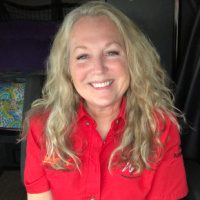
Kellylynn McLaughlin is the Women In Trucking Association’s first Driver Ambassador. In this role, she travels around the country educating those she meets about the importance of the transportation industry and shares some of the challenges drivers face within the industry. Kellylynn has a strong social media presence where she shares her experiences while out on the road, tips to help other drivers and the joys and advantages of being a professional truck driver. In addition, she is also a Professional OTR Driver and Training Engineer for Schneider. She has been a professional driver for over 6 years and operates dry van trailers. Kellylynn’s work schedule has her on the road anywhere from 6-21 days per month. Before she got in the driver’s seat, Kellylynn received a degree from the Oklahoma State University, served in the Peace Corps, worked internationally for a non-for-profit organization and was a professional instructor in passenger safety. It was as the Director of Logistics at a high school marching band that she discovered she loved everything about driving a truck and the problem solving it entailed. Kellylynn is passionate about the trucking industry and is a tireless advocate for professional drivers. In addition to training new drivers to prepare them for the challenges they will face, she is also actively involved in sharing the “driver” perspective with decision makers in the industry. She firmly believes the general public should be educated about how important truck drivers are to the American economy and seeks to raise awareness about ways to support CMV drivers to do their jobs safely through her role as the Driver Ambassador. She serves on the FMCSA MCSAC Commercial Driver Panel and was a finalist for the 2019 WIT Influential Woman in Trucking Award. Kellylynn is currently serving as a member of both the Central & North Texas Freight Advisory Committee and the North American Strategy for Competitiveness (NASCO). Connect with Kellylynn on LinkedIn.
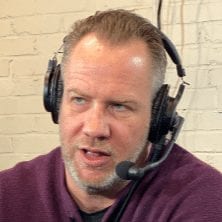
Ward Richmond is an Executive Vice President and shareholder at Colliers International (NASDAQ: CIGI). His team within Colliers specializes in working with C-level executives and operational specialists to develop and execute corporate real estate strategies on a local and global basis in an effort to maximize operational efficiencies and value. Ward’s primary focus is representing dominant logistics companies in the acquisition and disposition of “supply chain real estate”: distribution centers, truck terminals, last mile hubs, manufacturing facilities and industrial land. With over 12 years of experience, Ward has developed an unparalleled understanding of Supply Chain Real Estate strategy via negotiating 500+ transactions, globally, in 50+ cities while generating millions in value for his customers. Ward enjoys reading, writing and speaking about eCommerce and the logistics industry. He’s been featured on podcasts like the GaryVee Audio Experience and interviewed by multiple publications including The Wall Street Journal. Ward has also been a featured speaker at multiple real estate and logistics conferences around the globe. Ward currently serves on the steering committee for the Colliers International Logistics & Transportation Solutions Group and is an active member of IWLA, IAMC, and the semi-legendary, Texas Warehouse Association. Be sure to check out Ward’s blog at: www.SupplyChainRealEstate.com and learn more about Colliers International here: https://www2.colliers.com/en
Hosts
Additional Links & Resources
WEBINAR- State of the Supply Chain Report – Priorities for Building Resiliency in Your Supply Network
